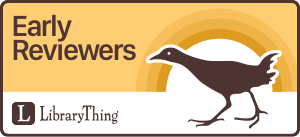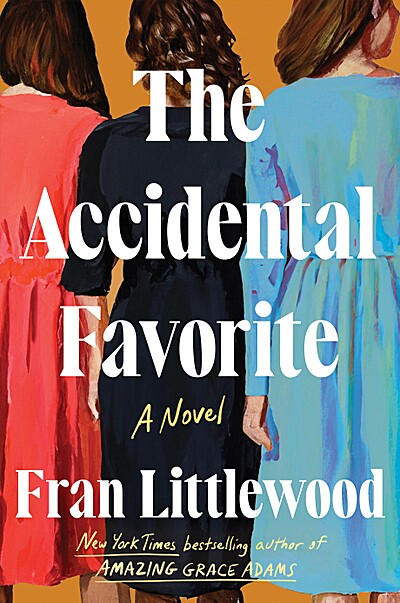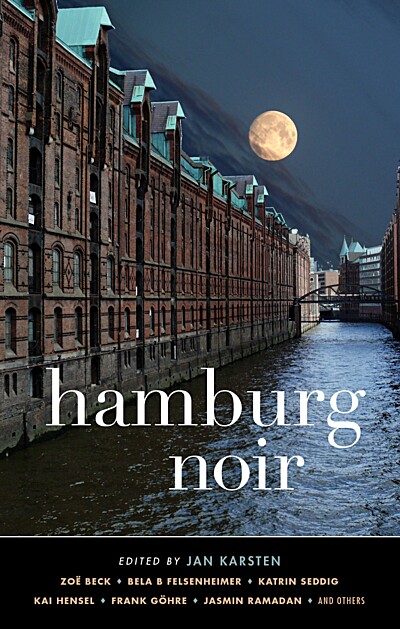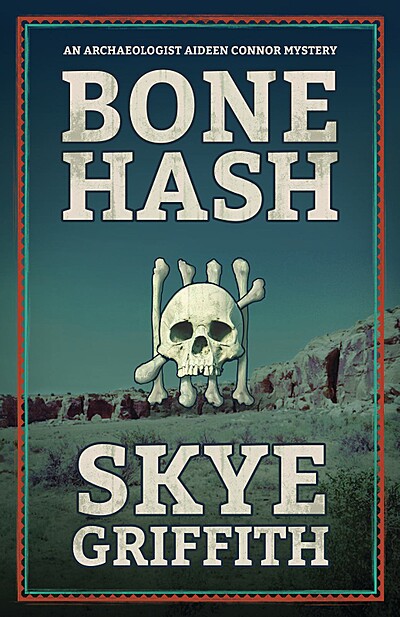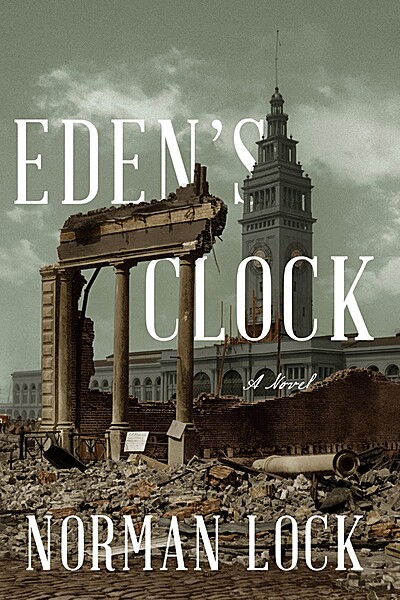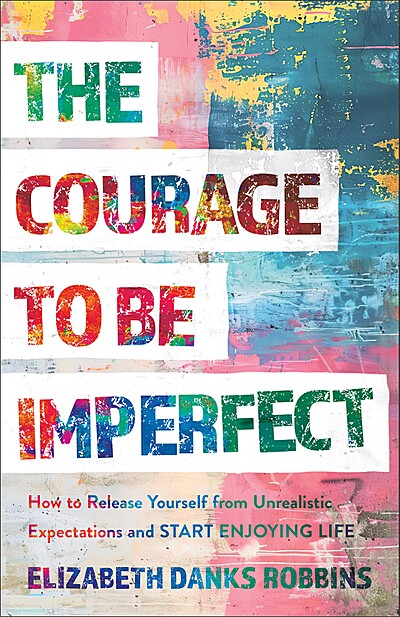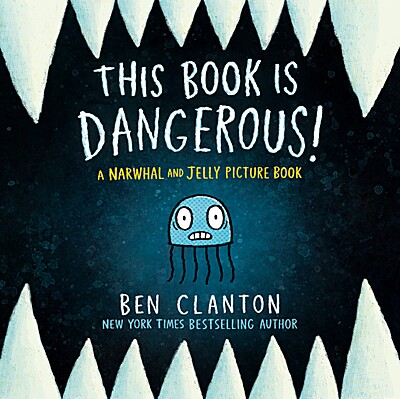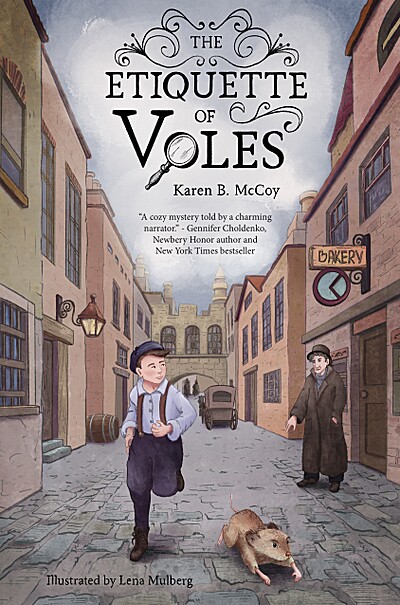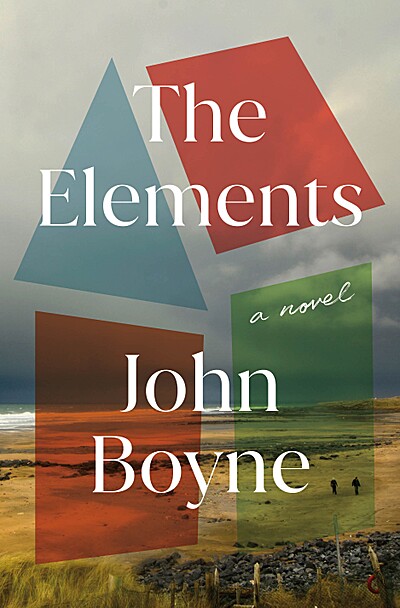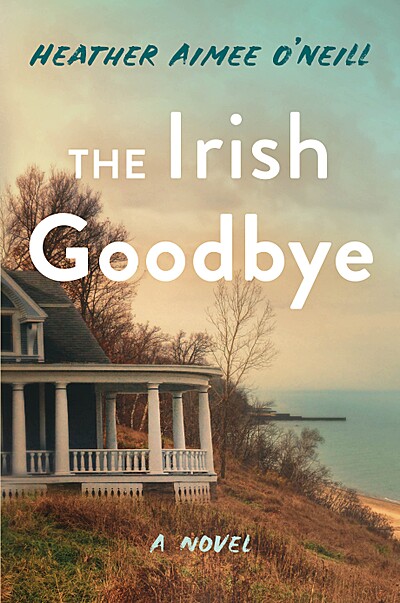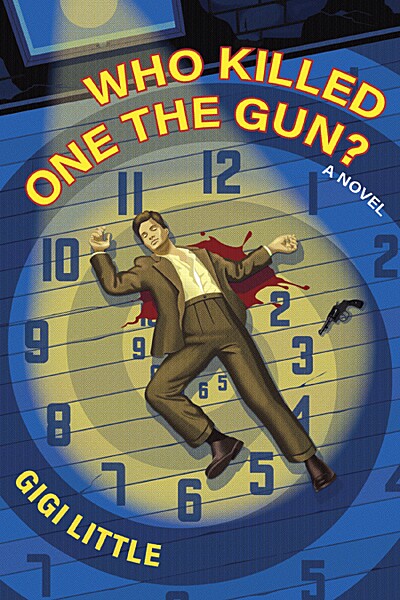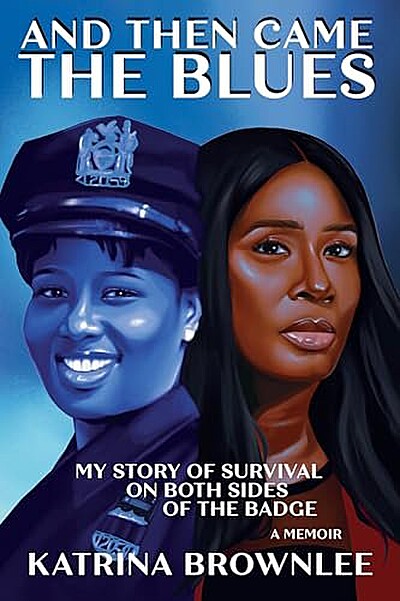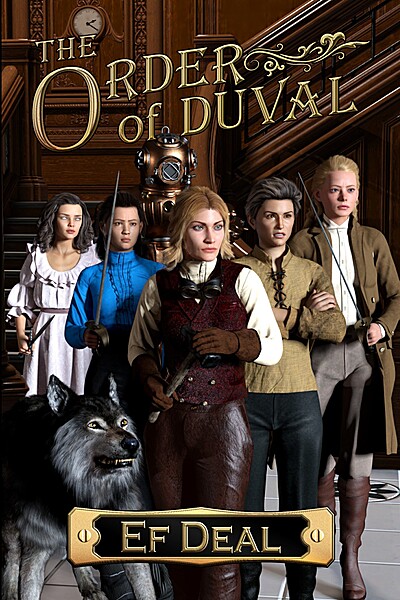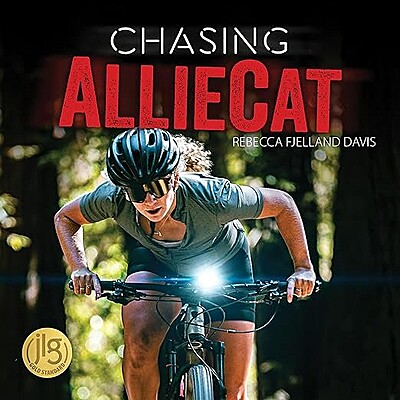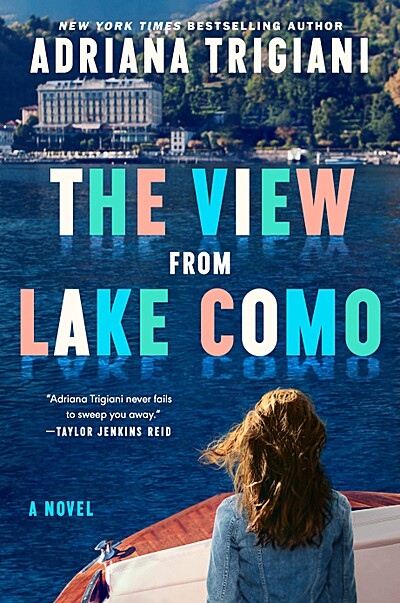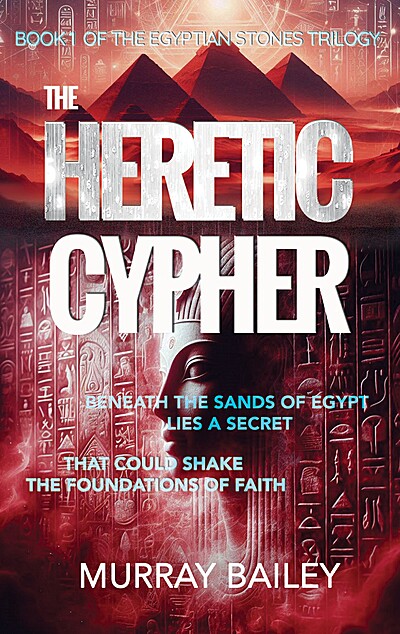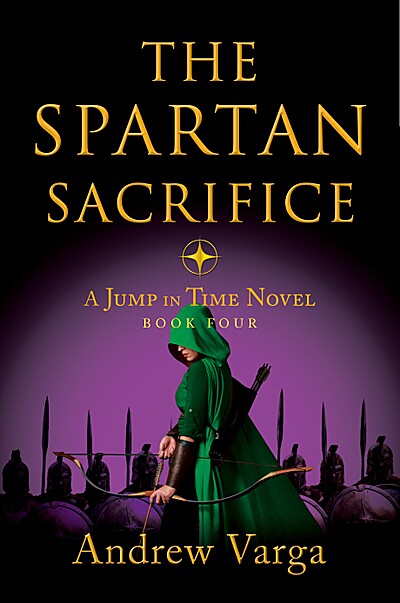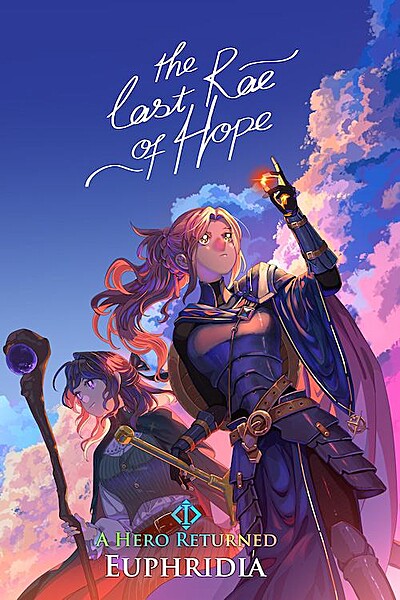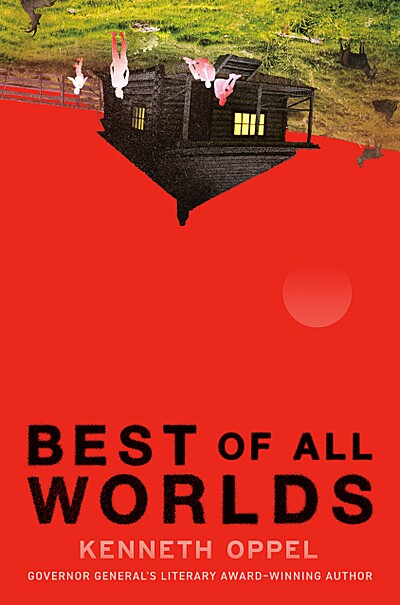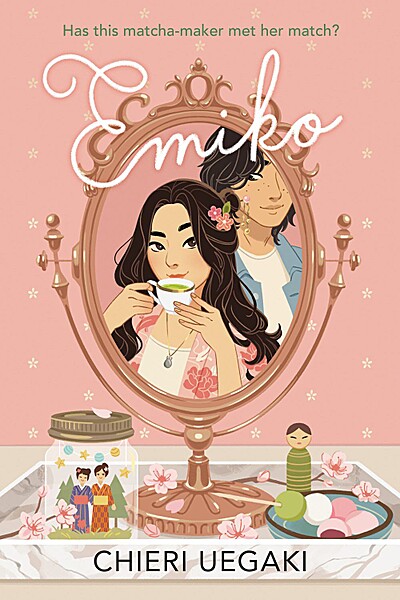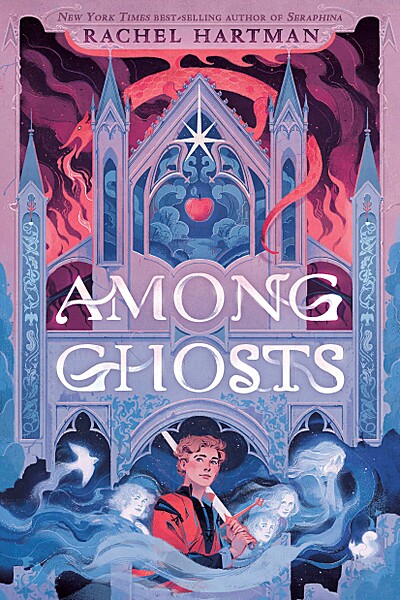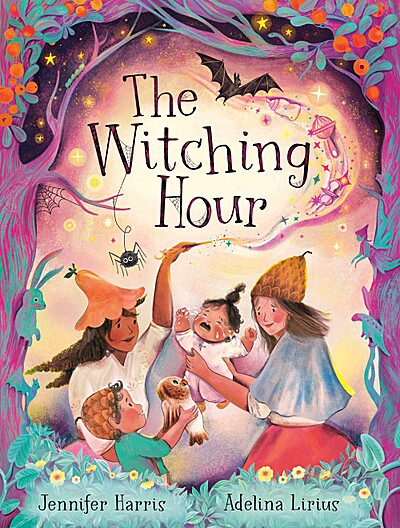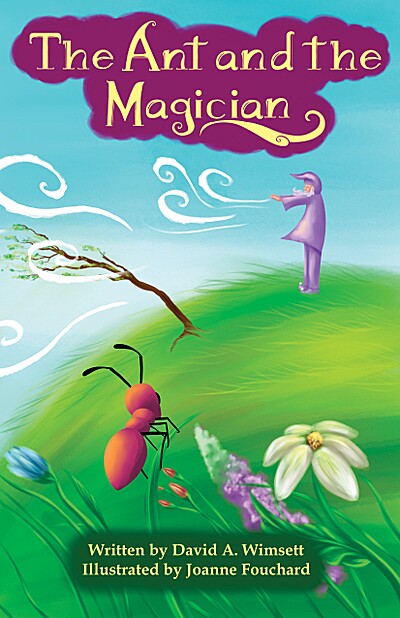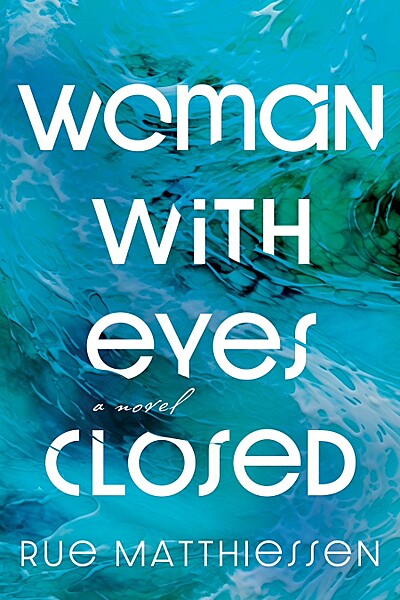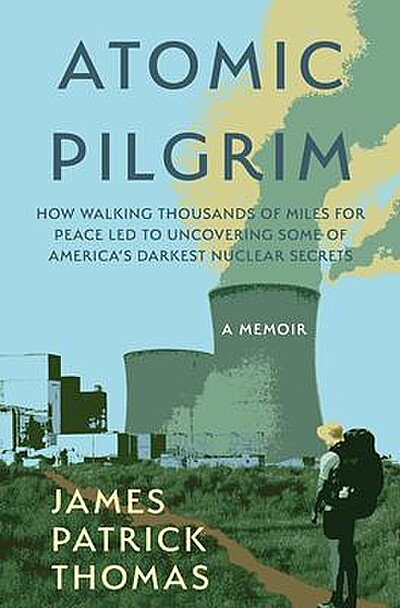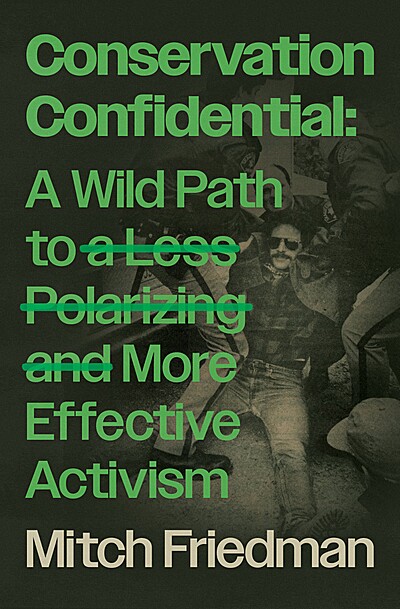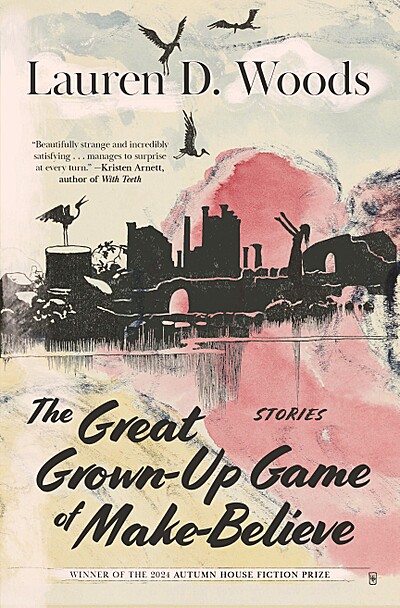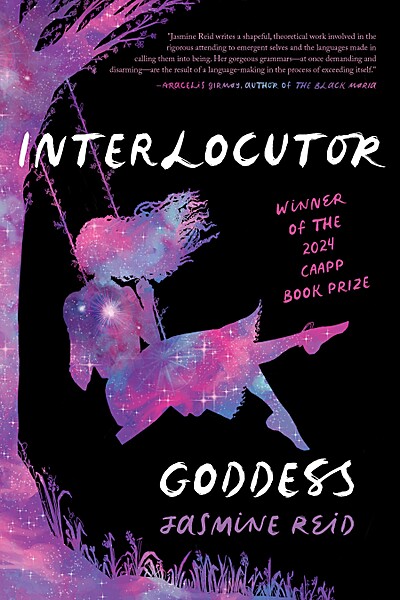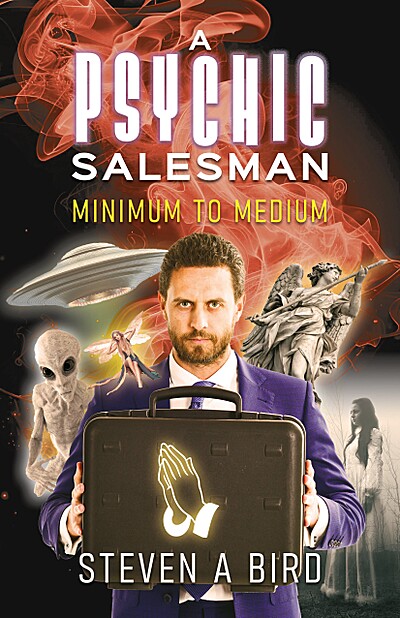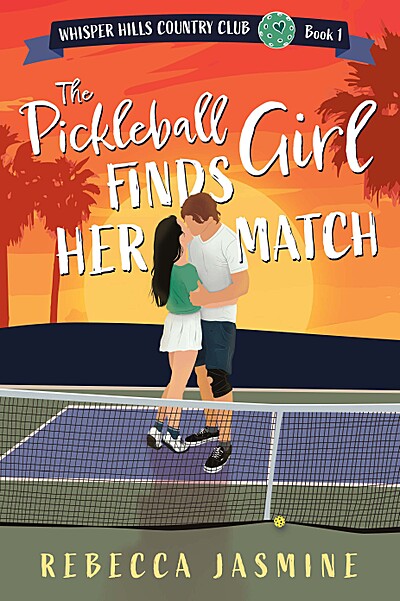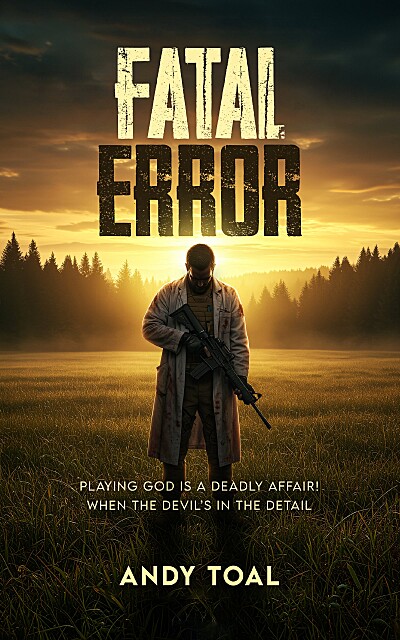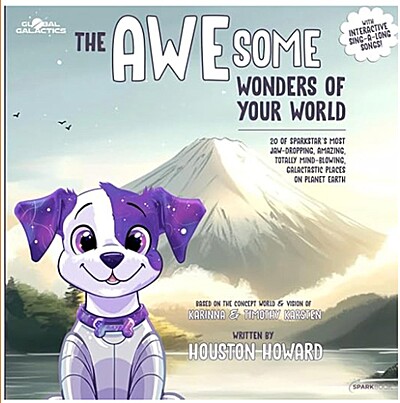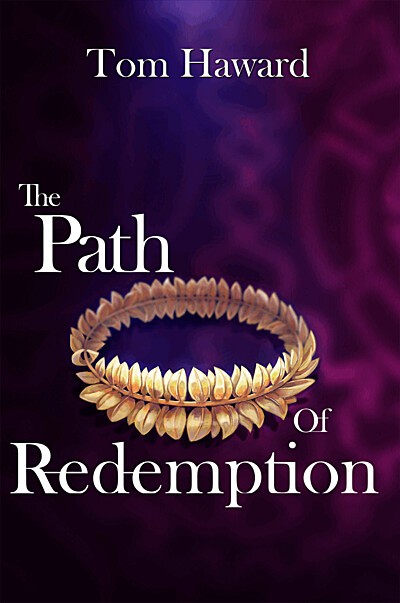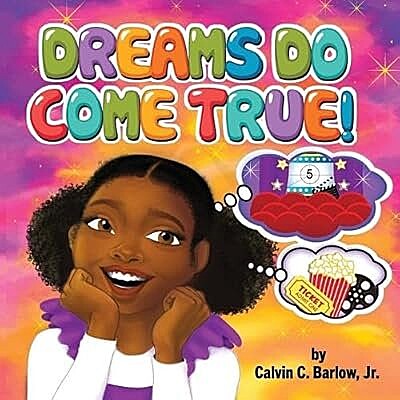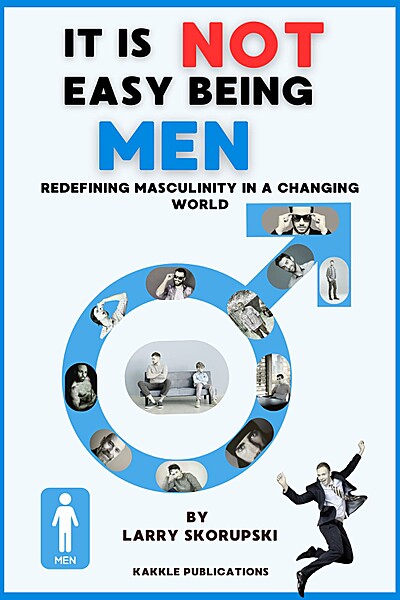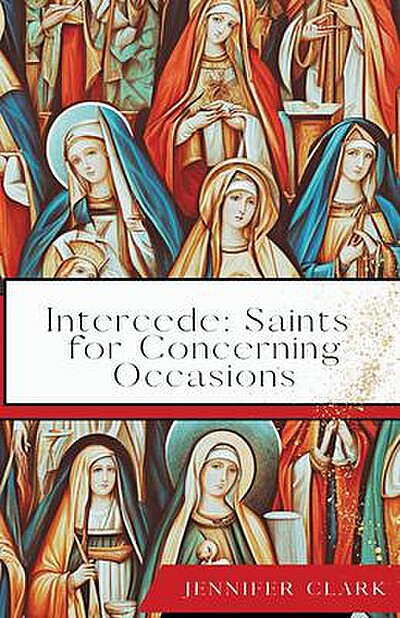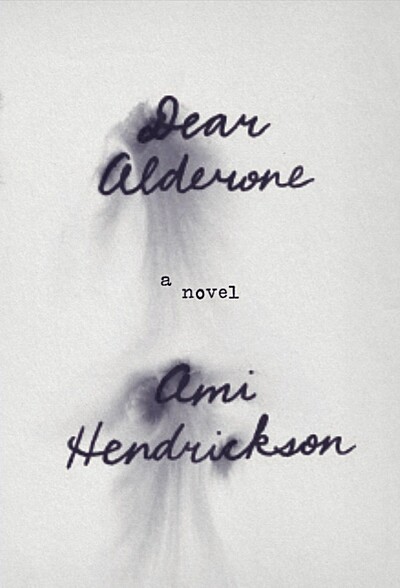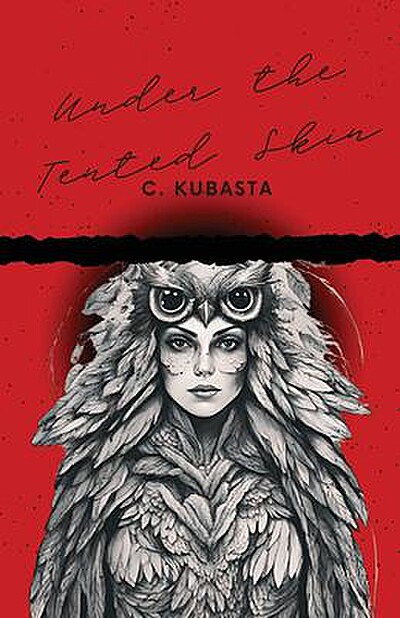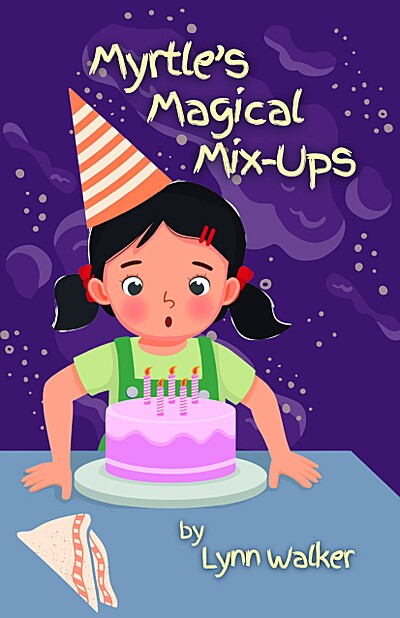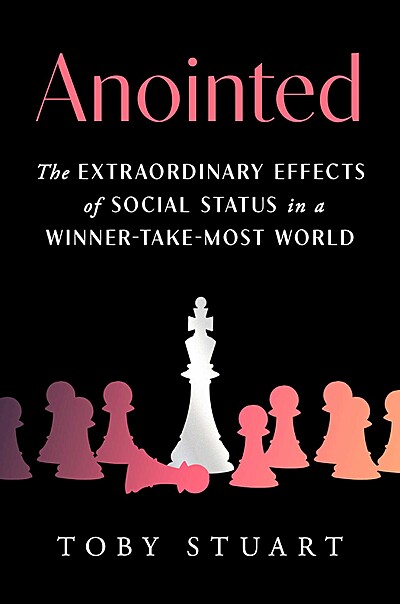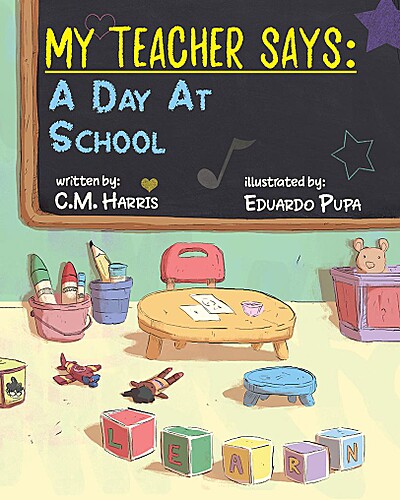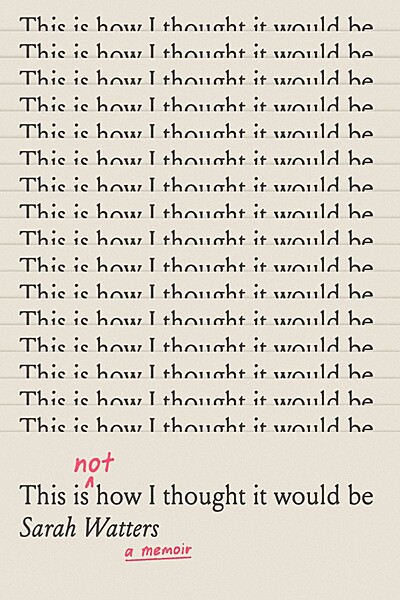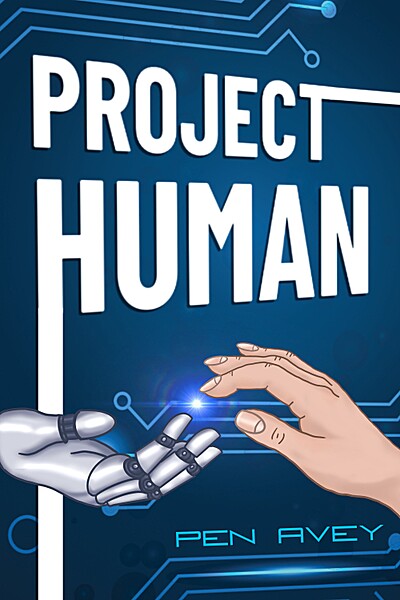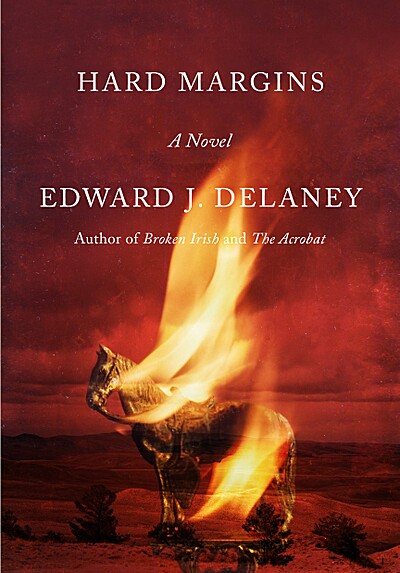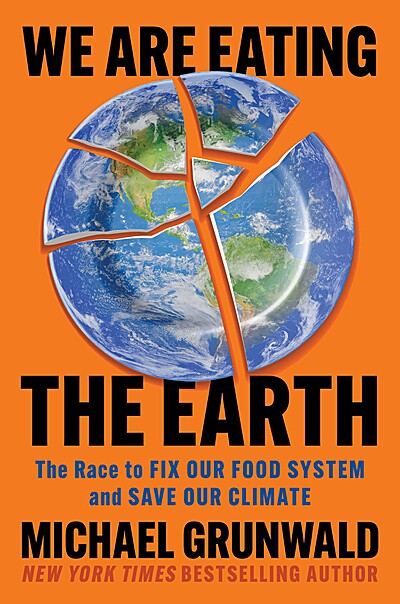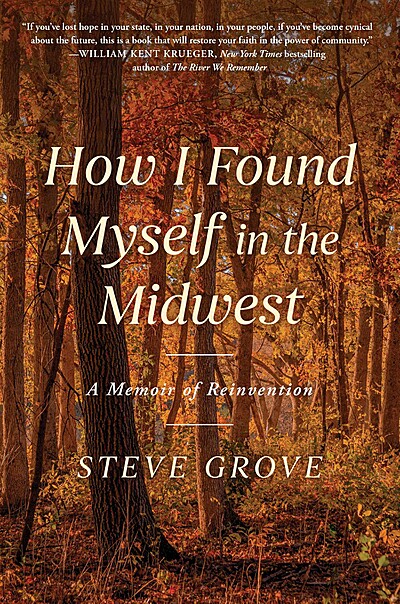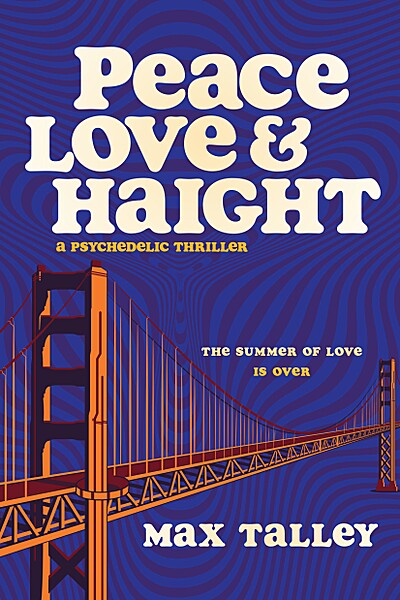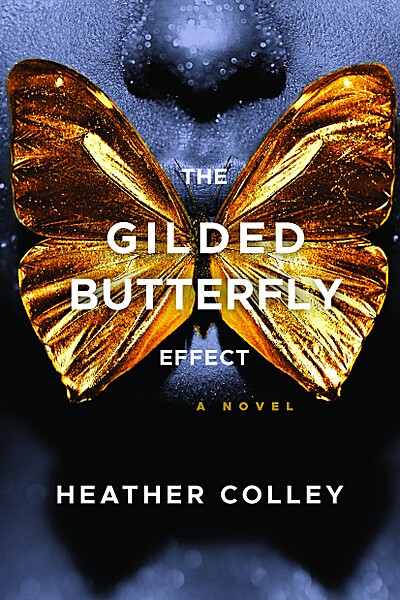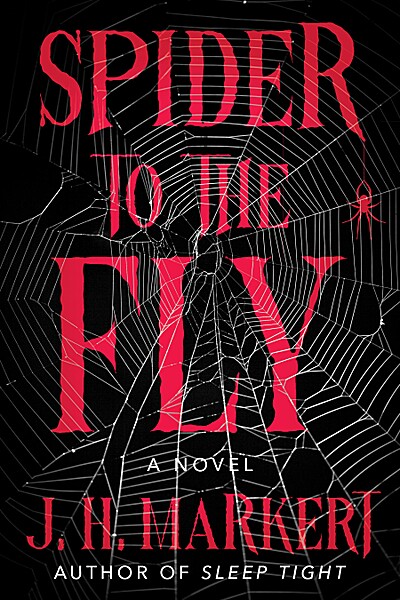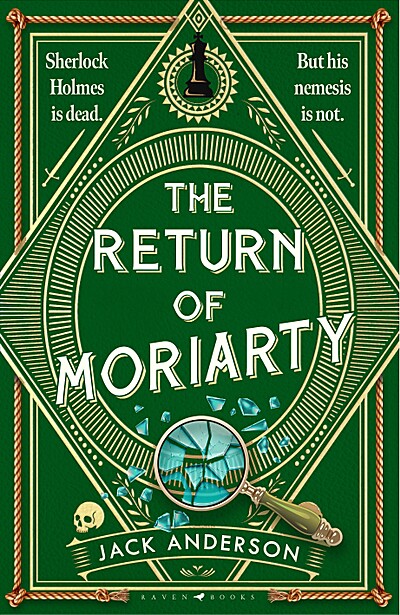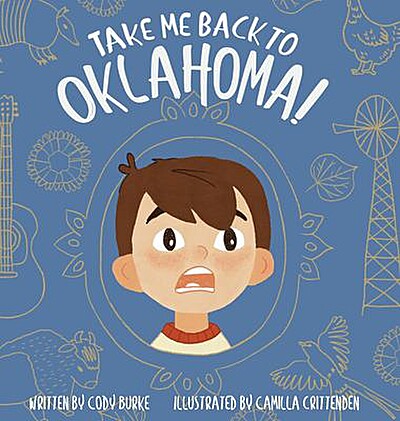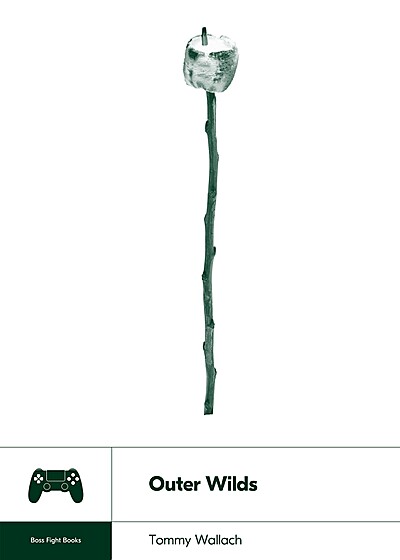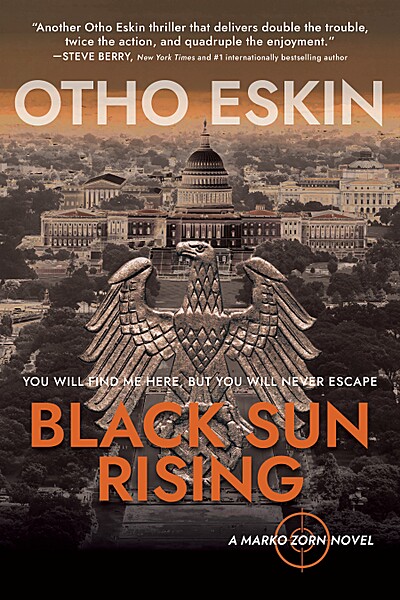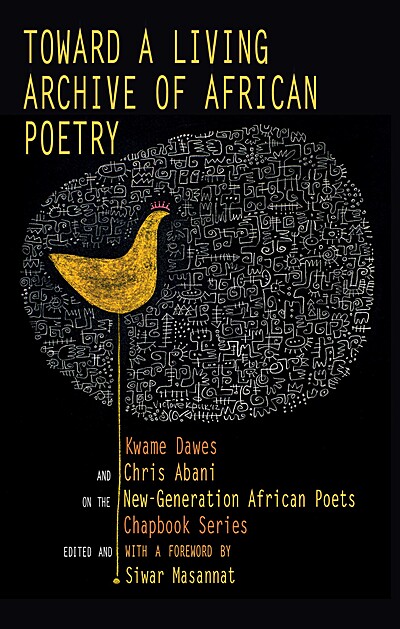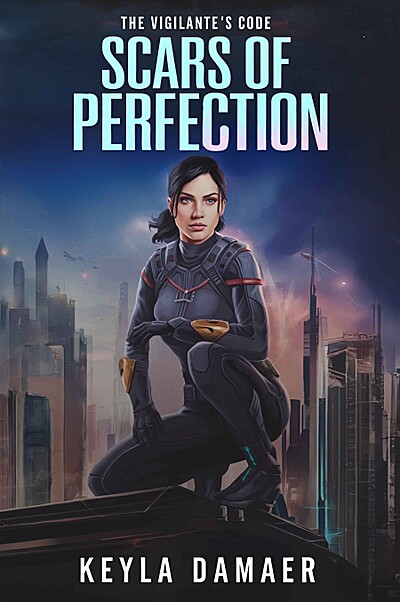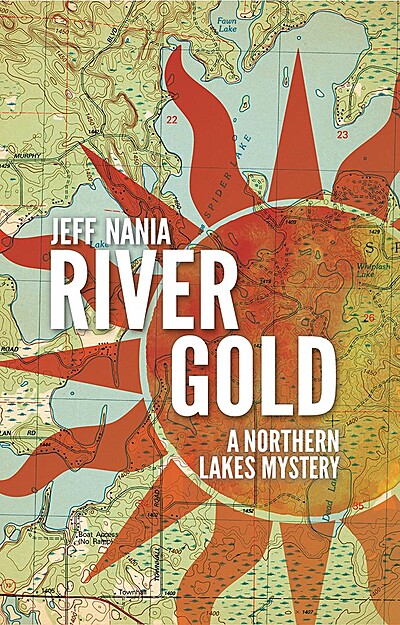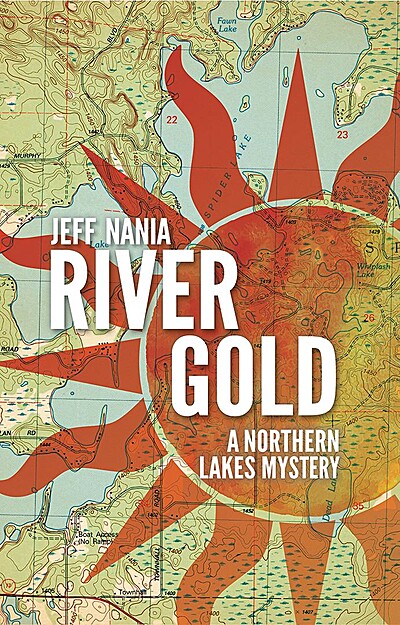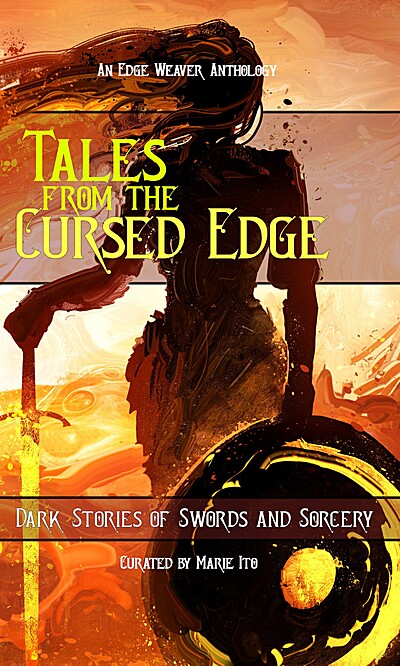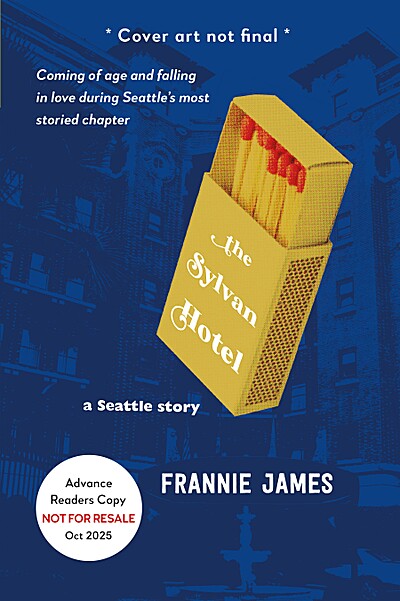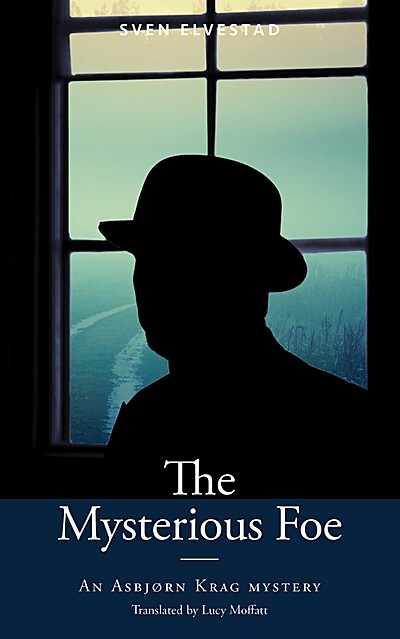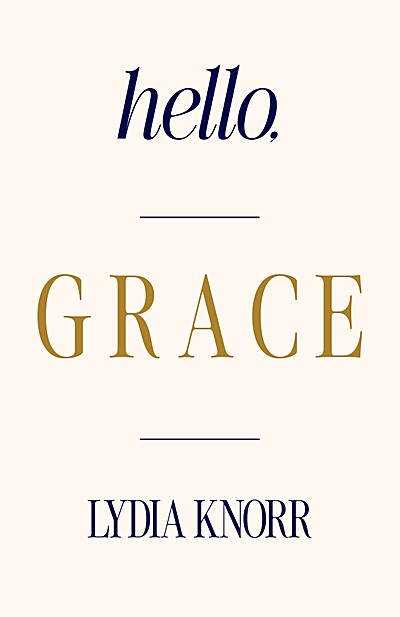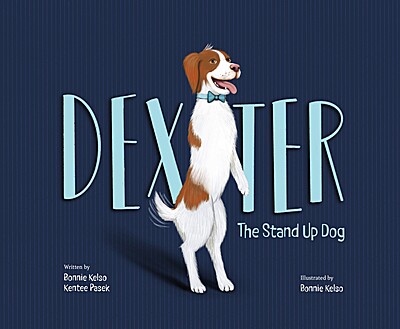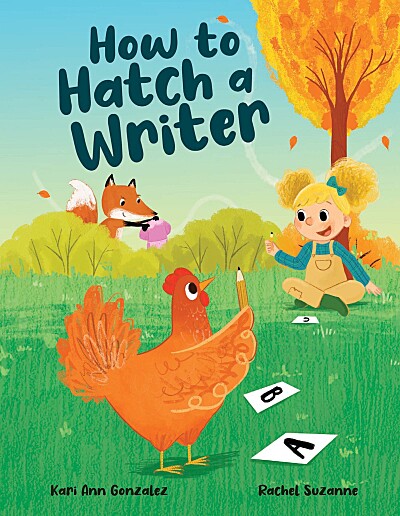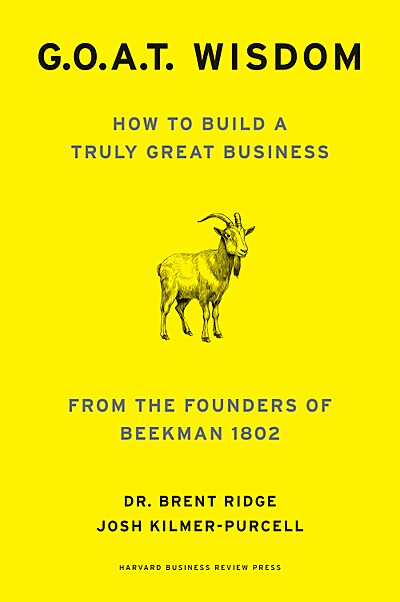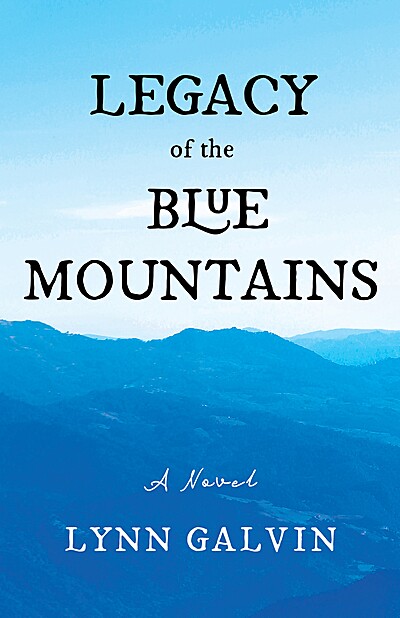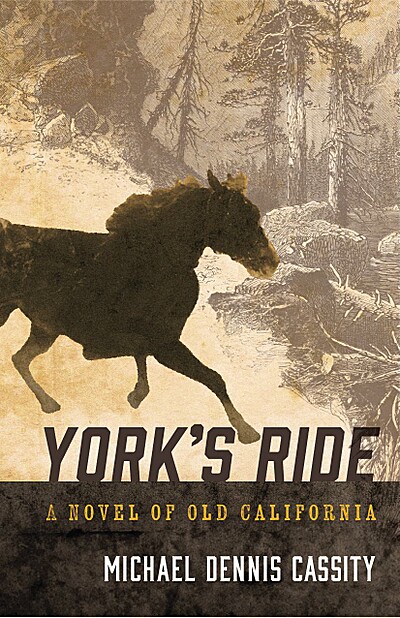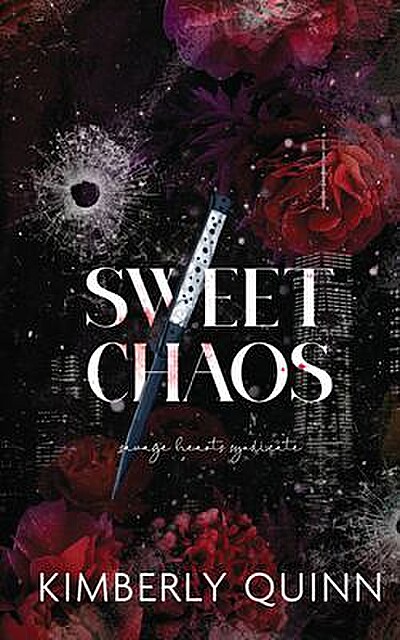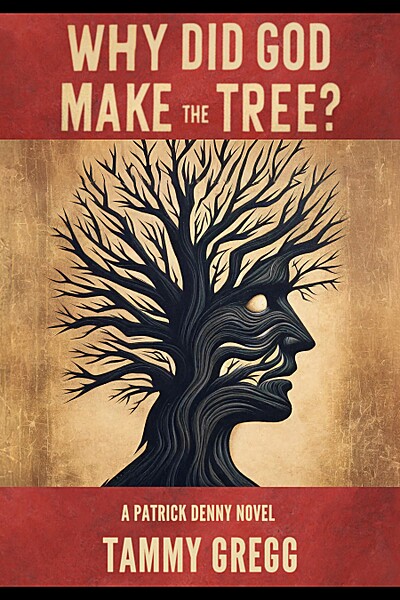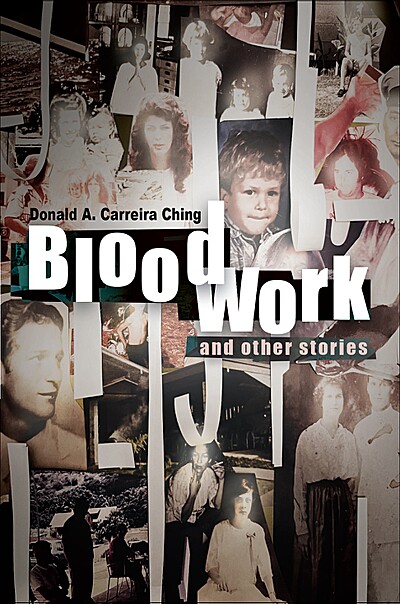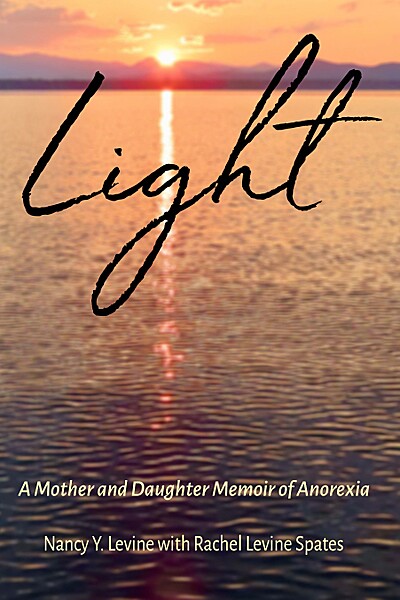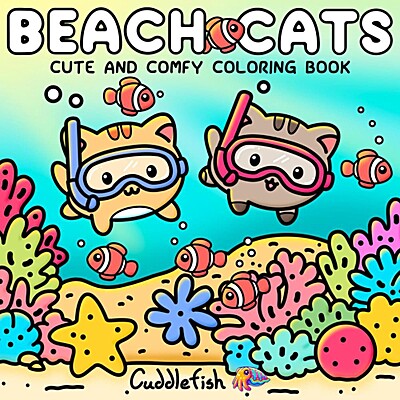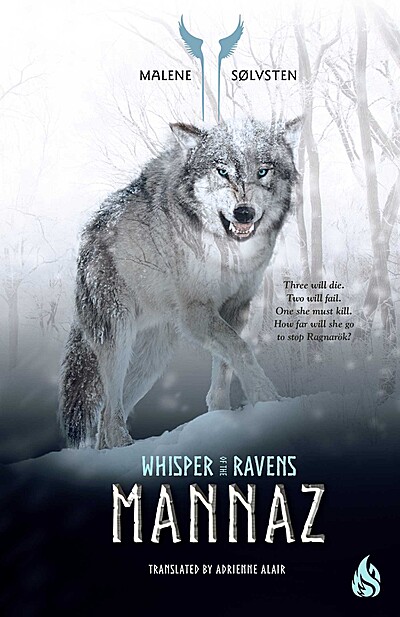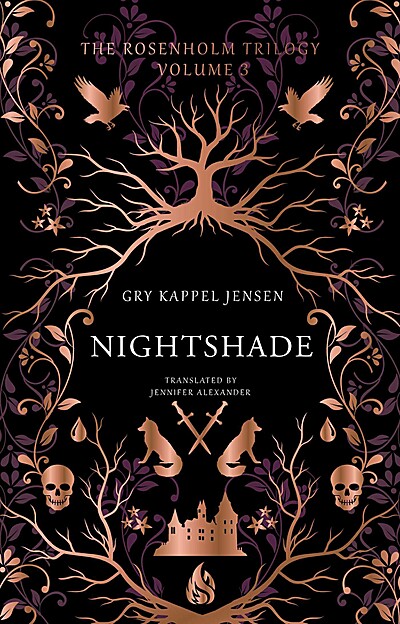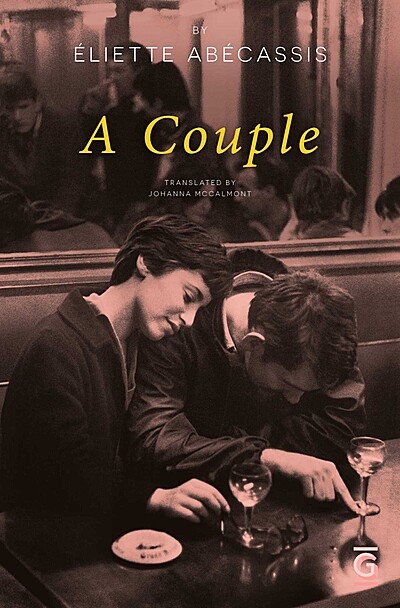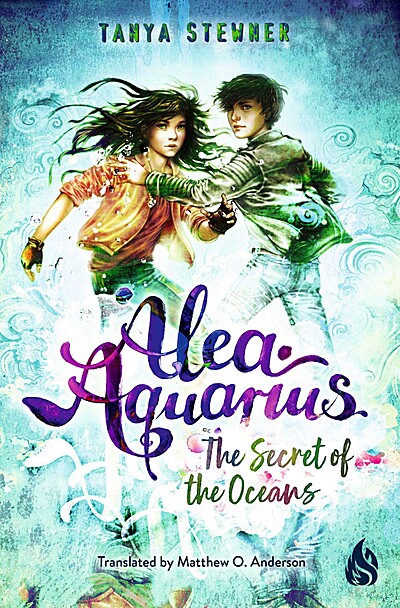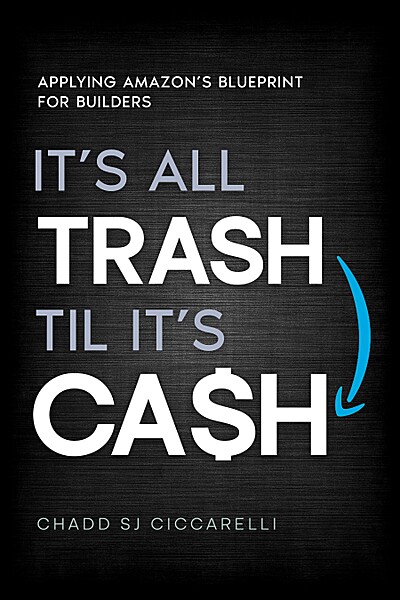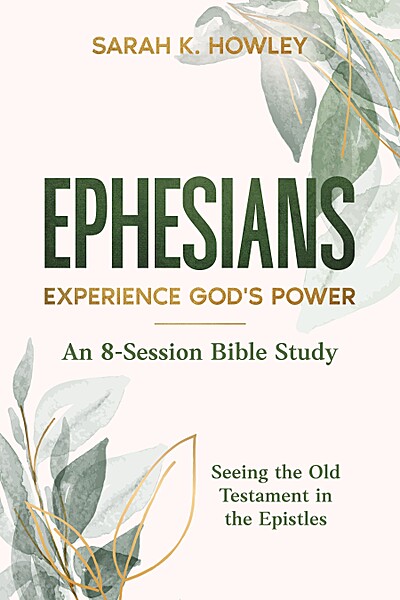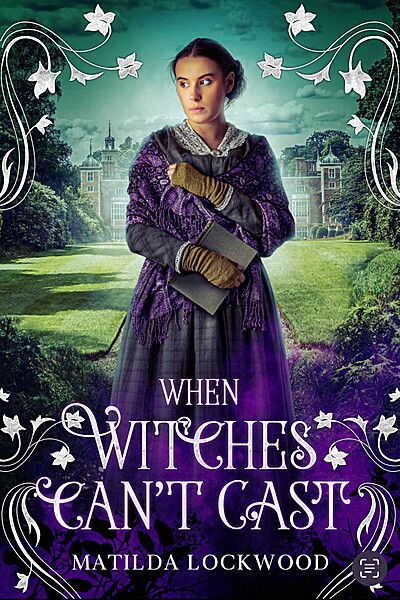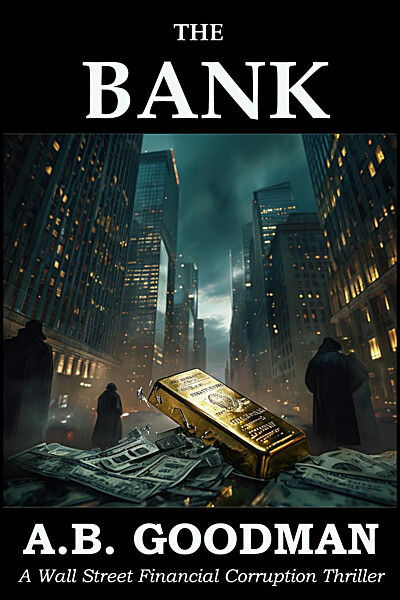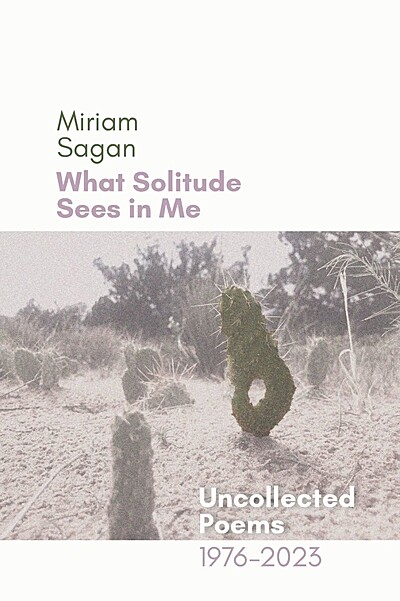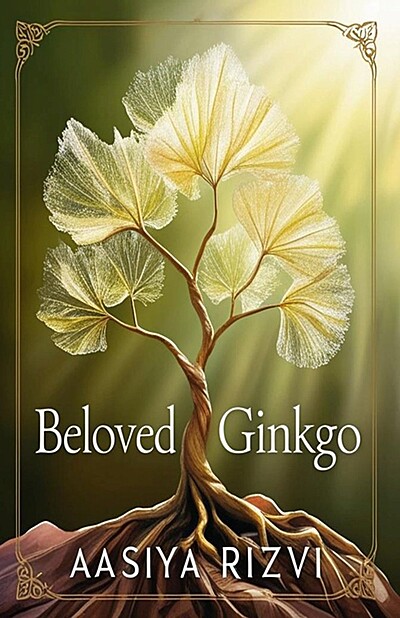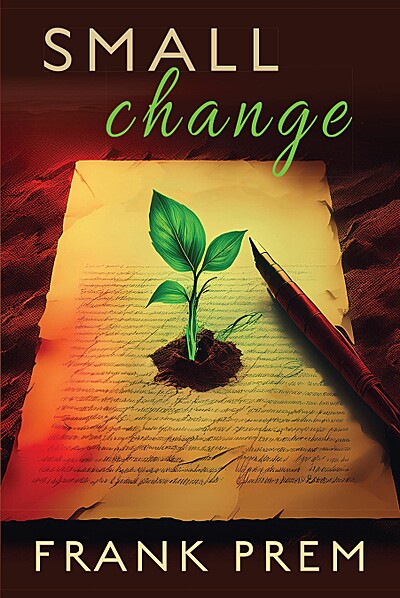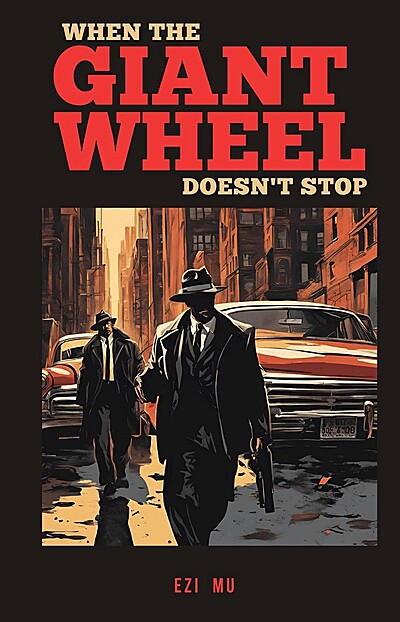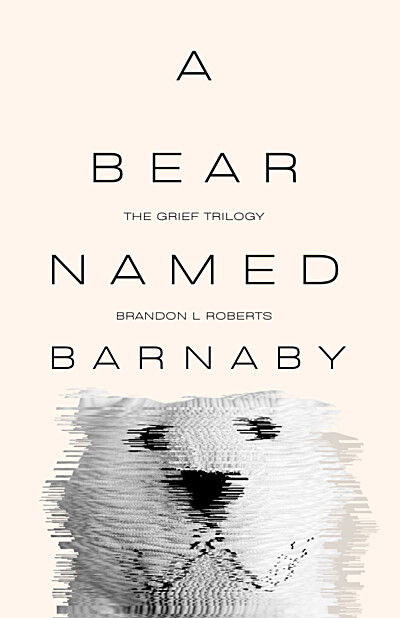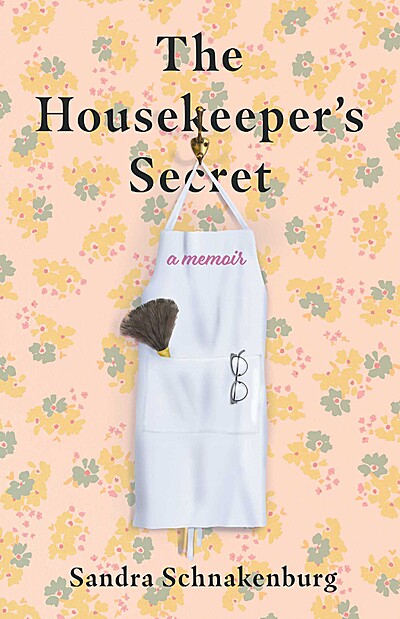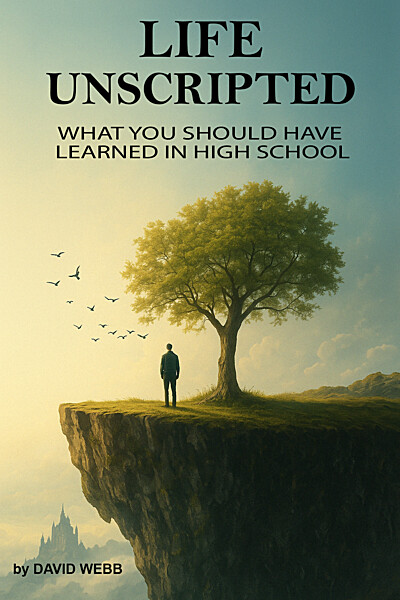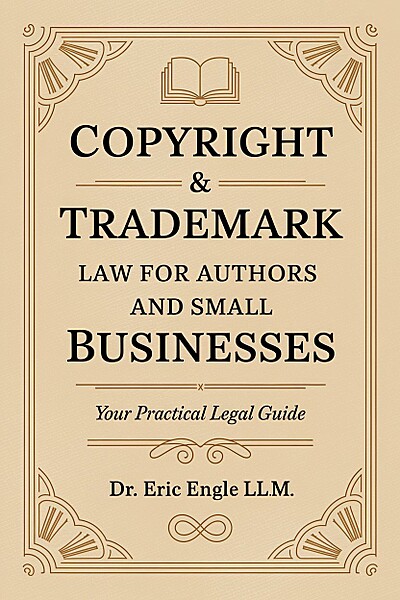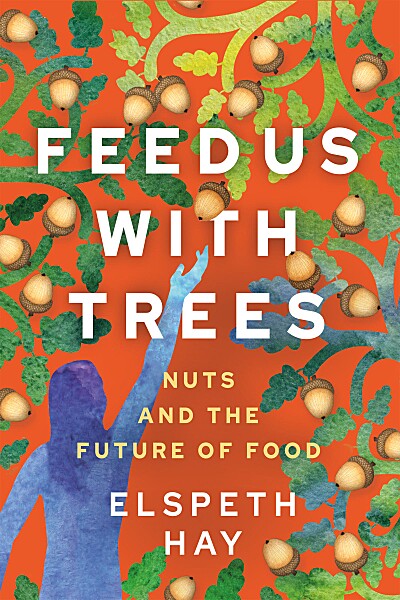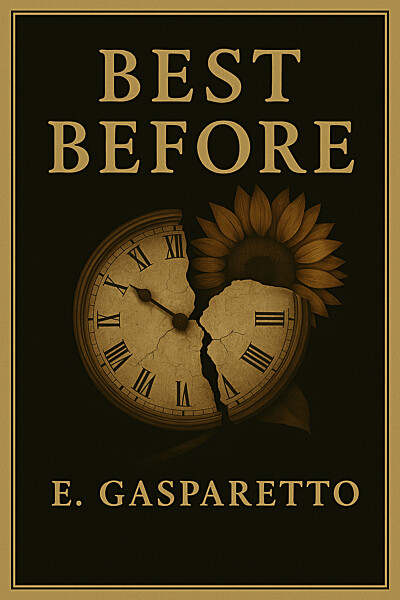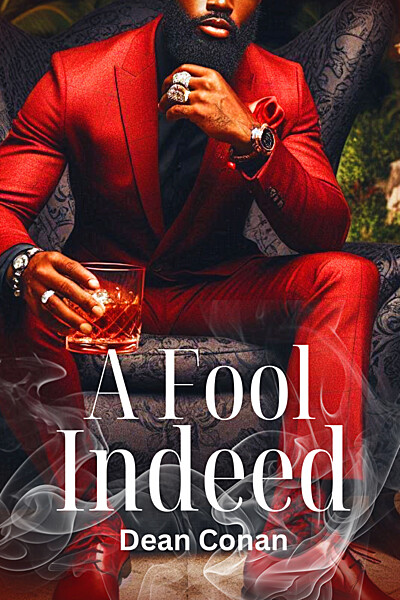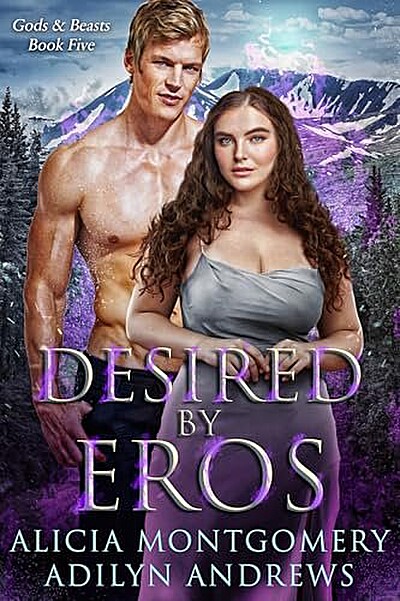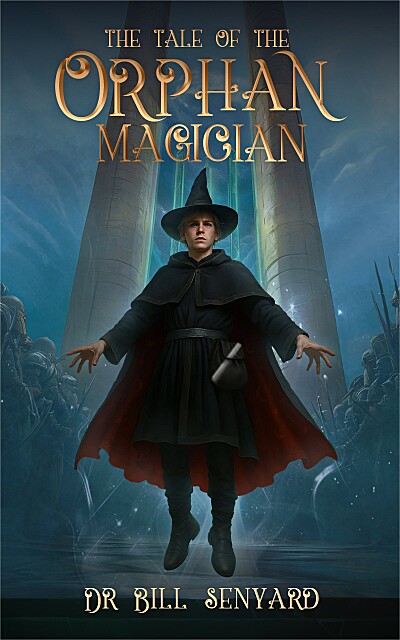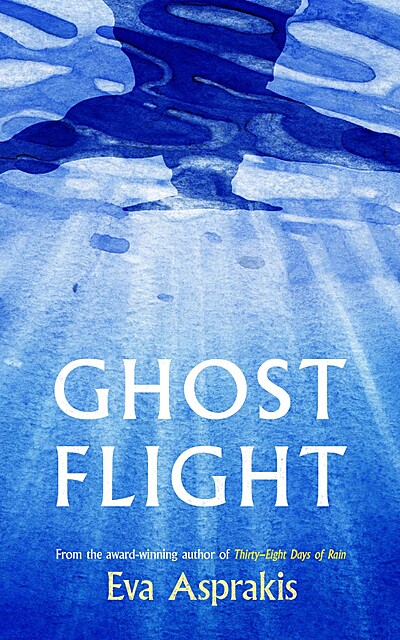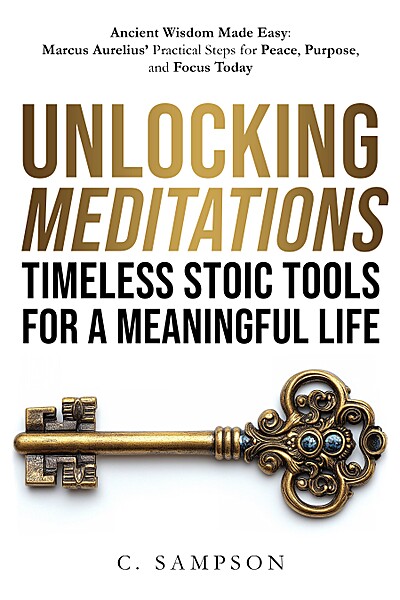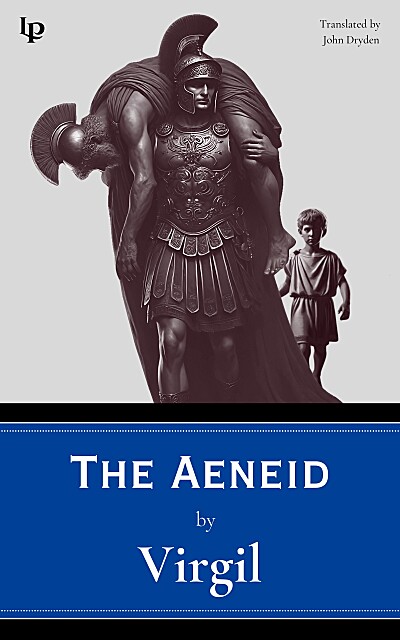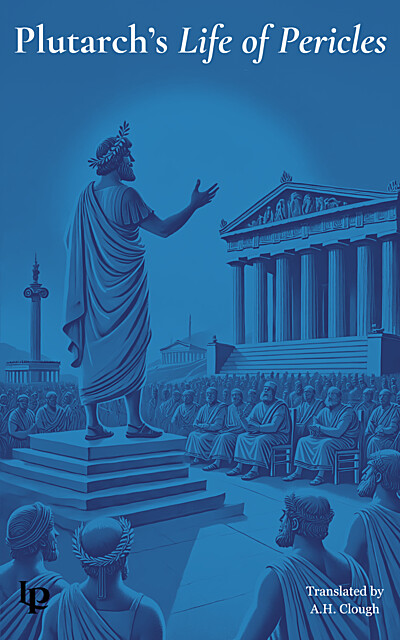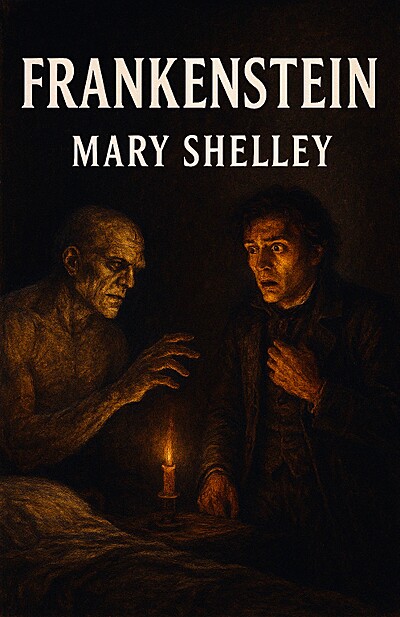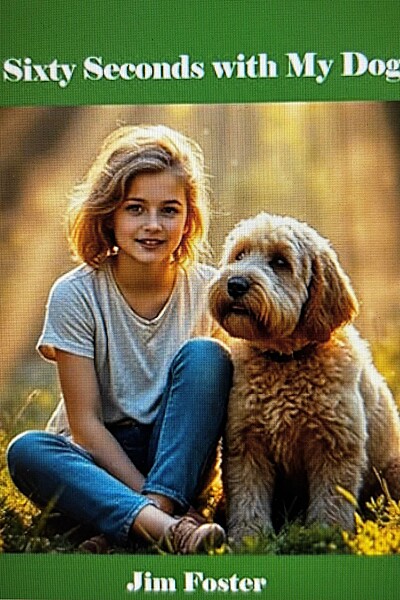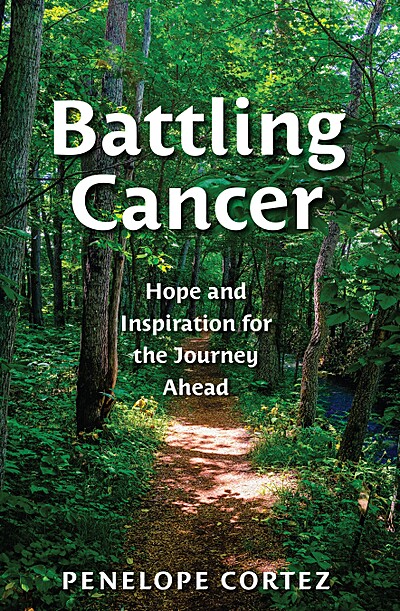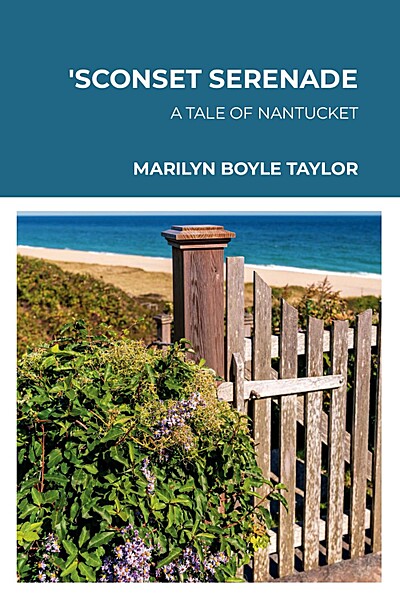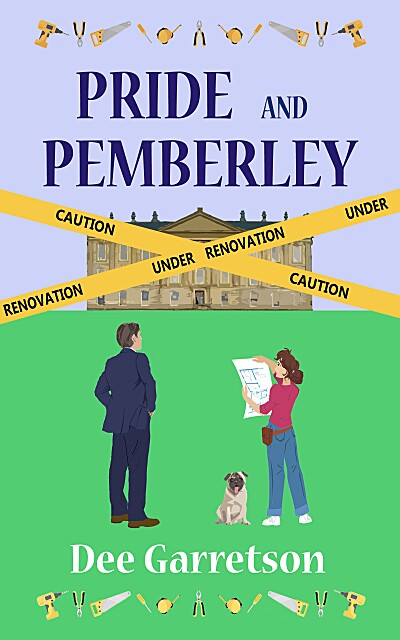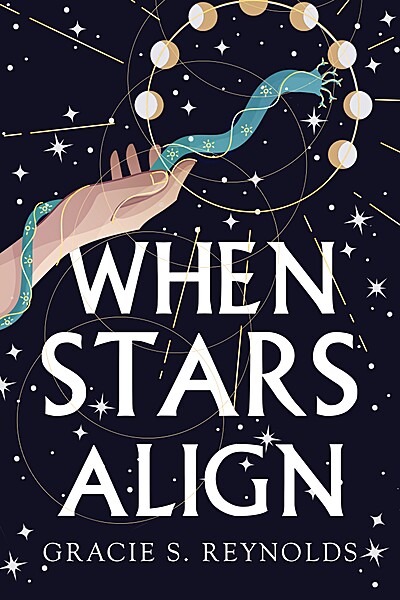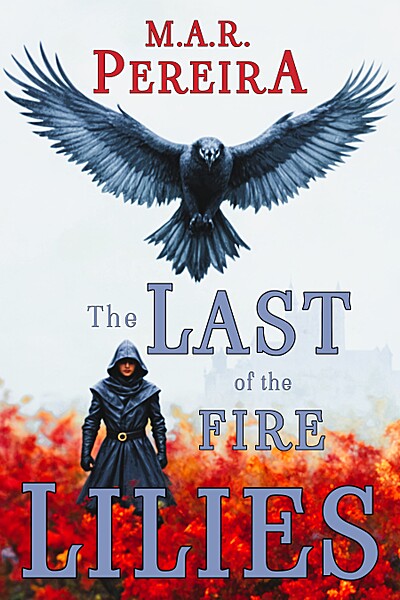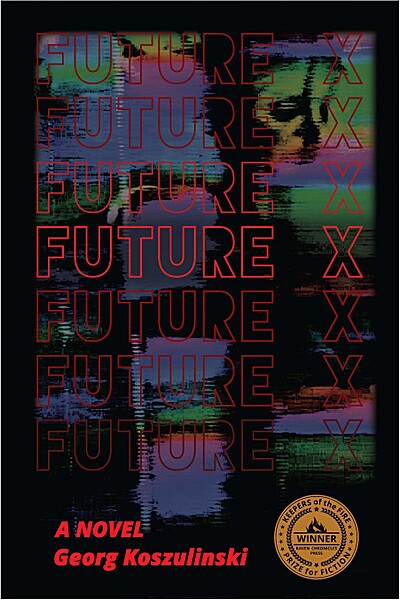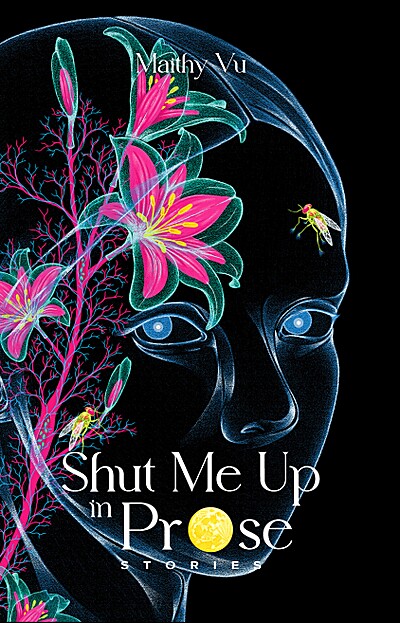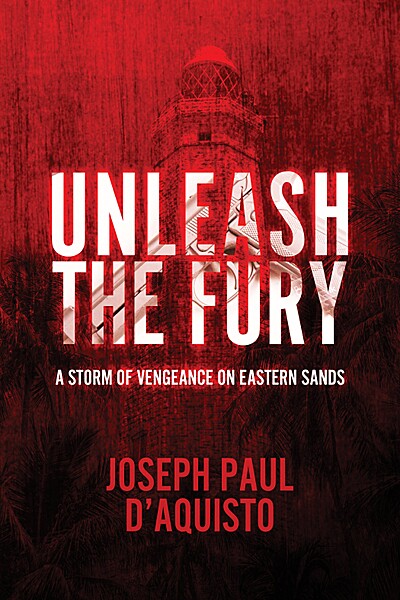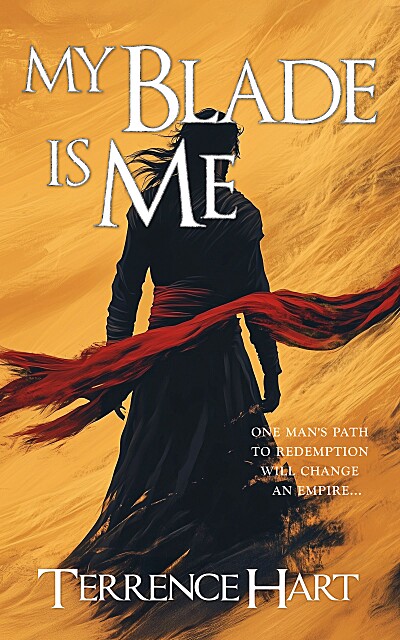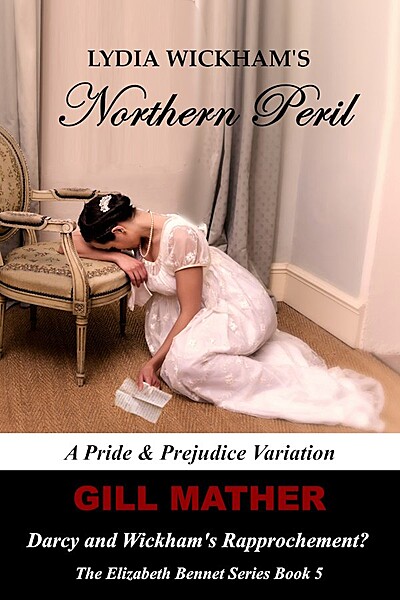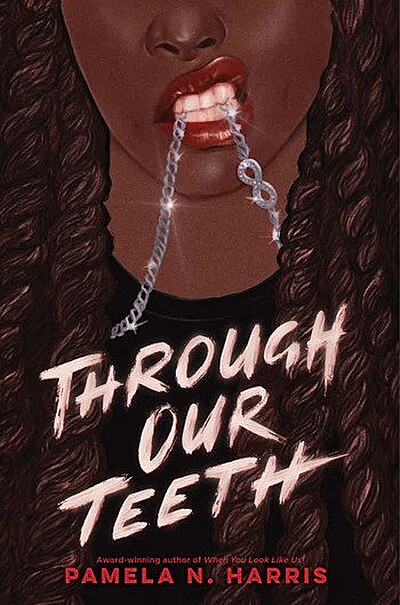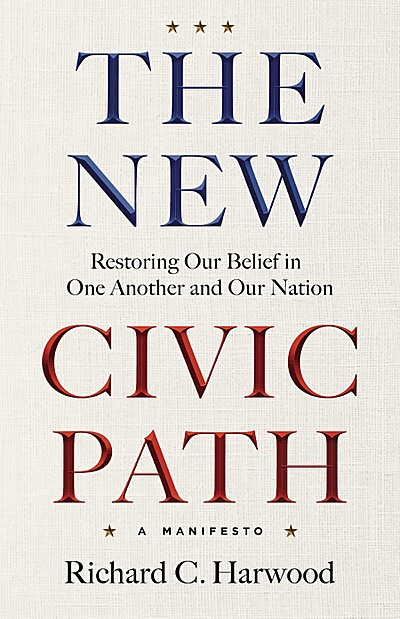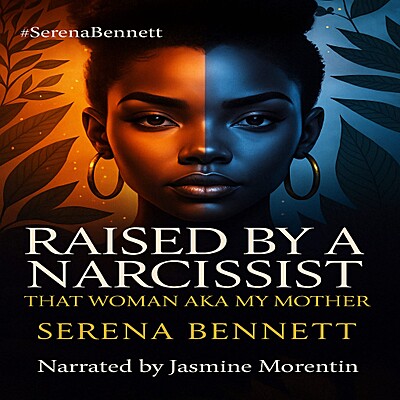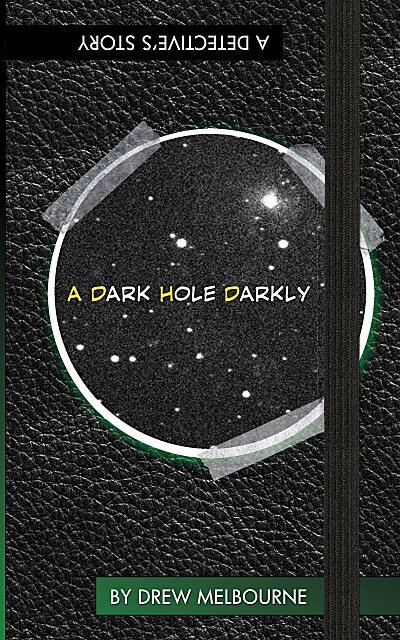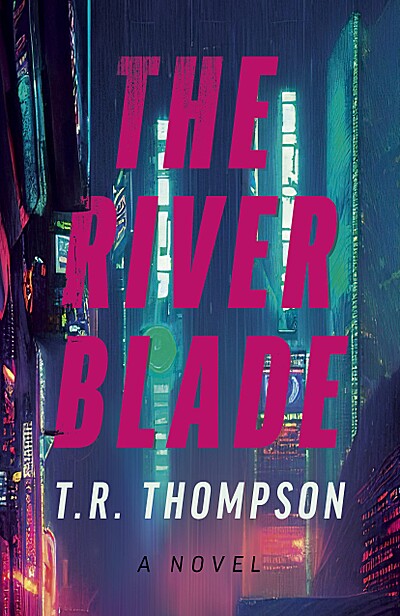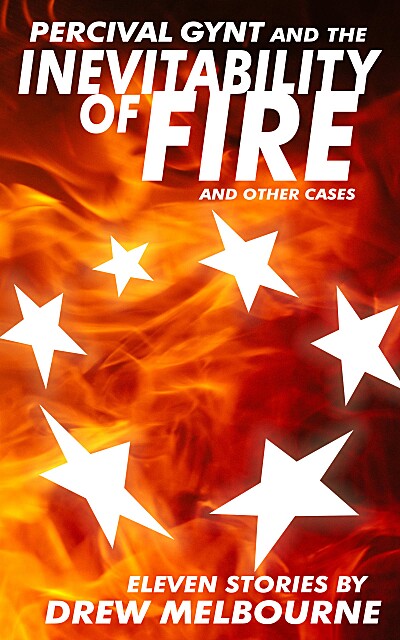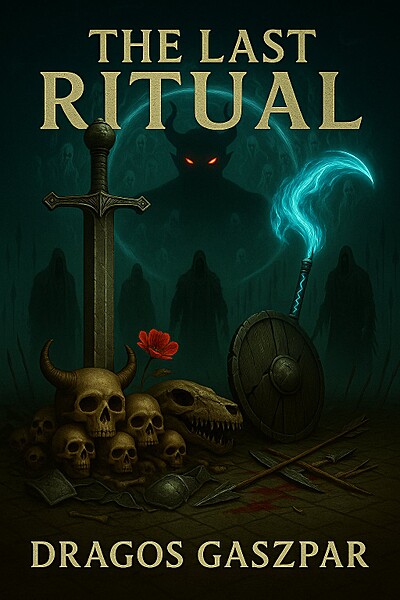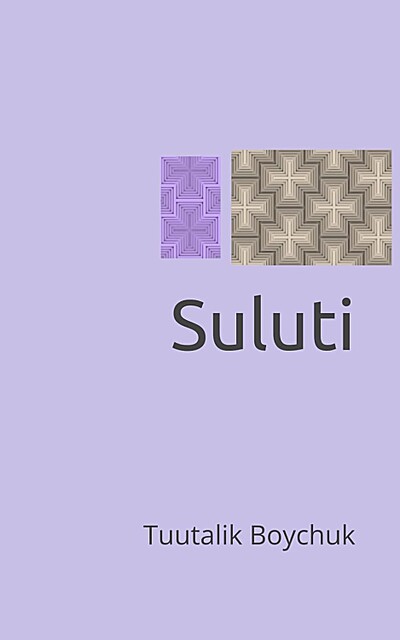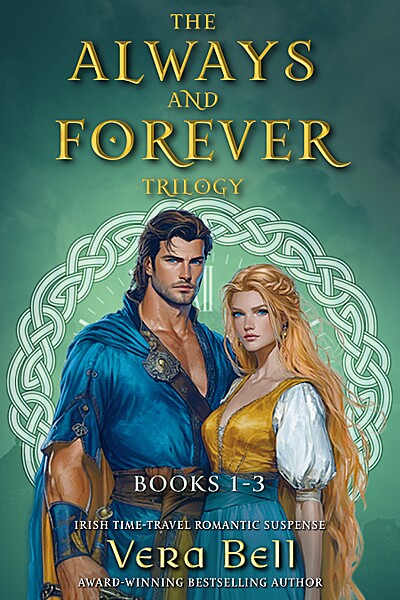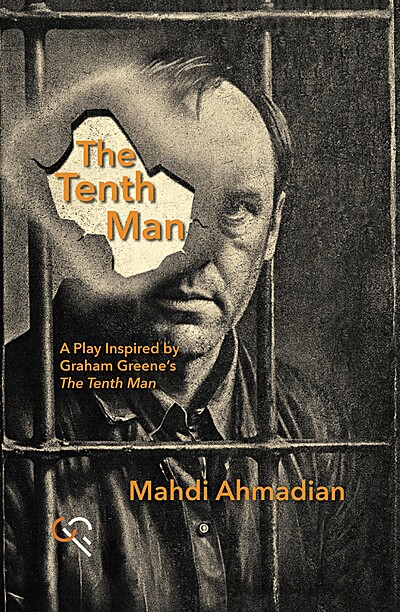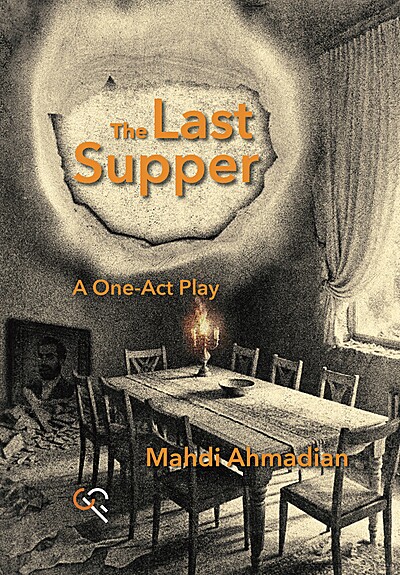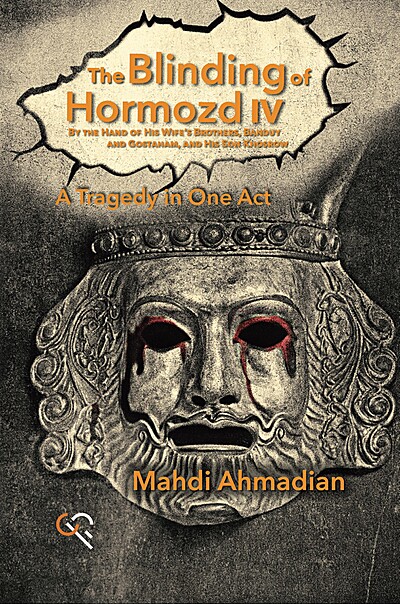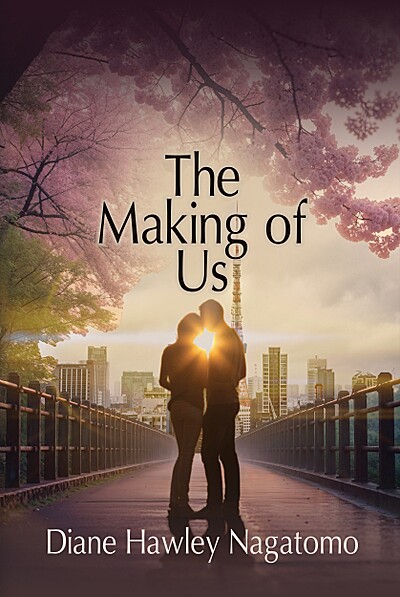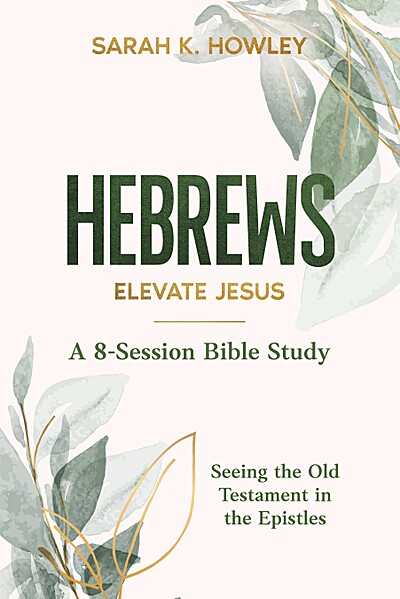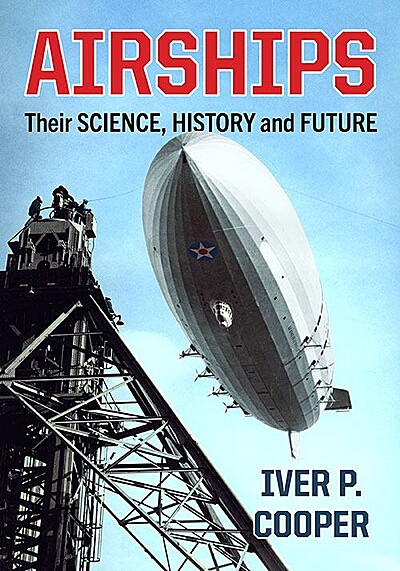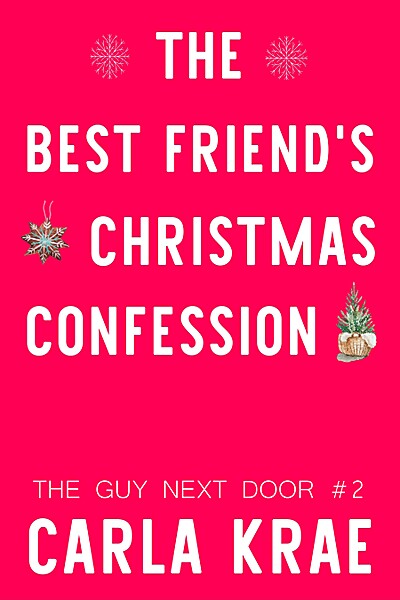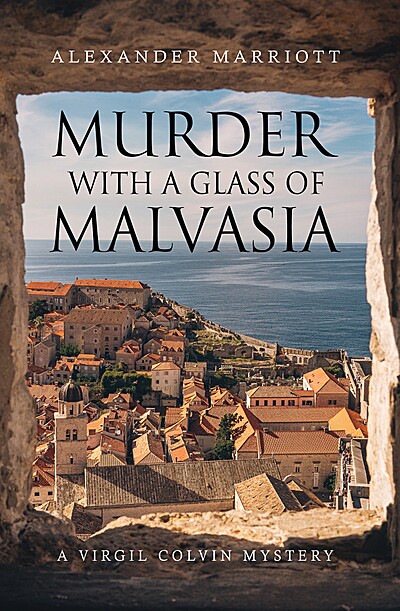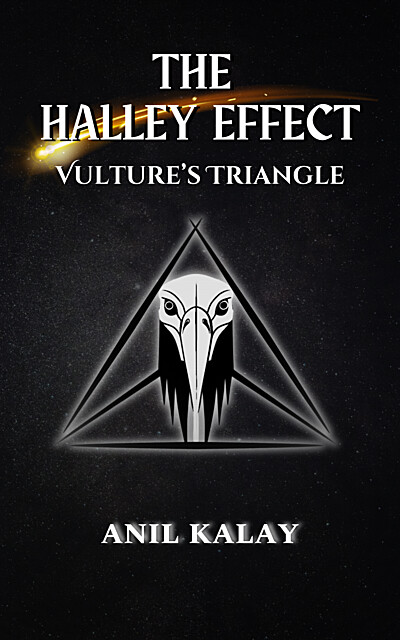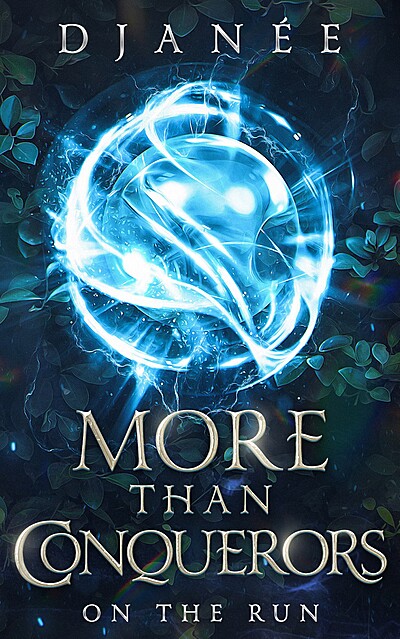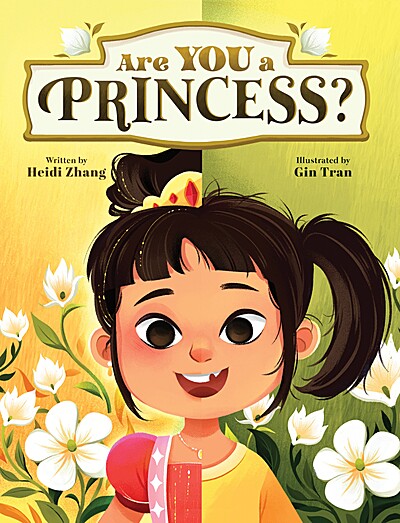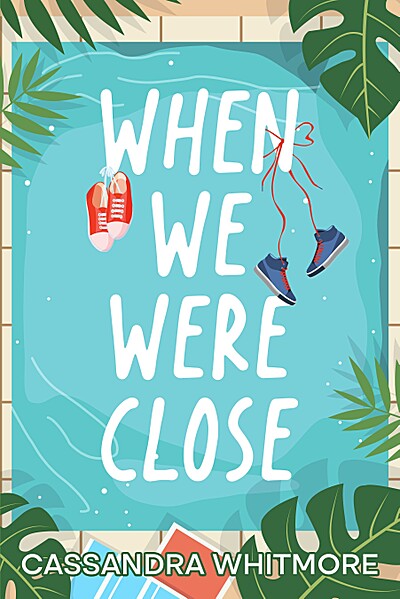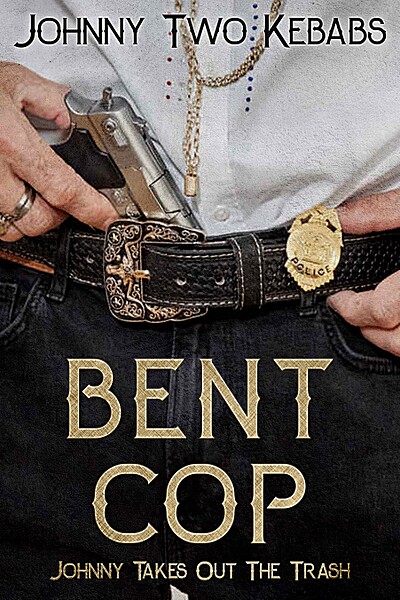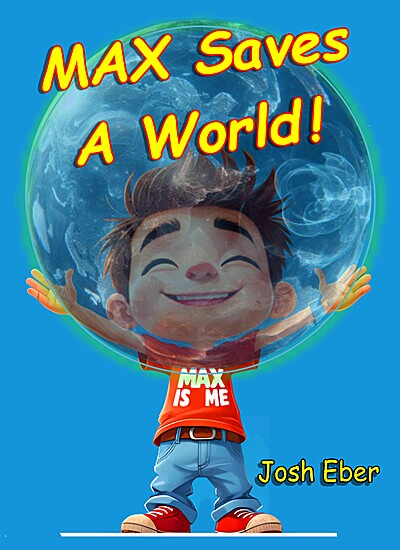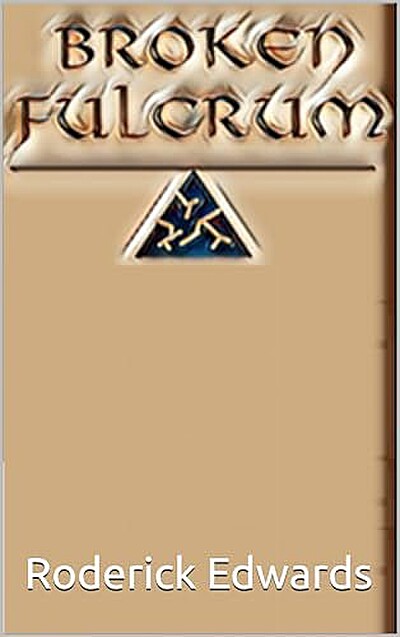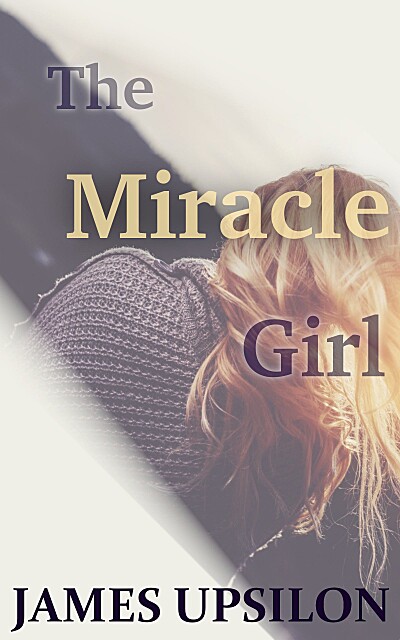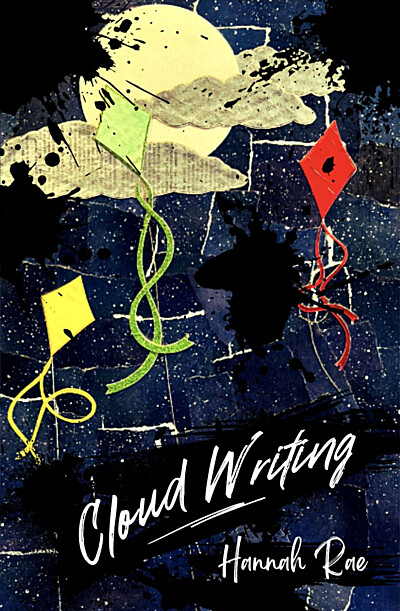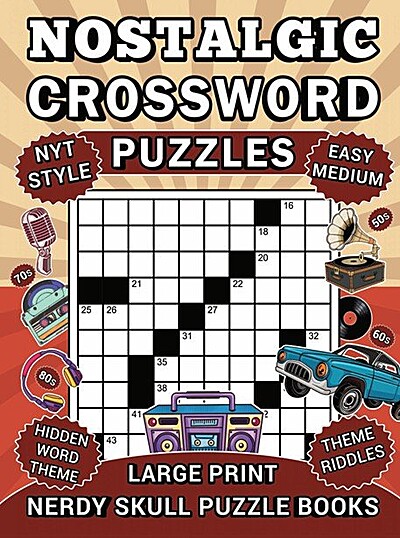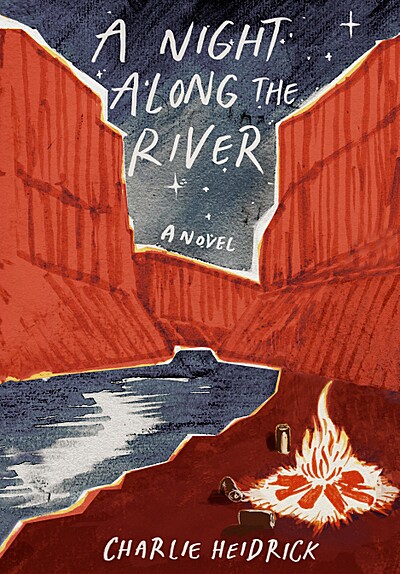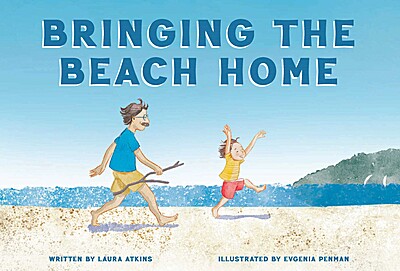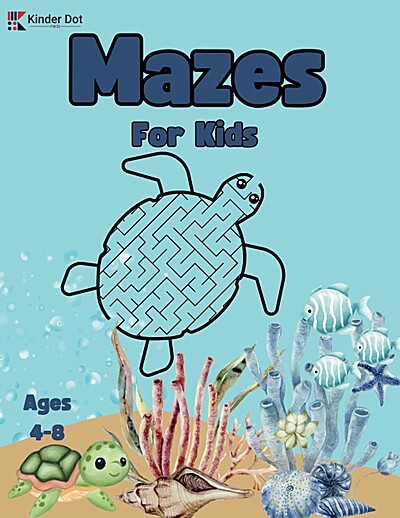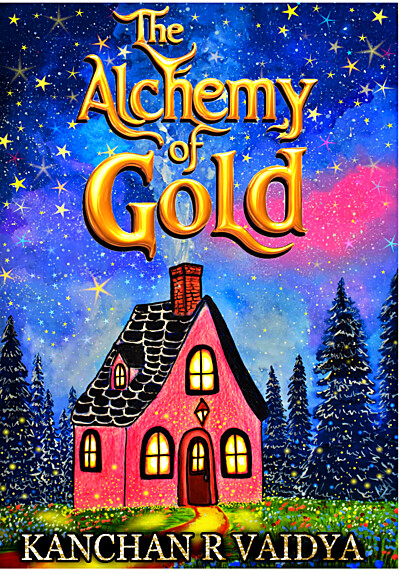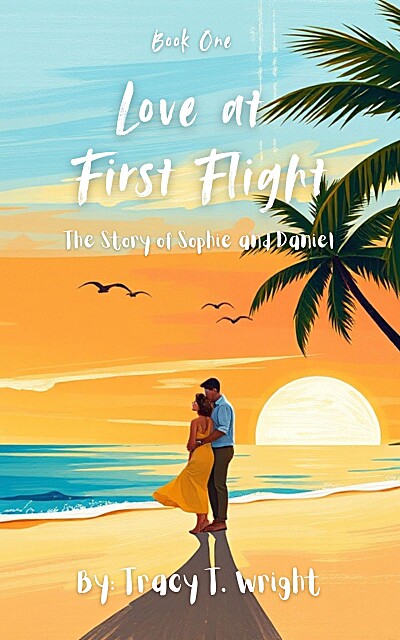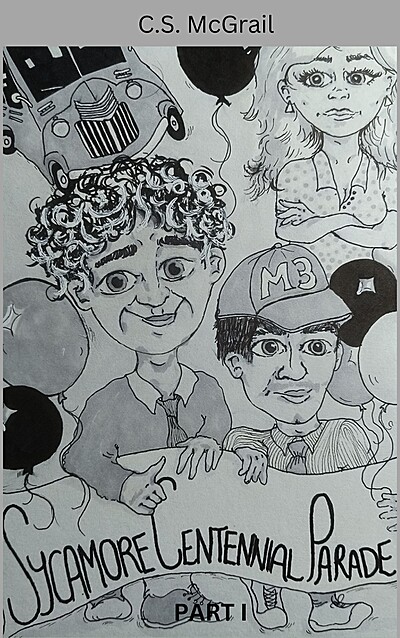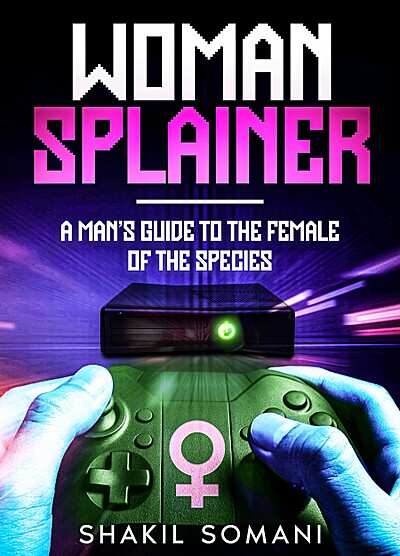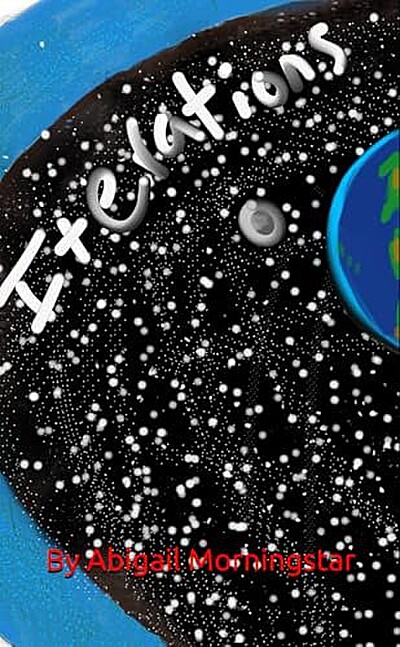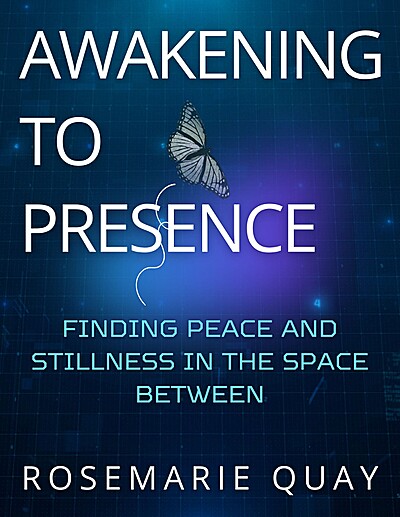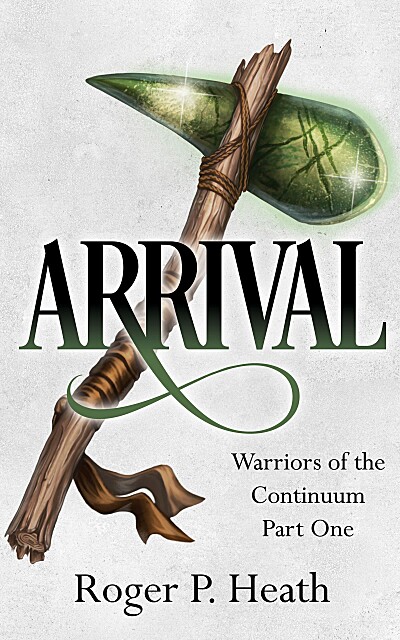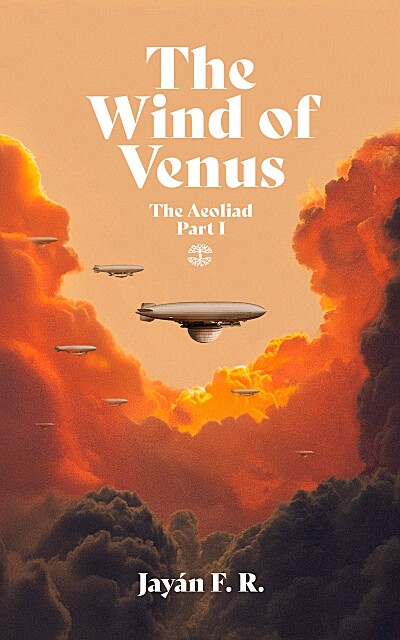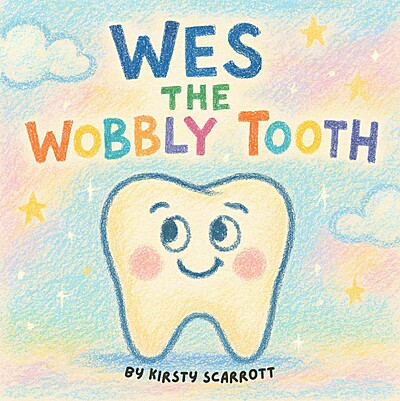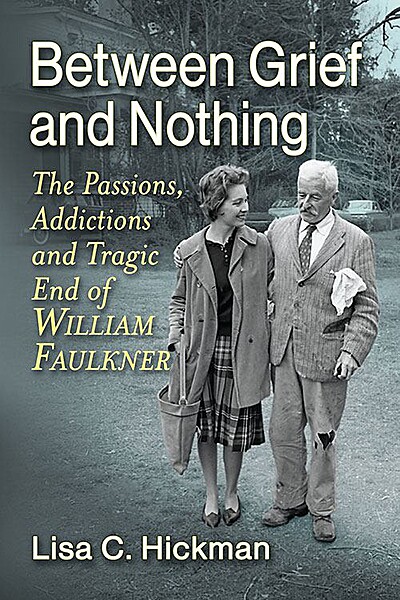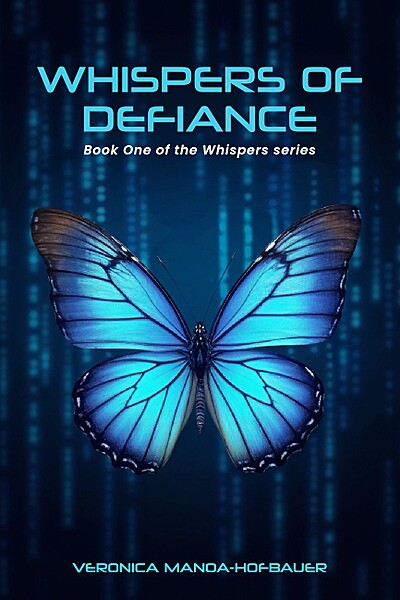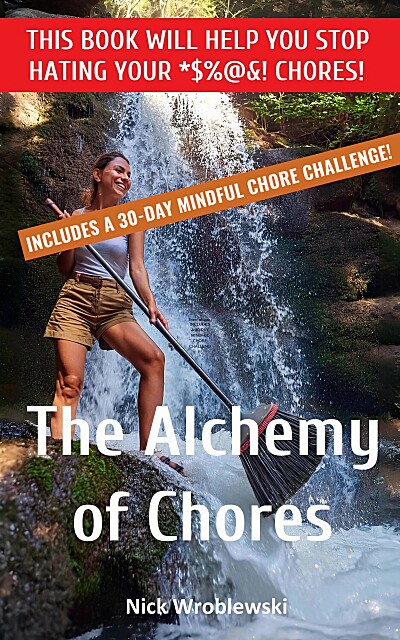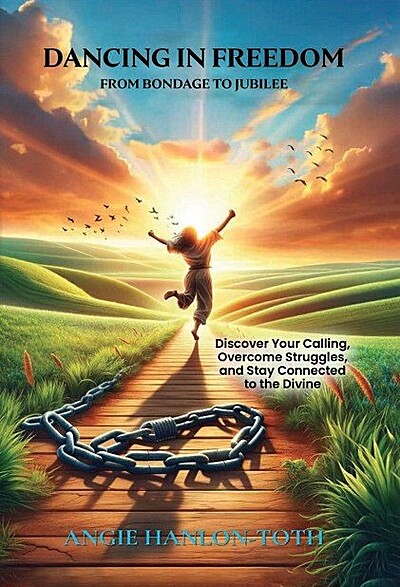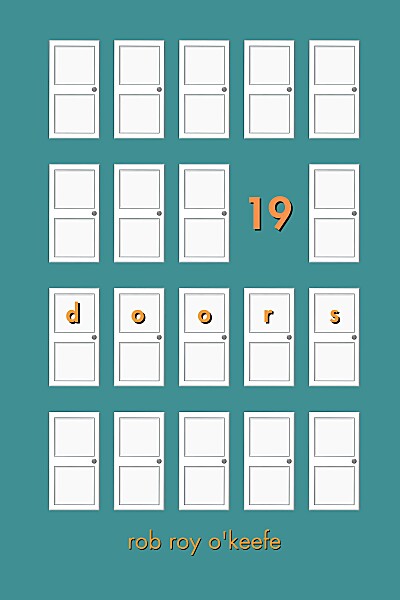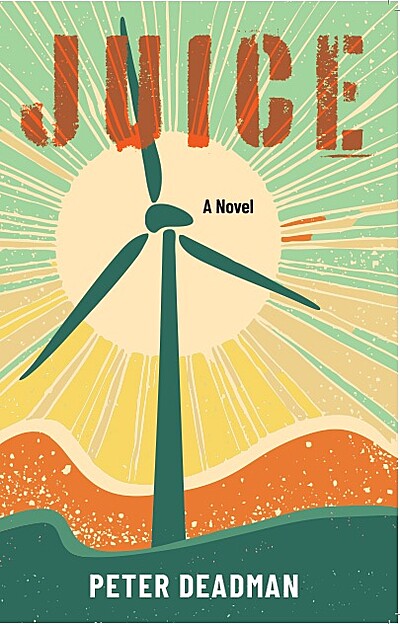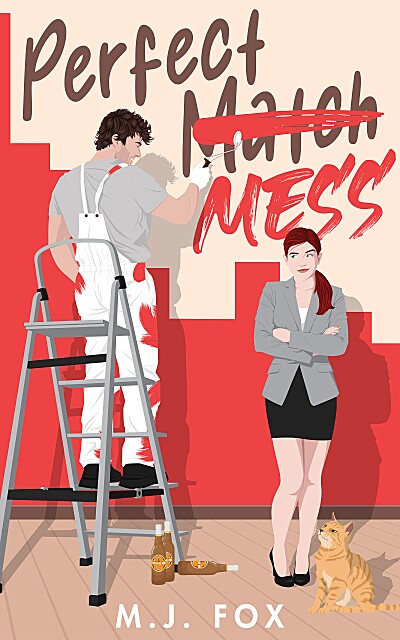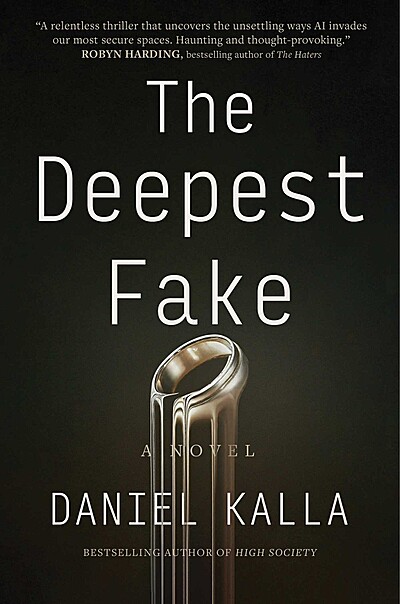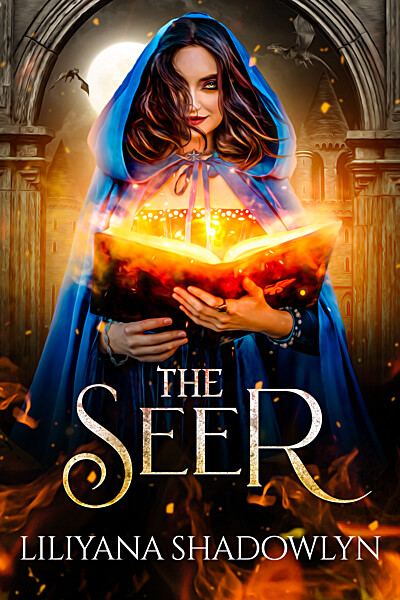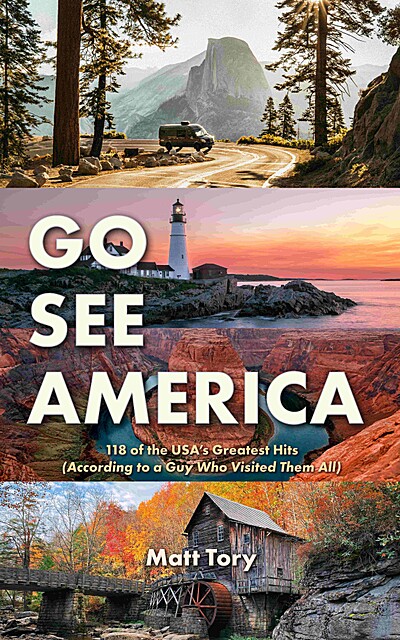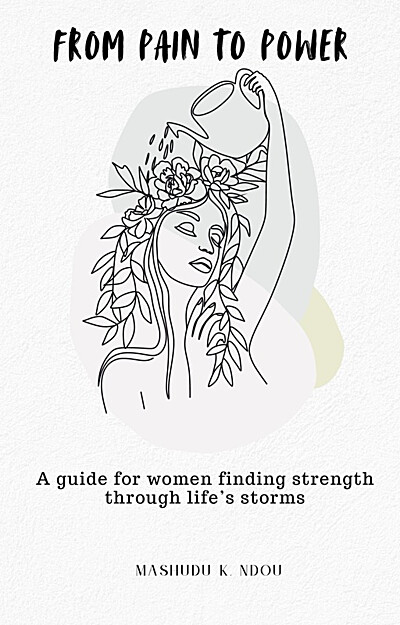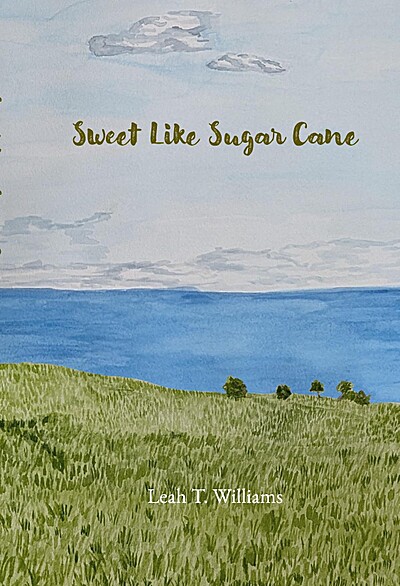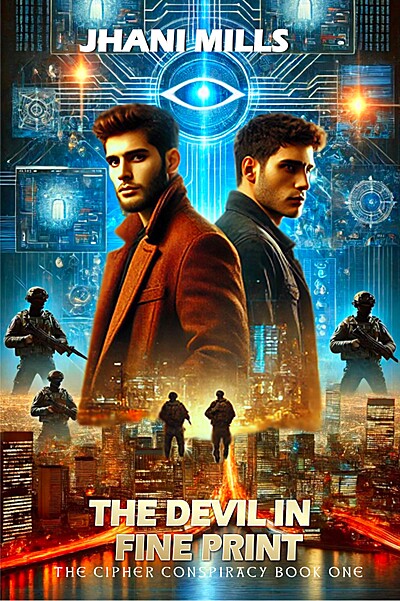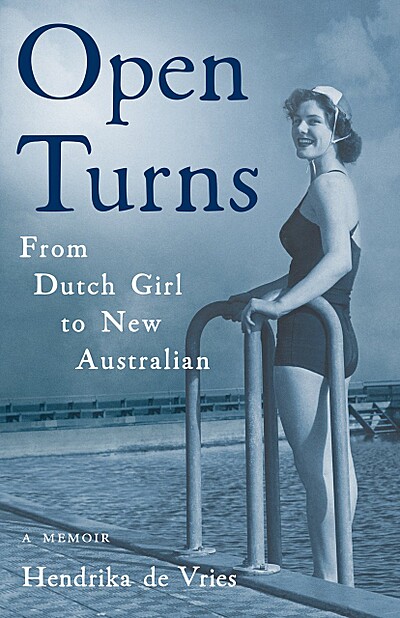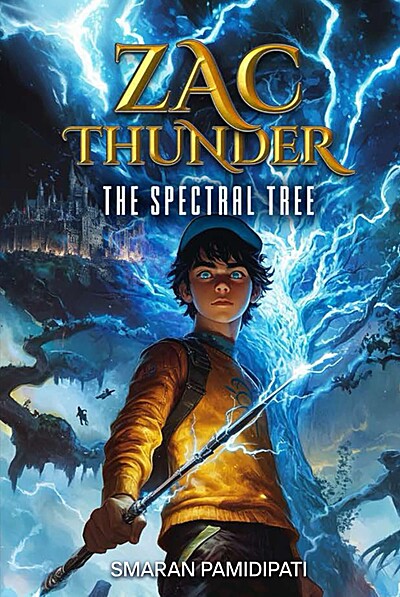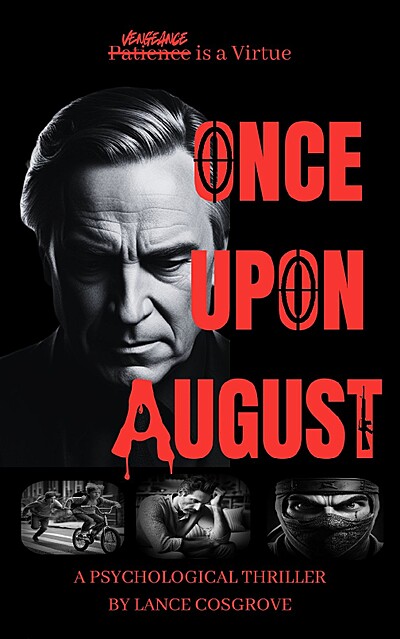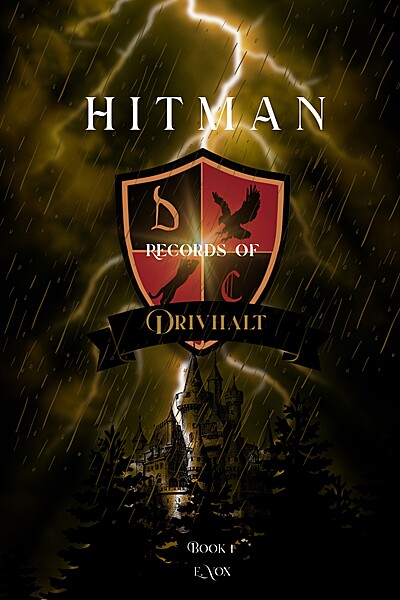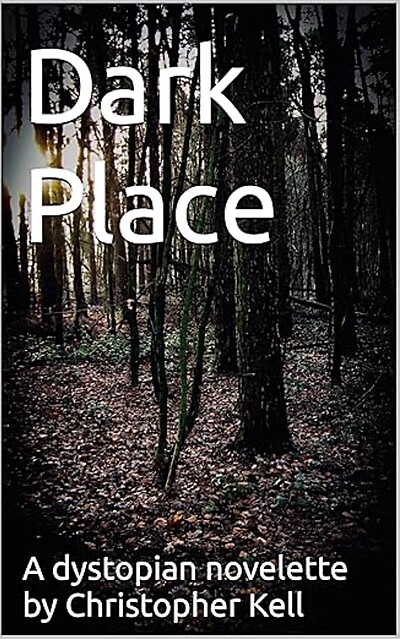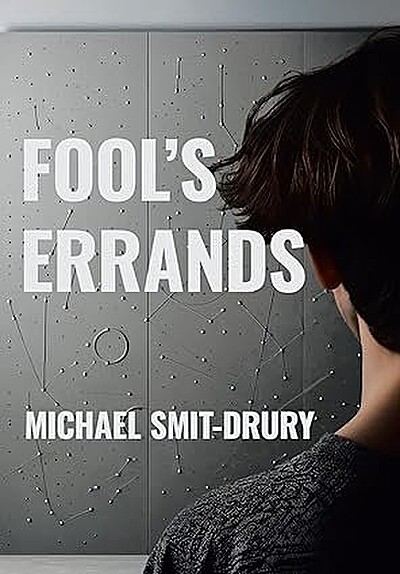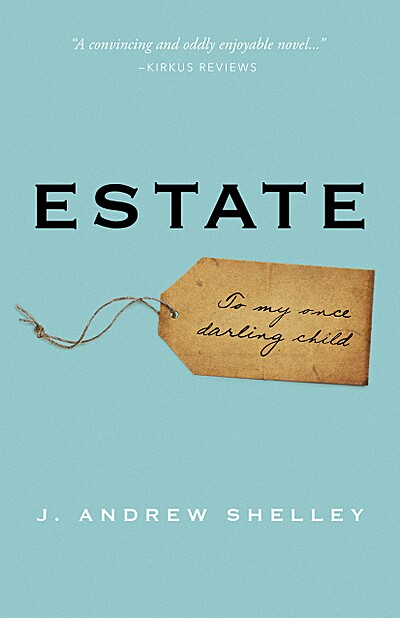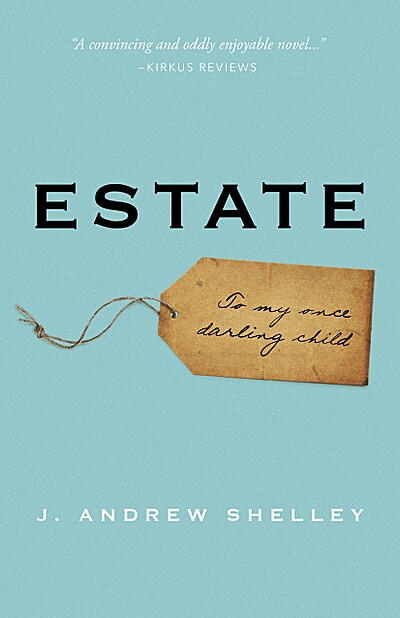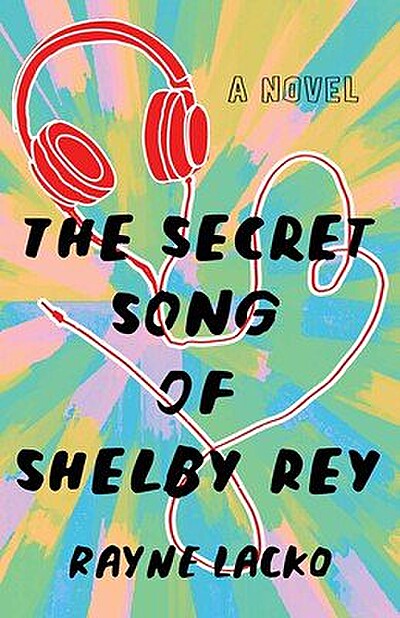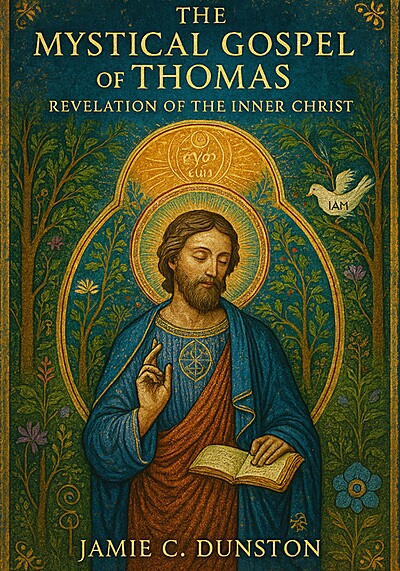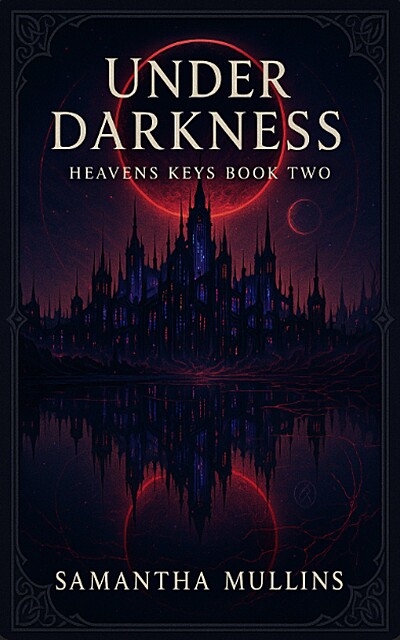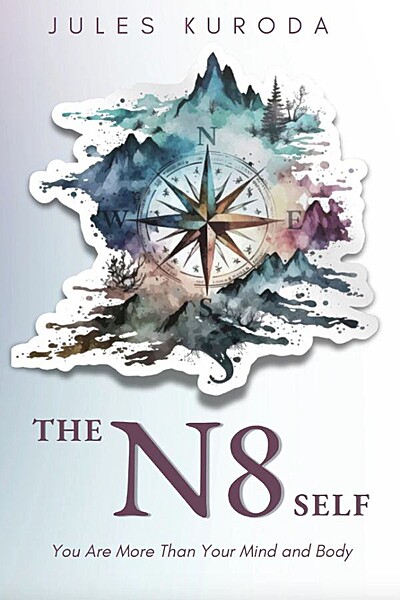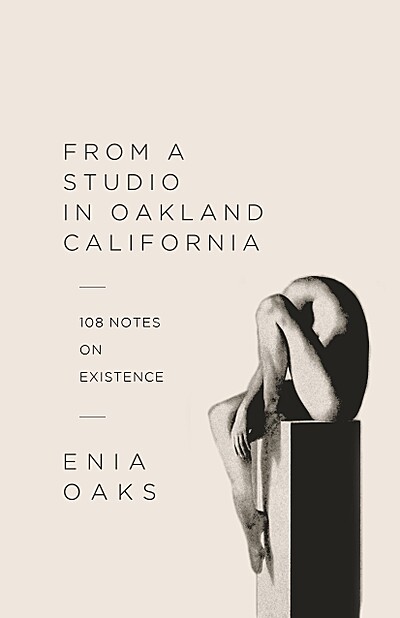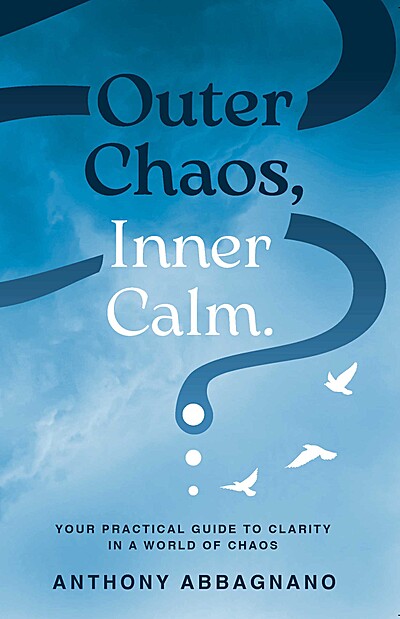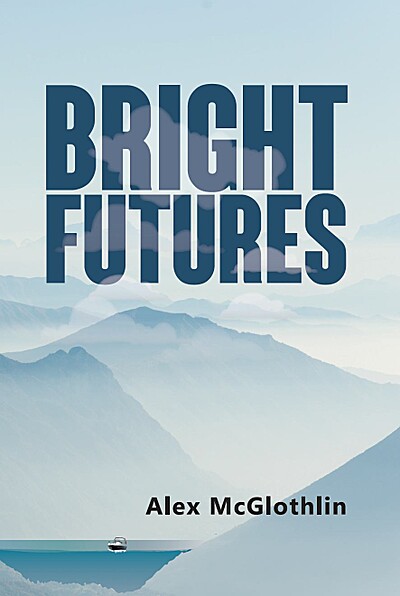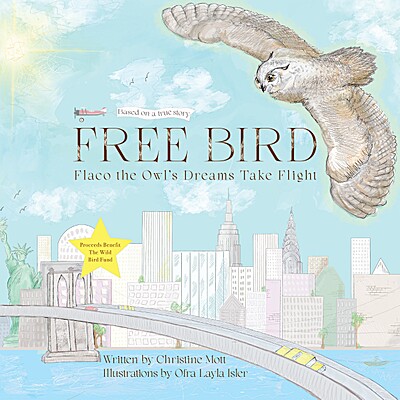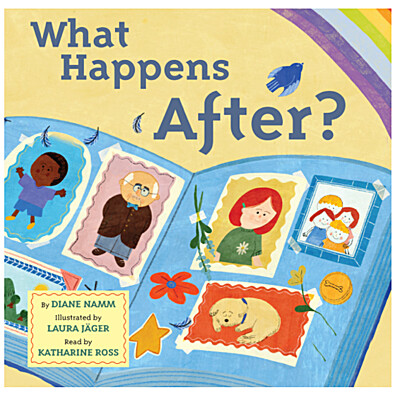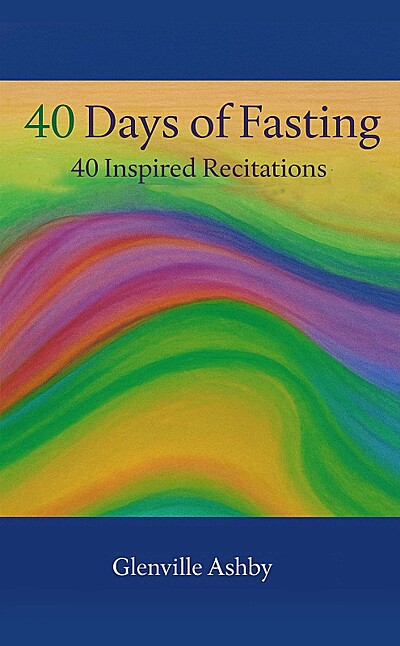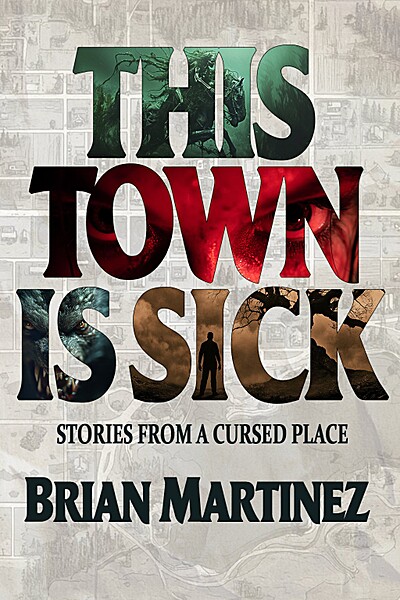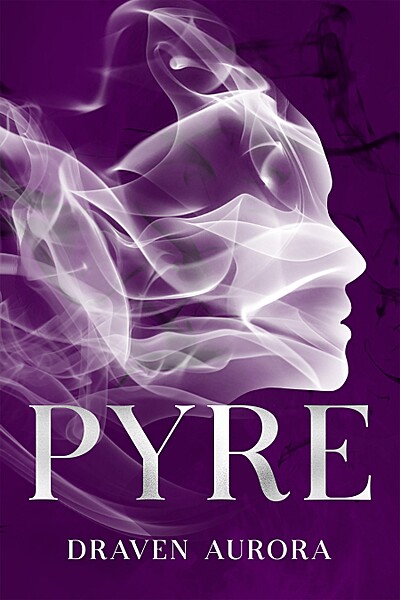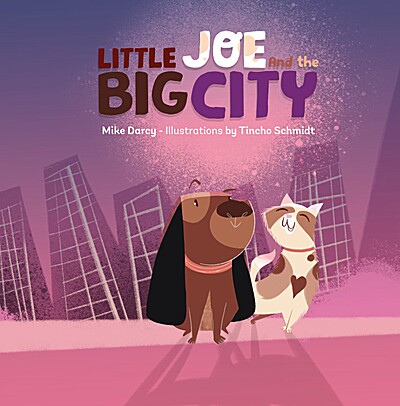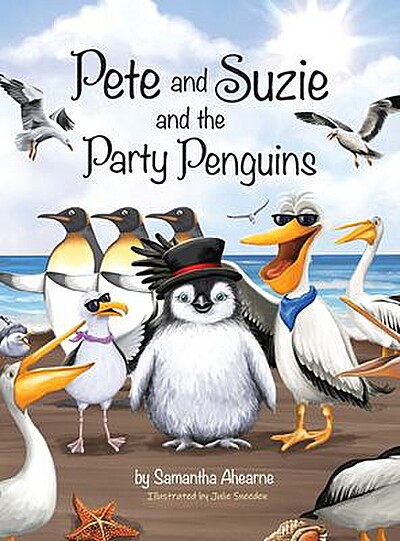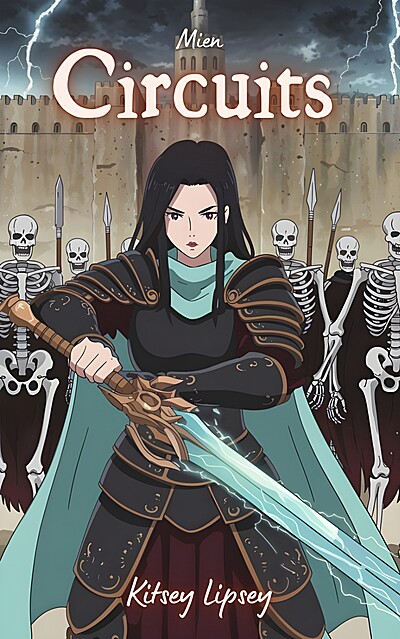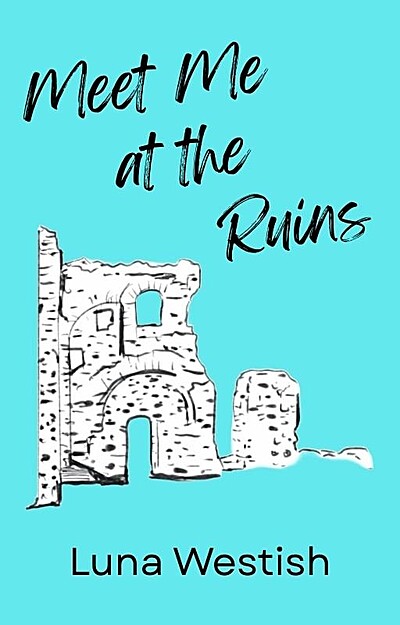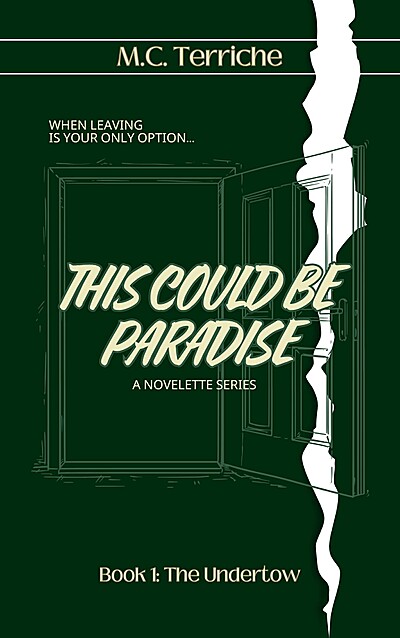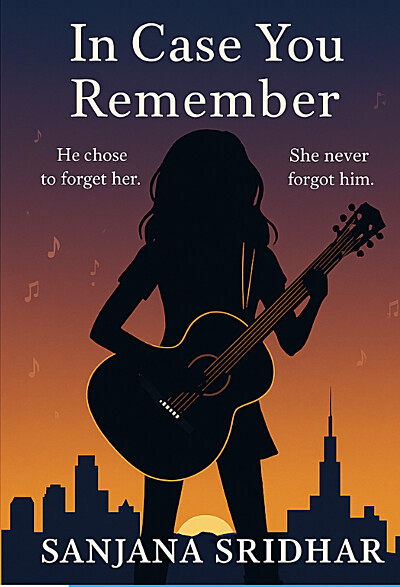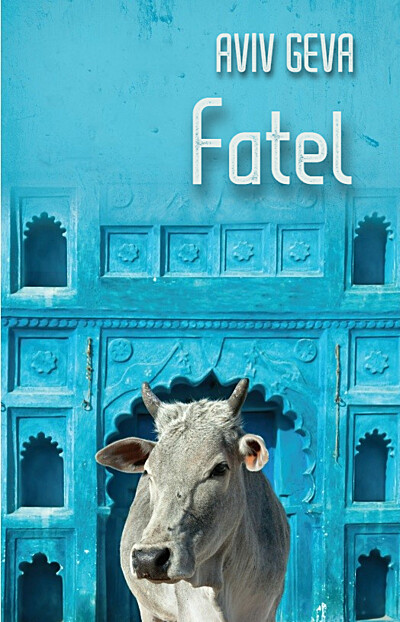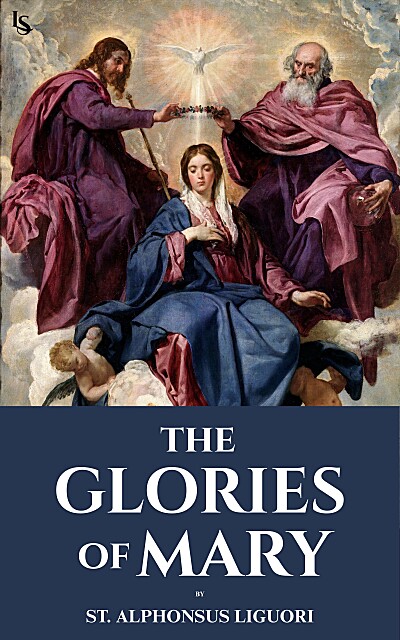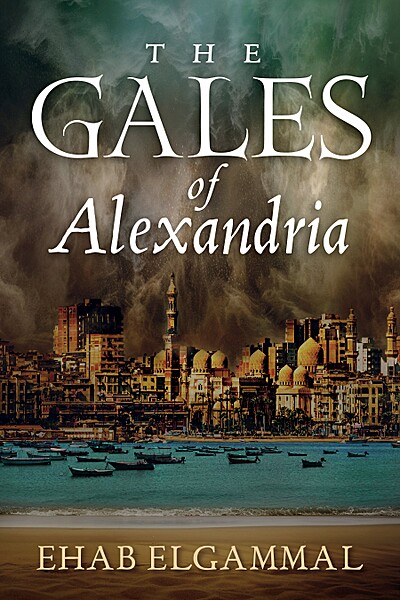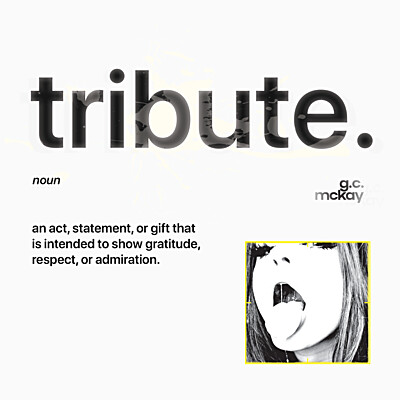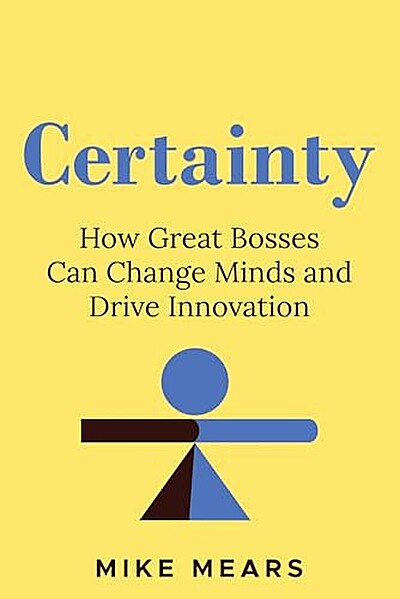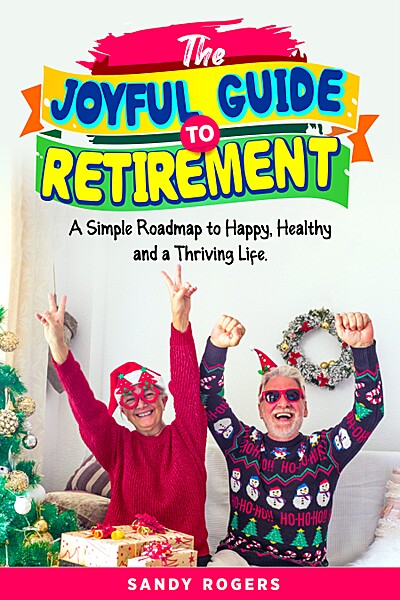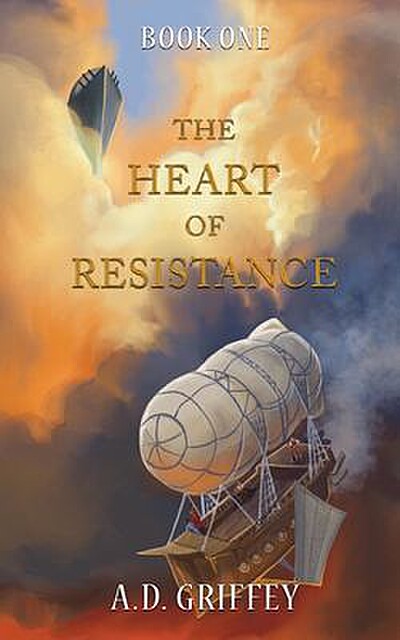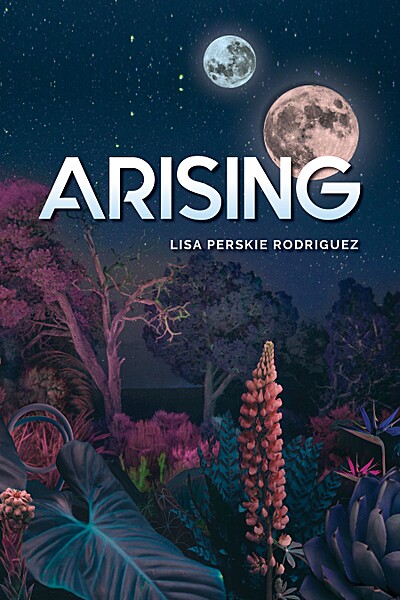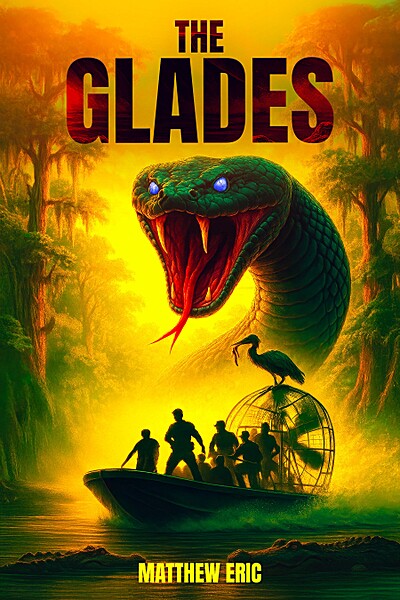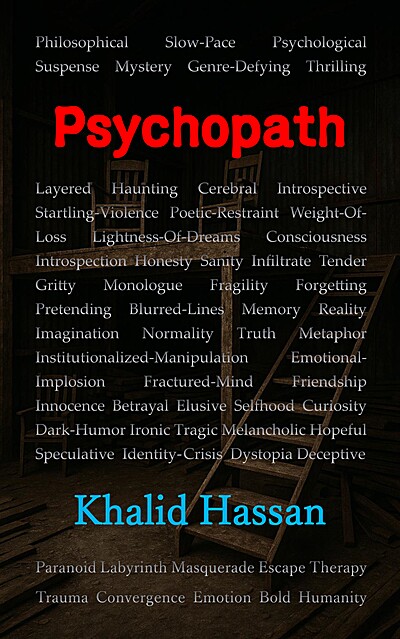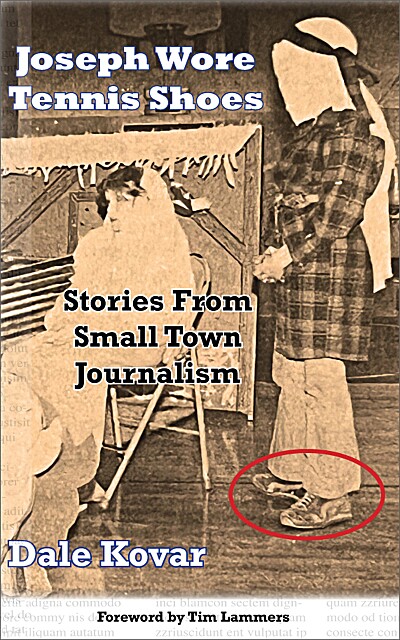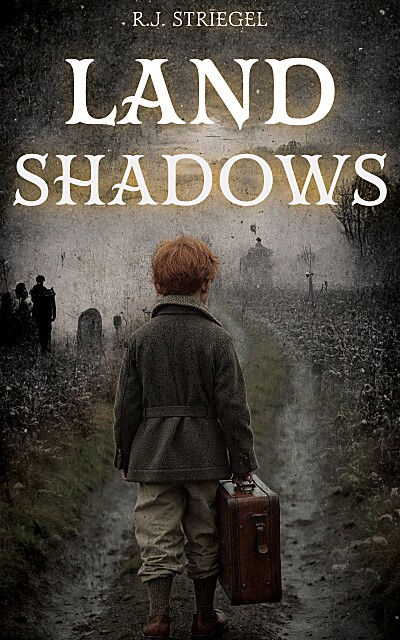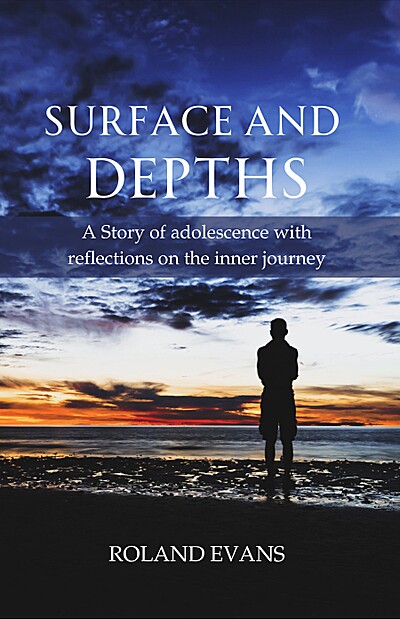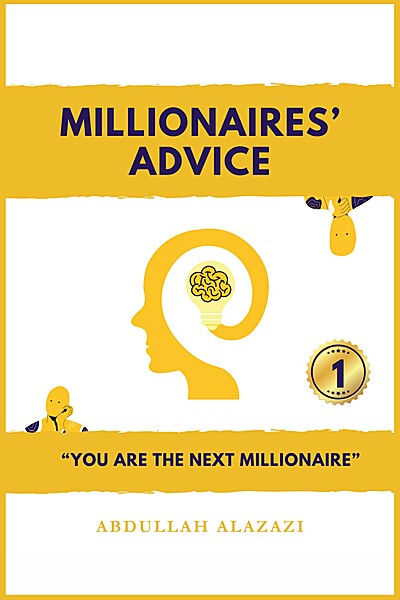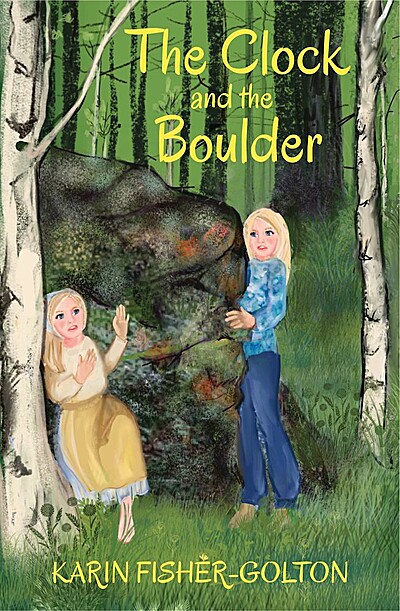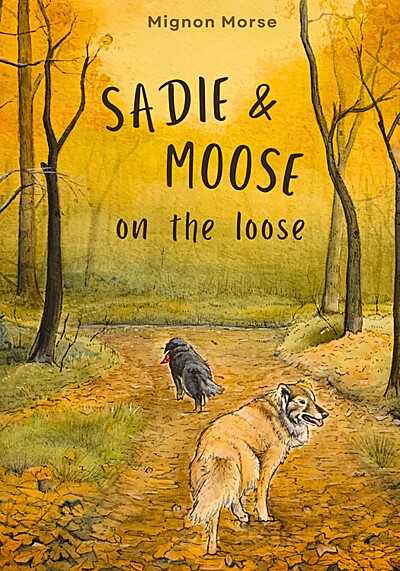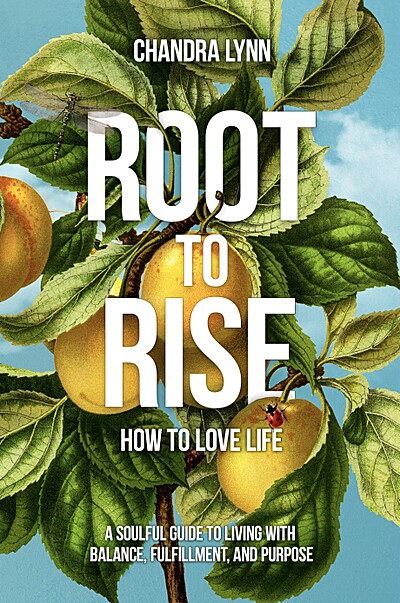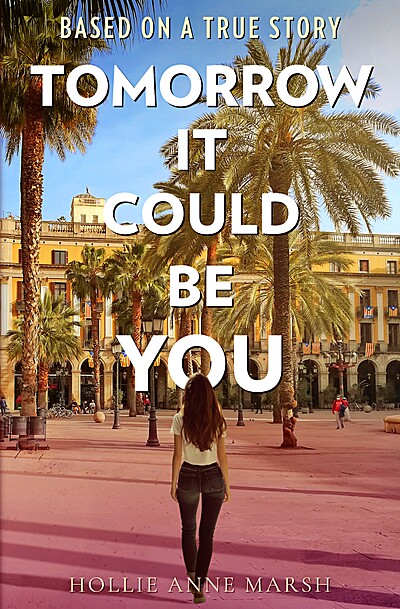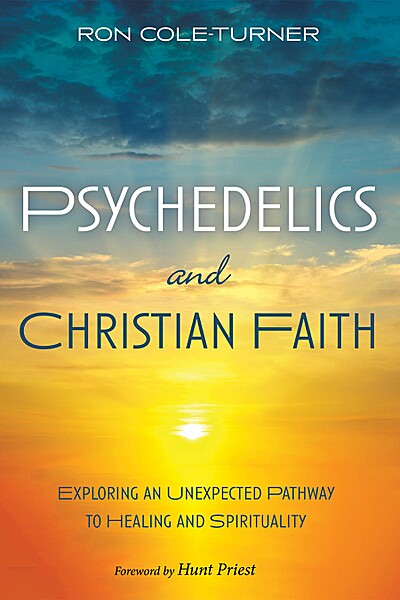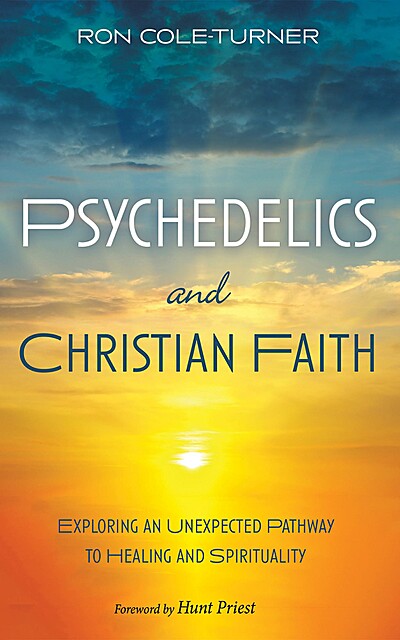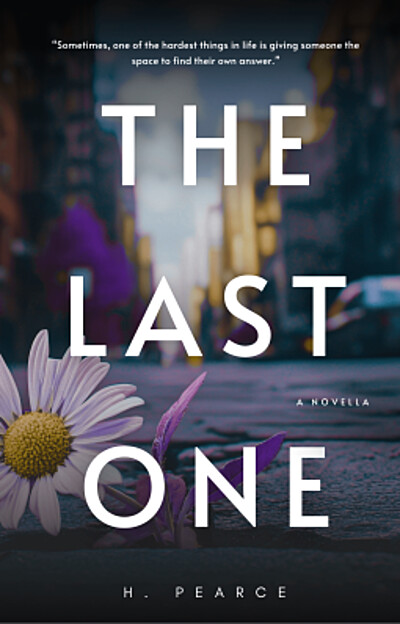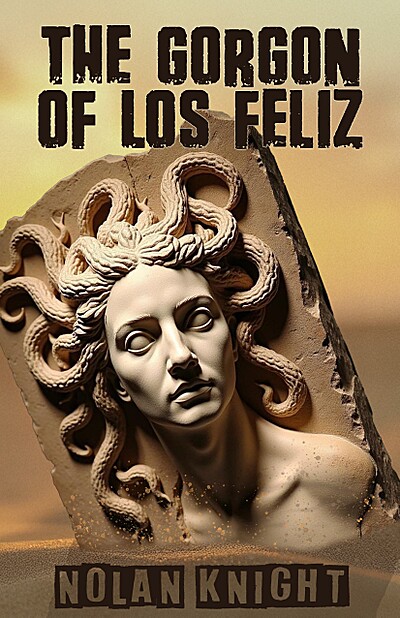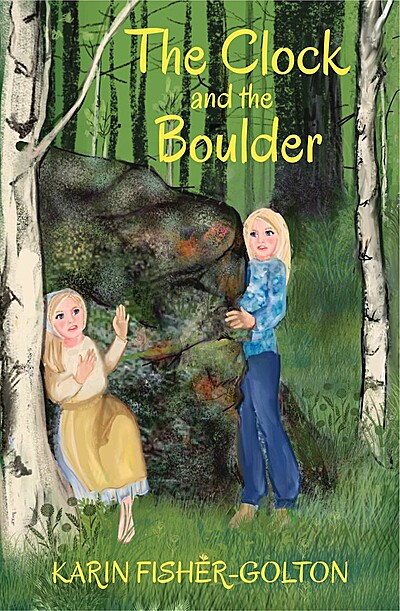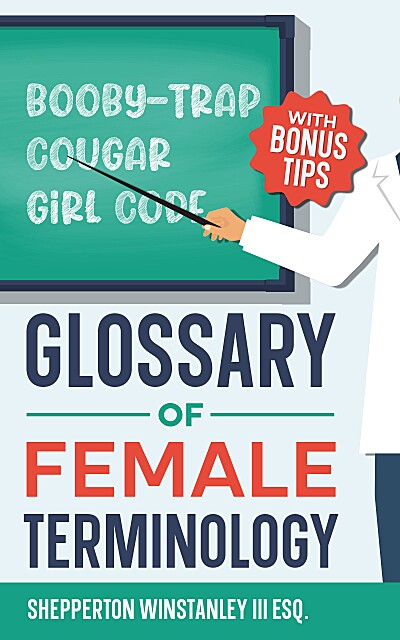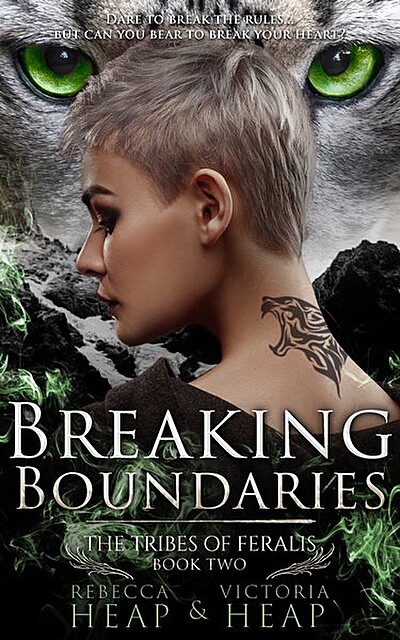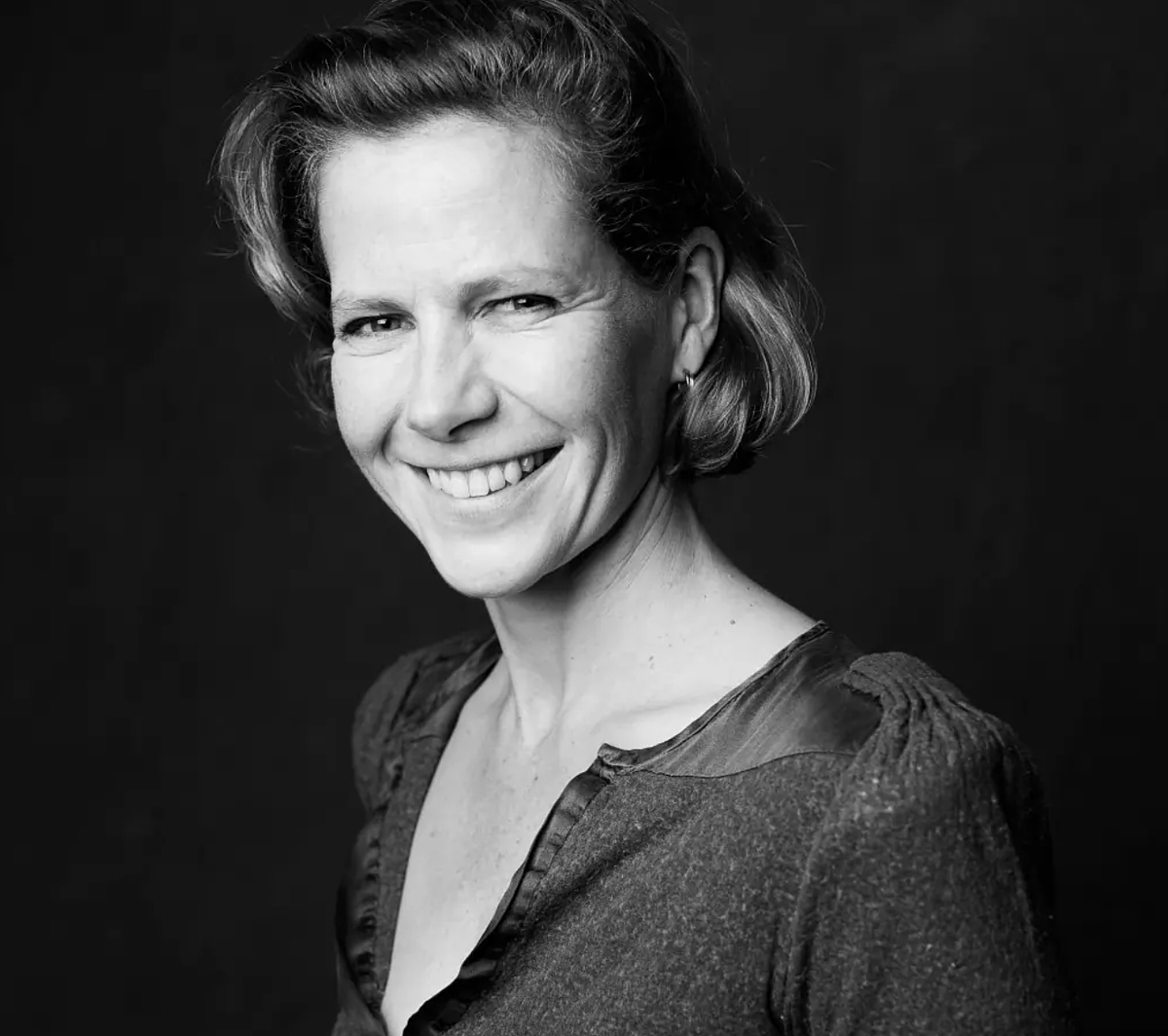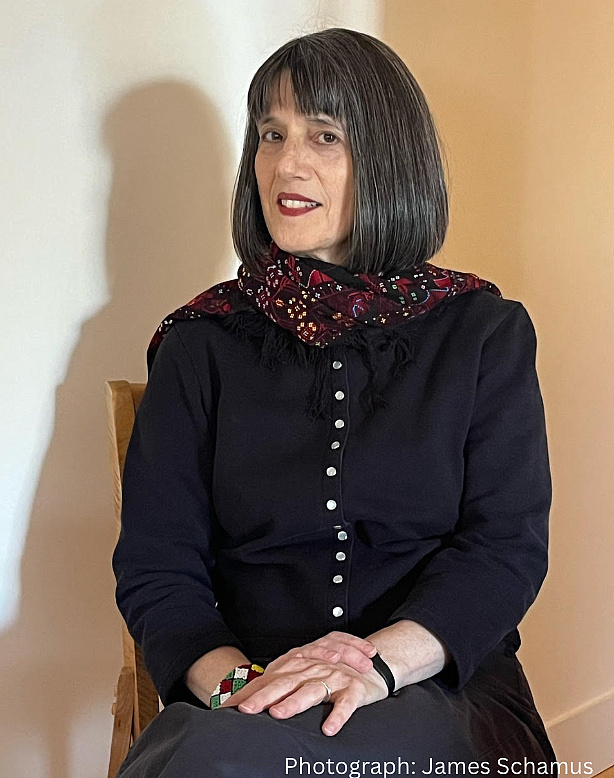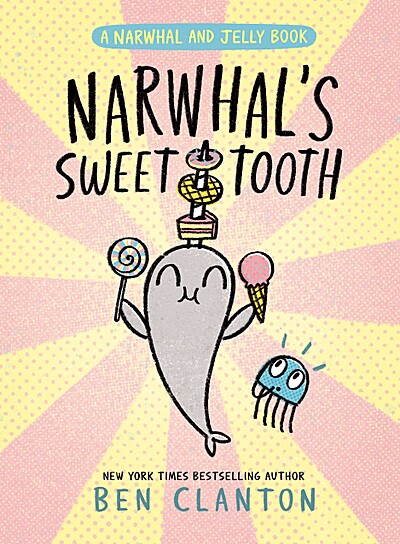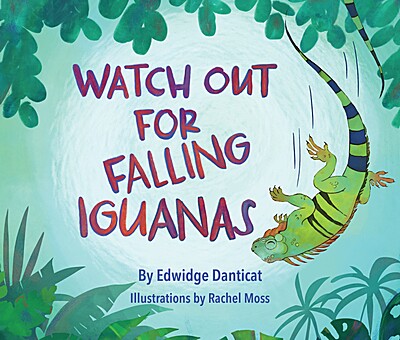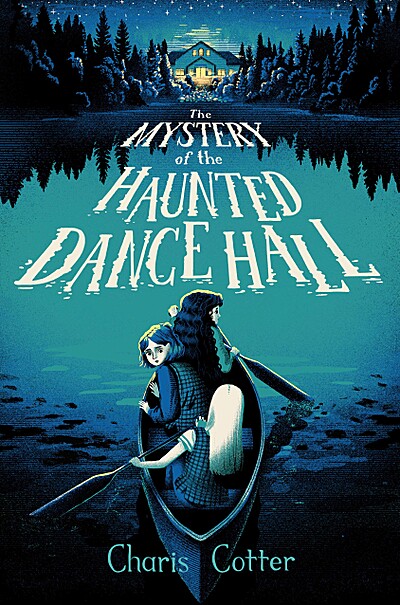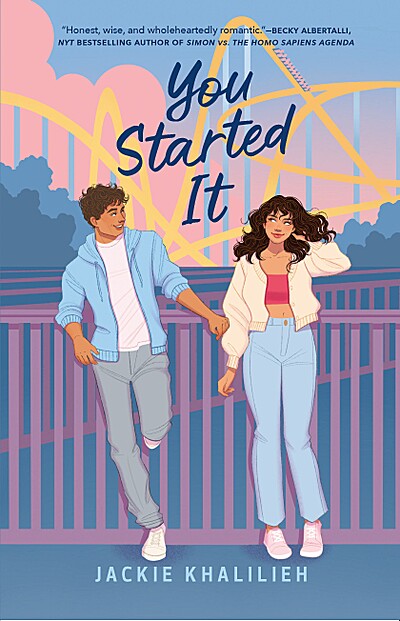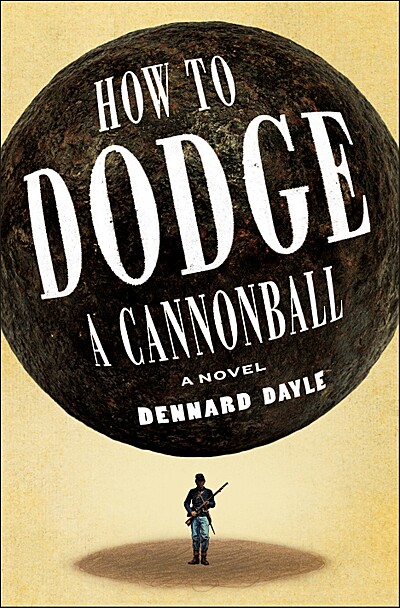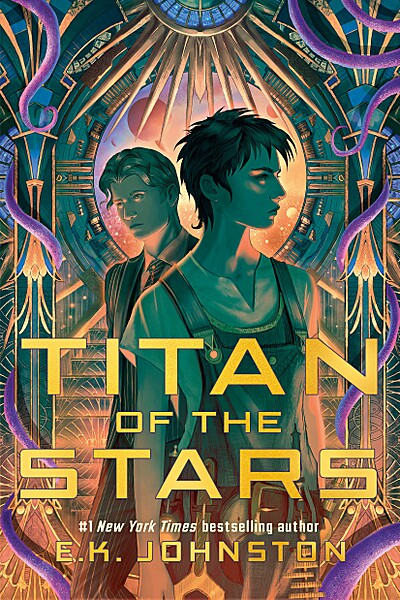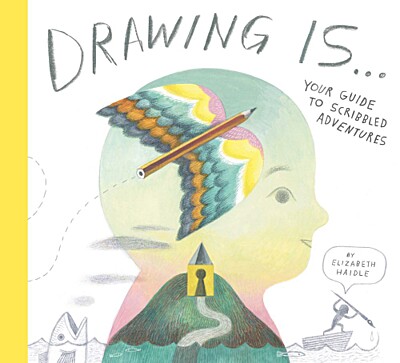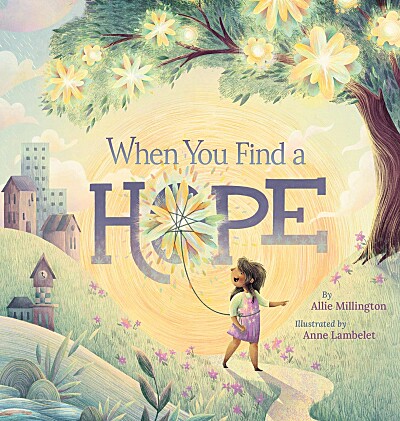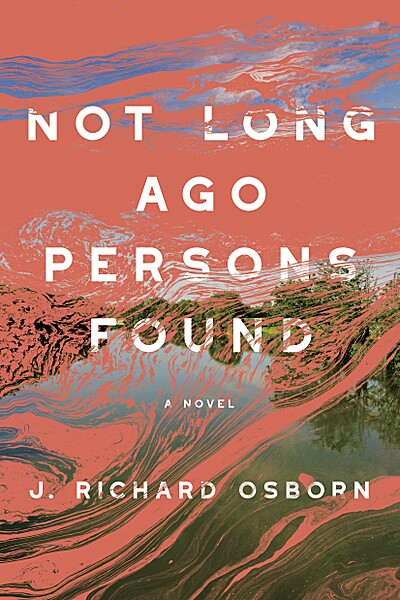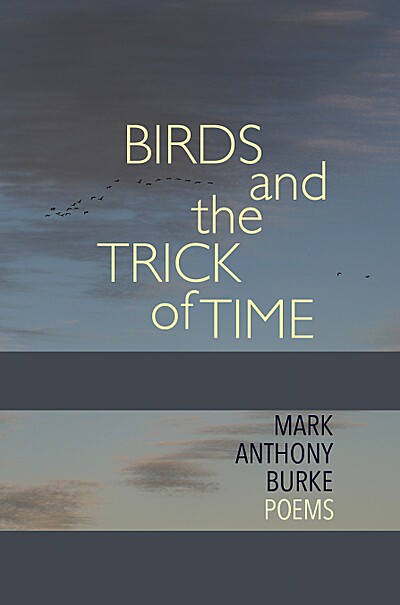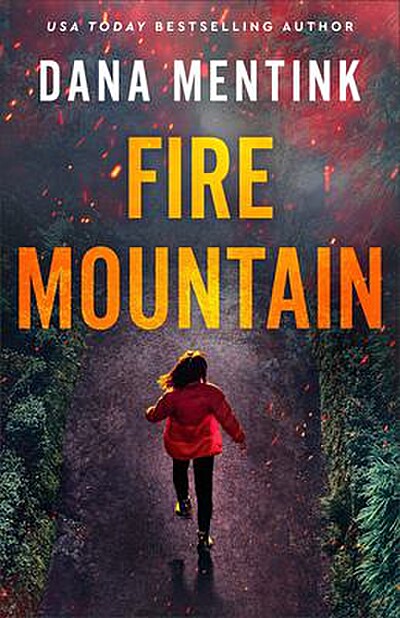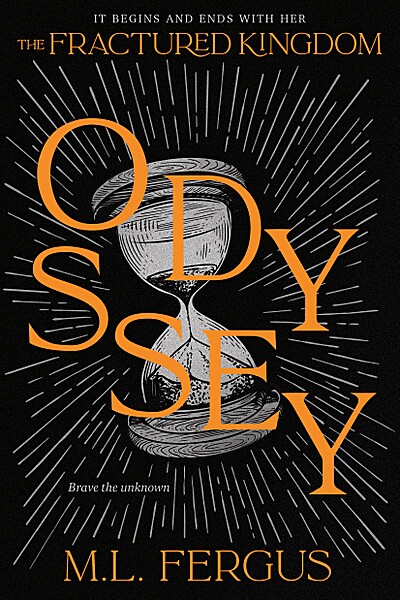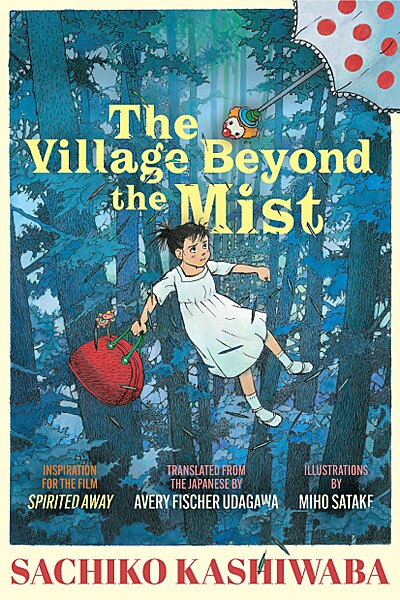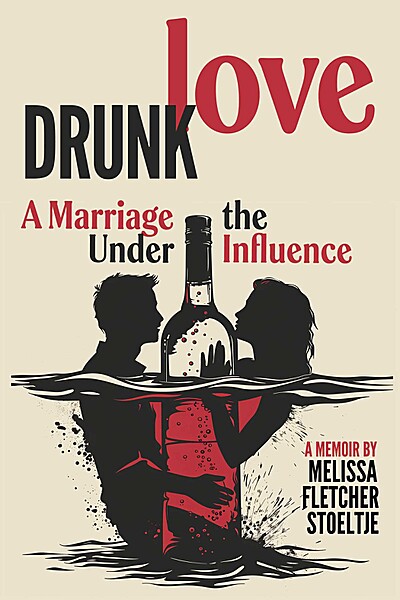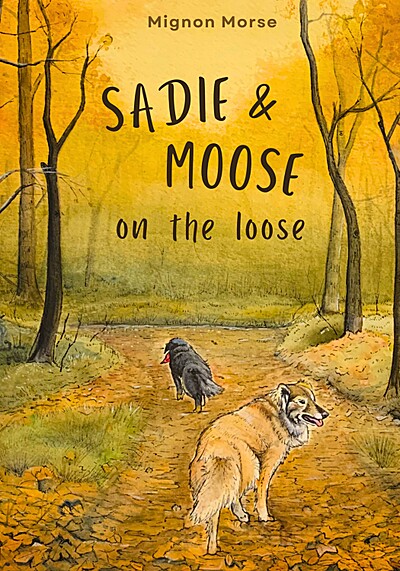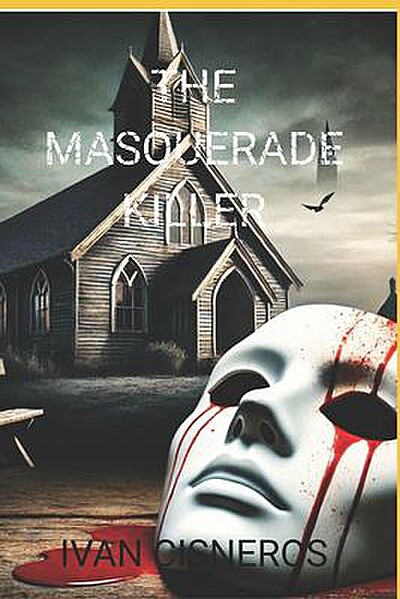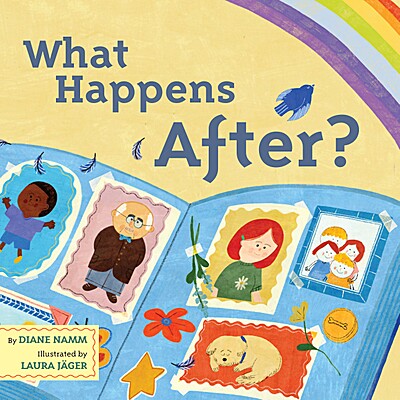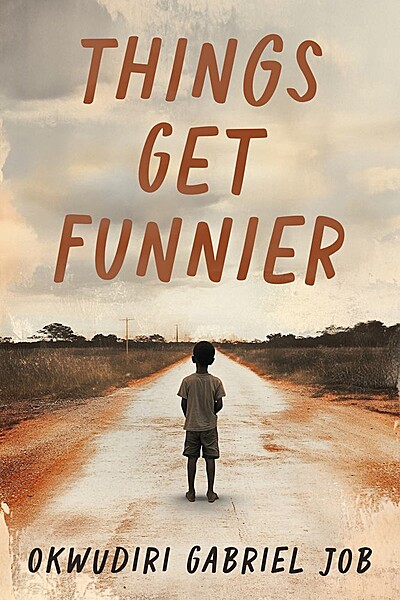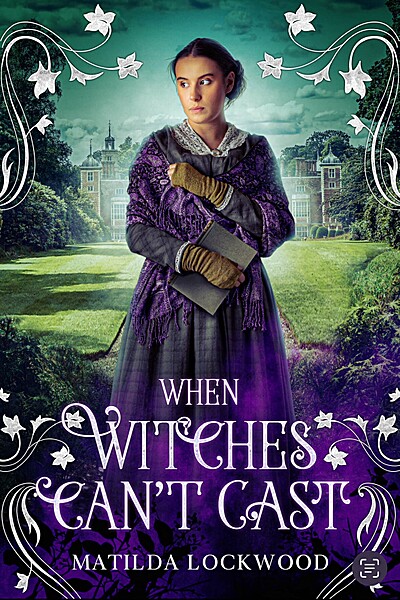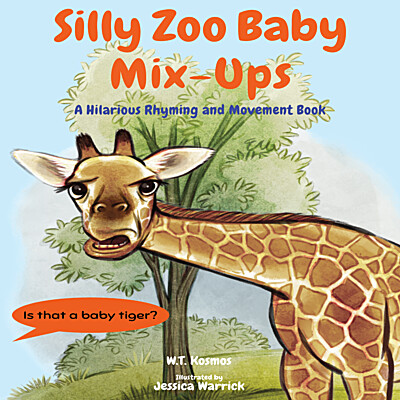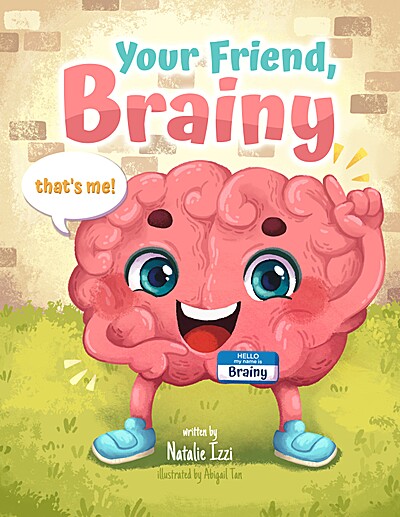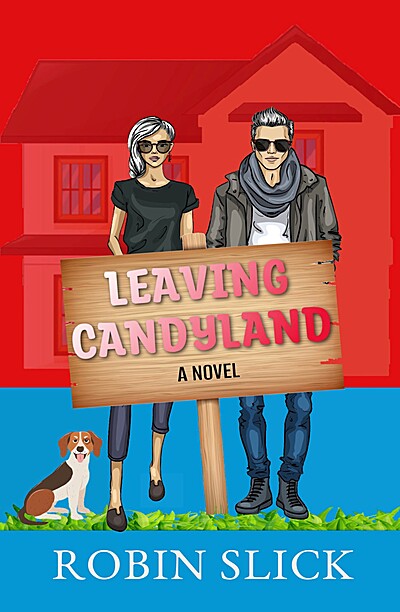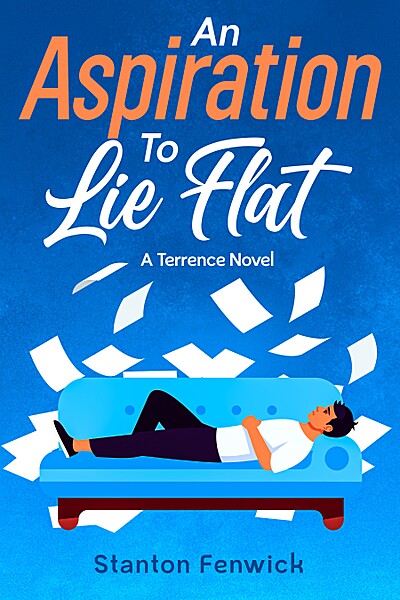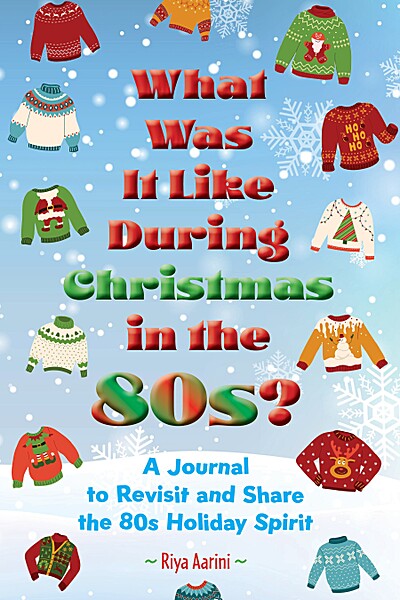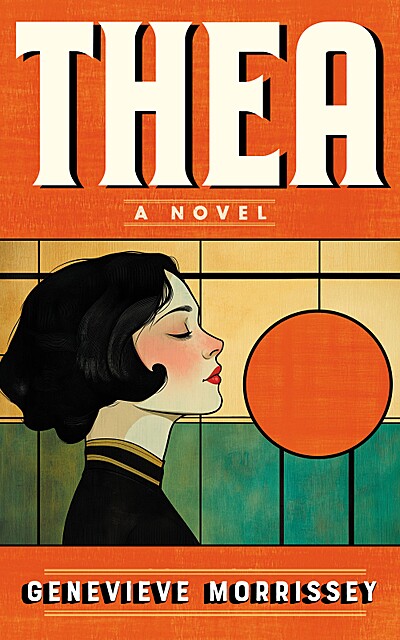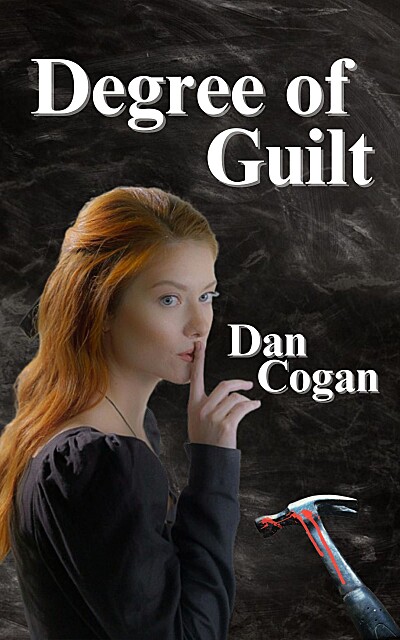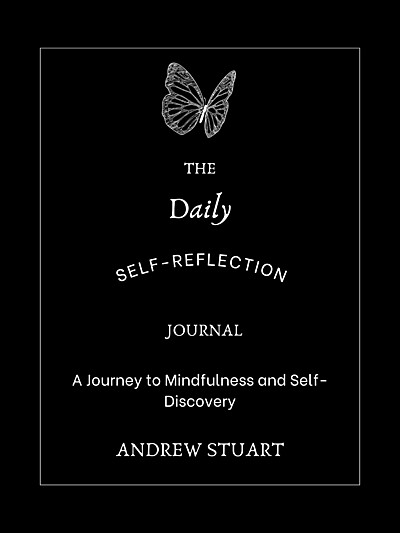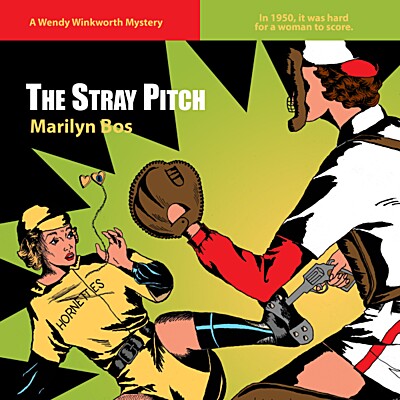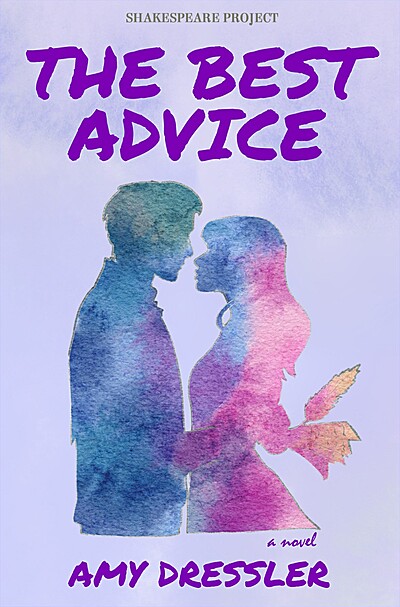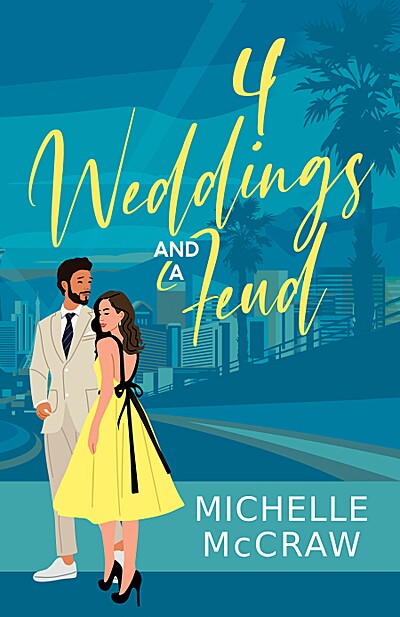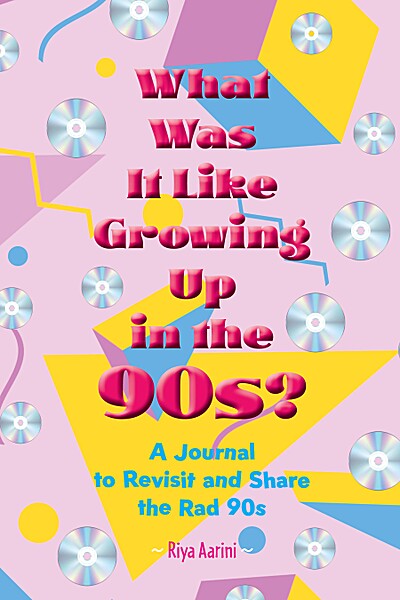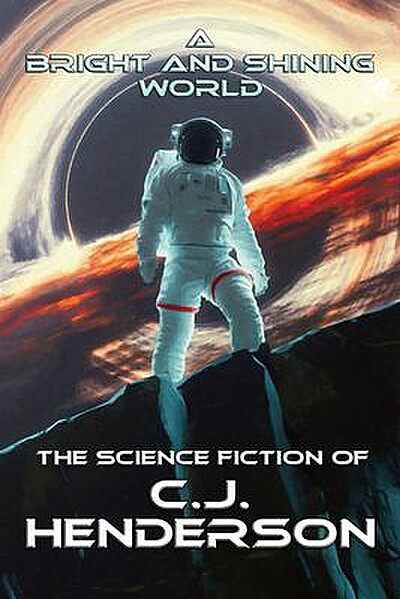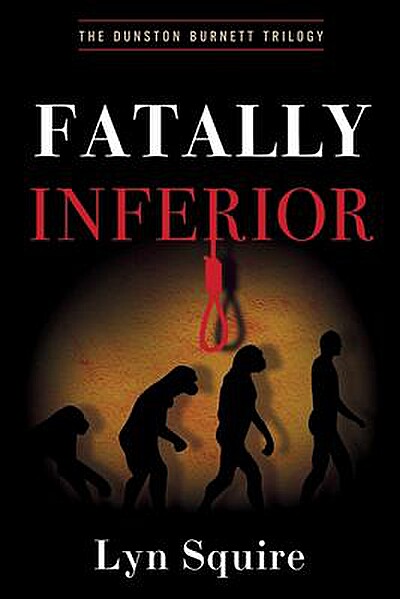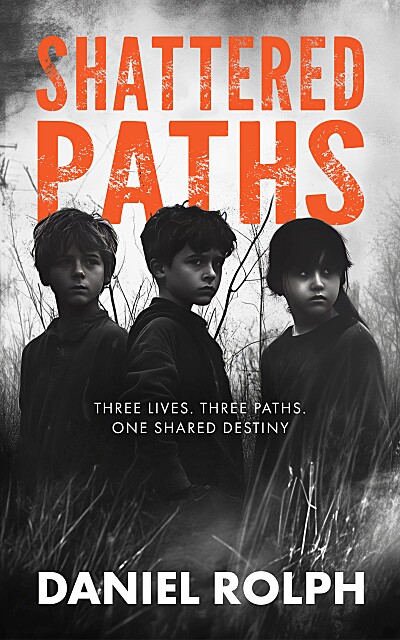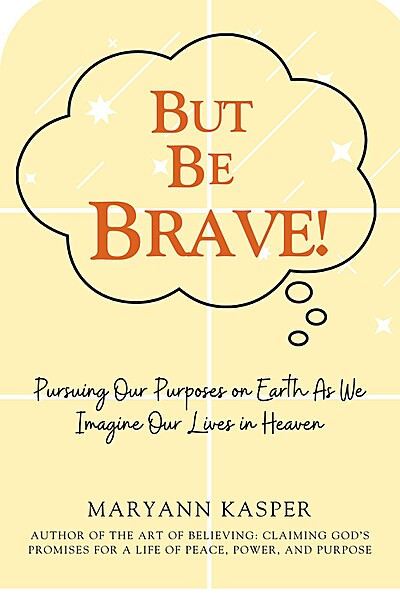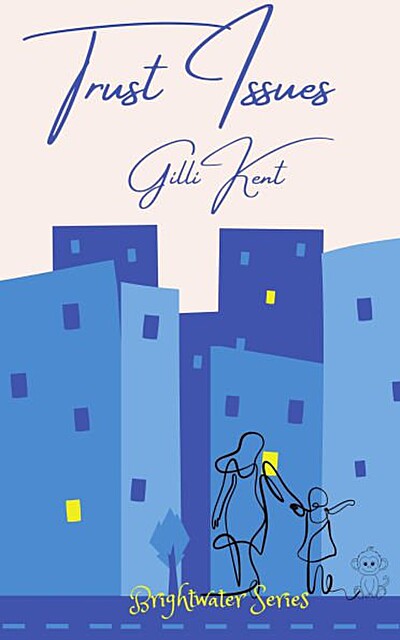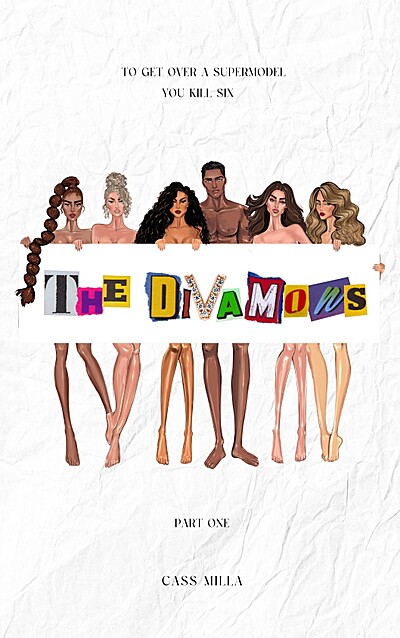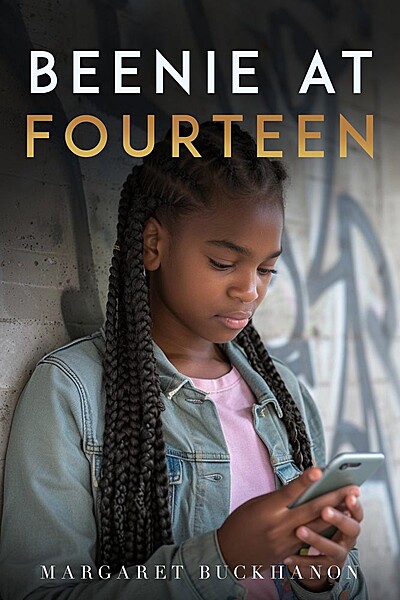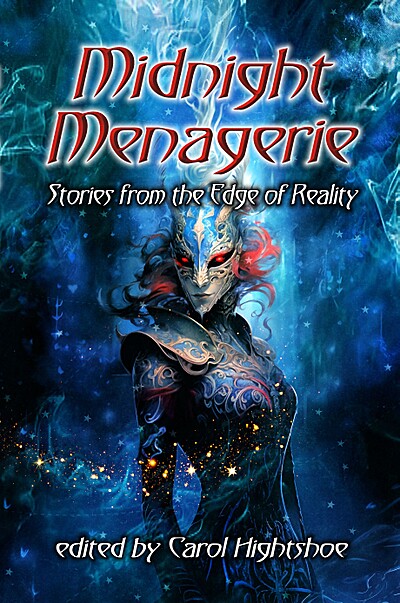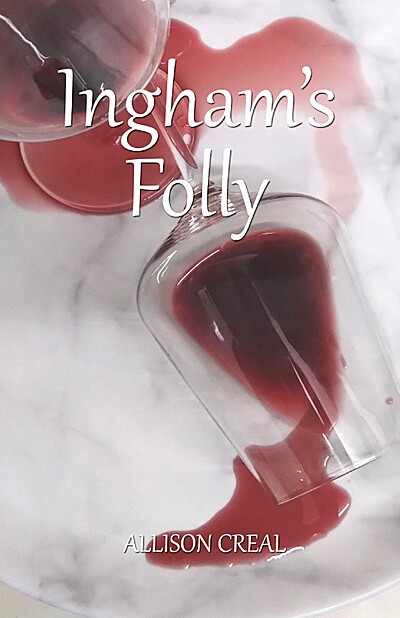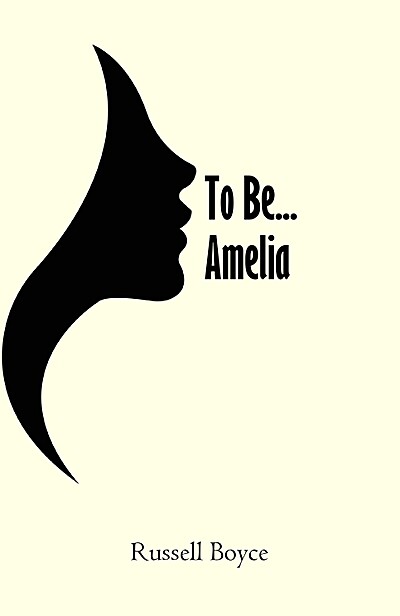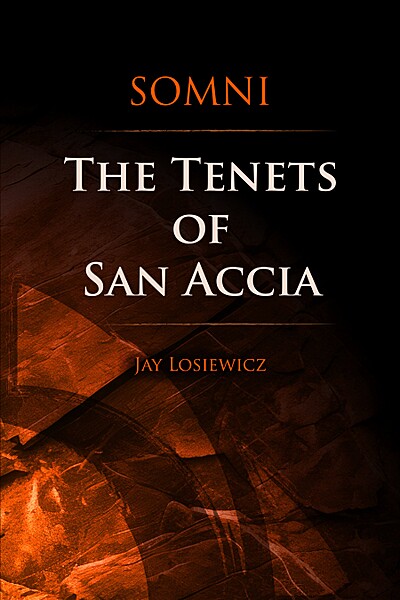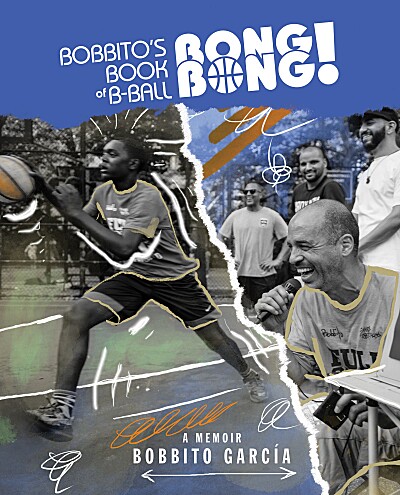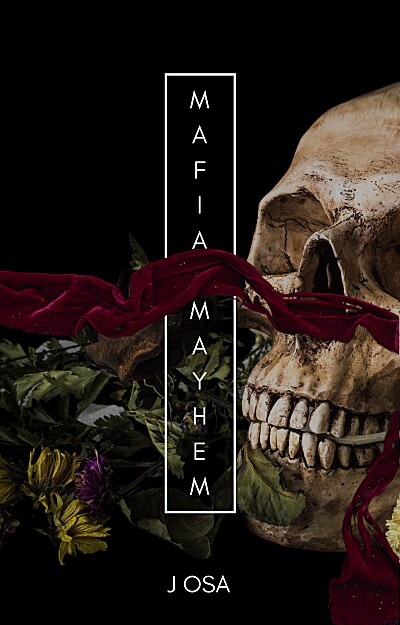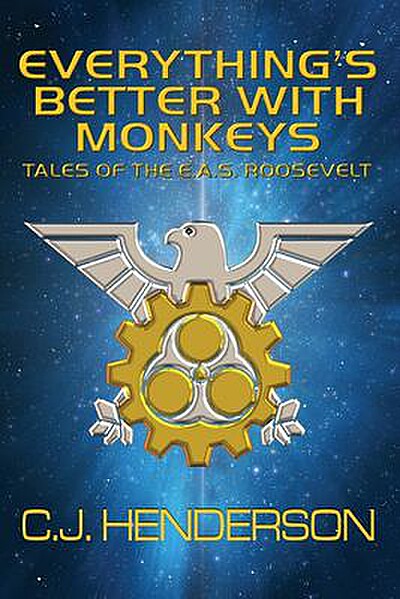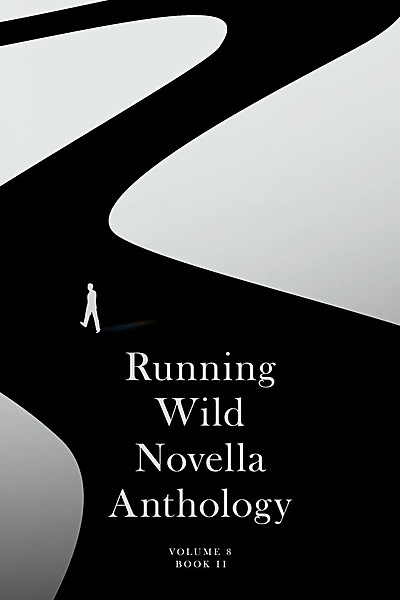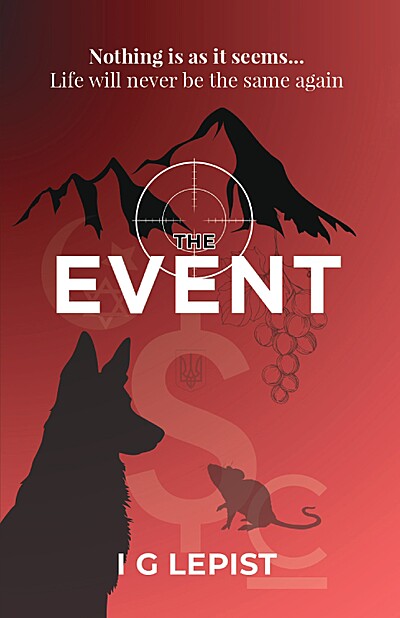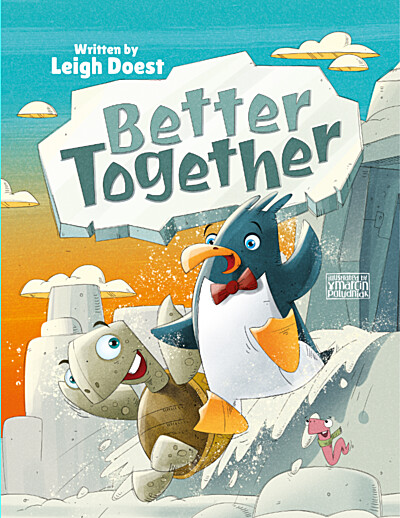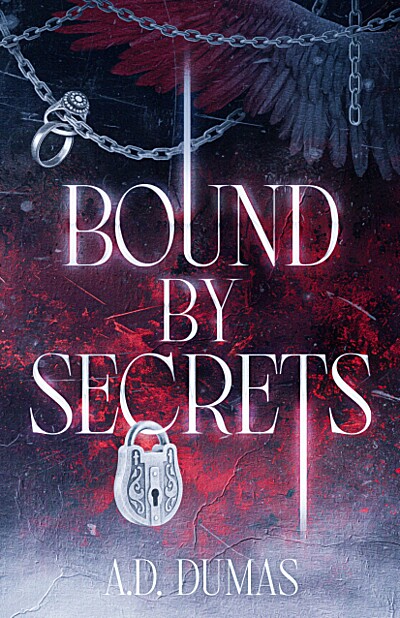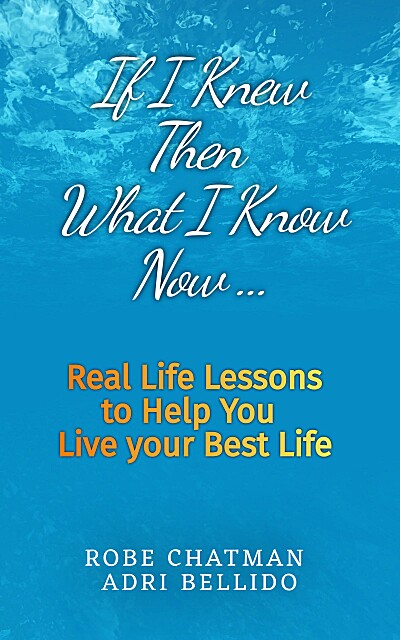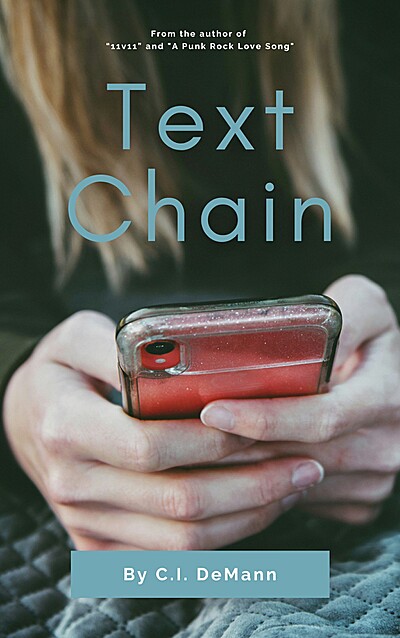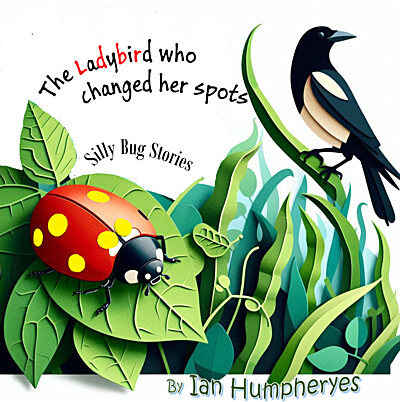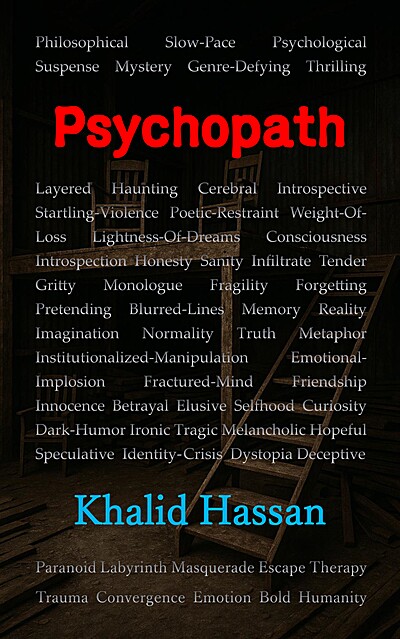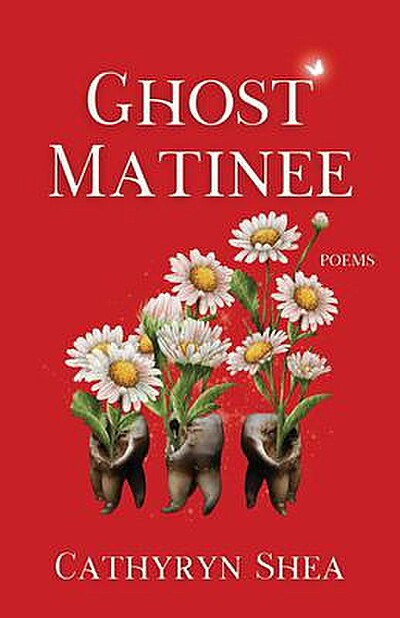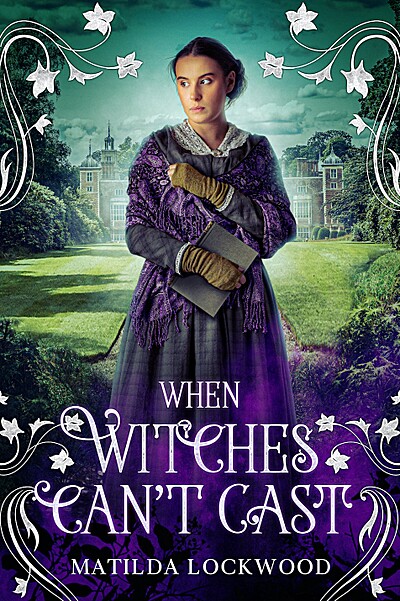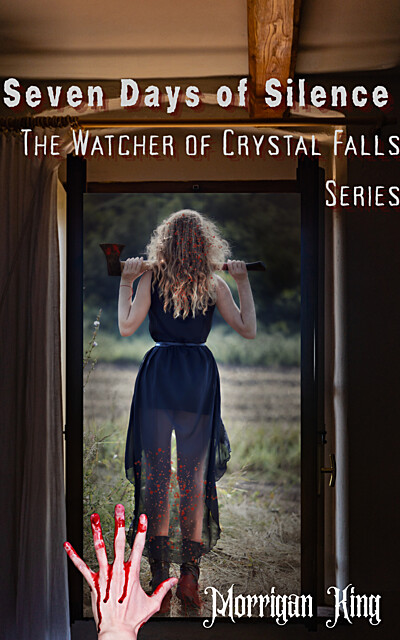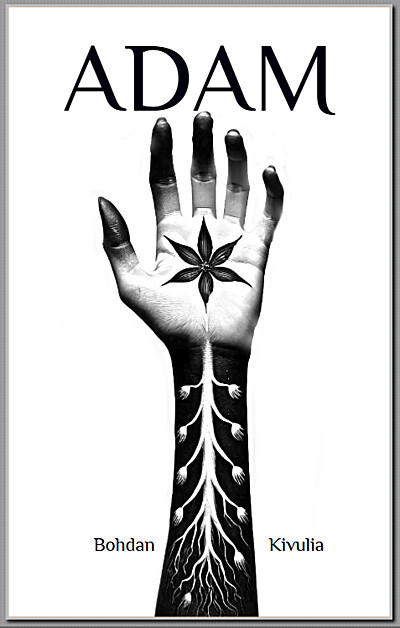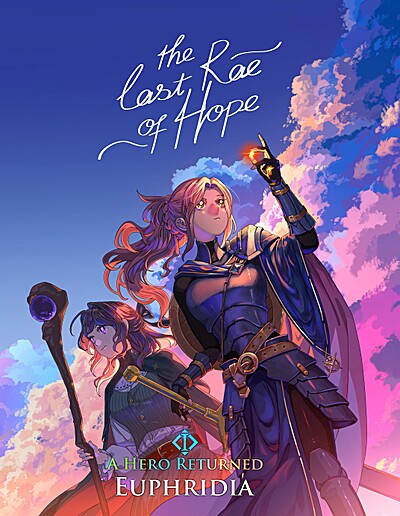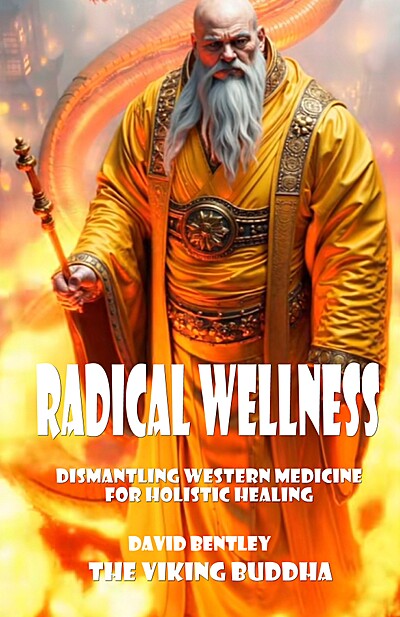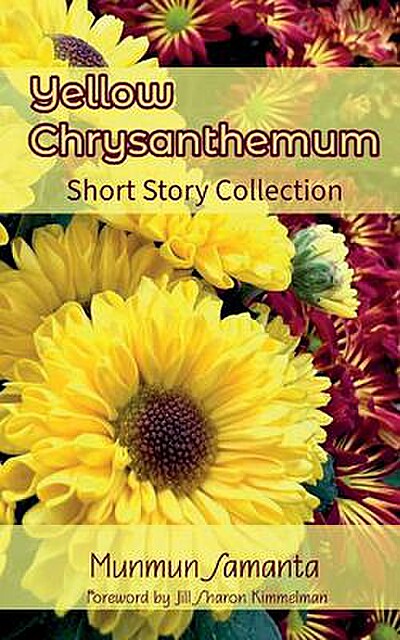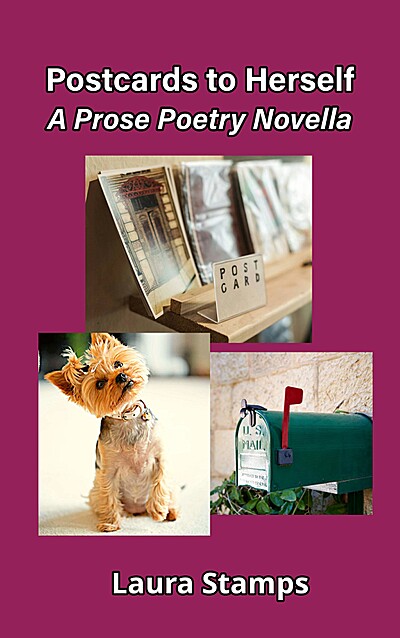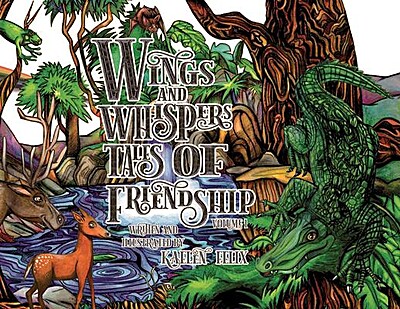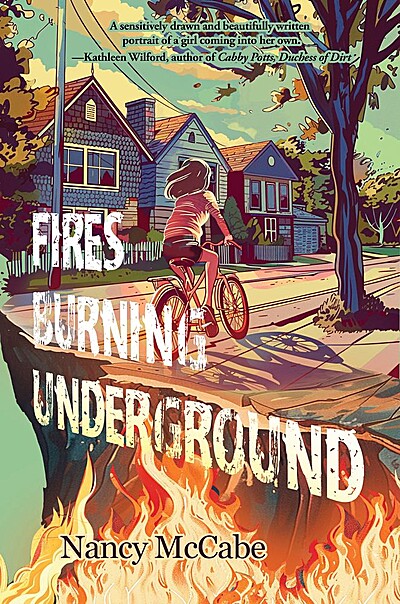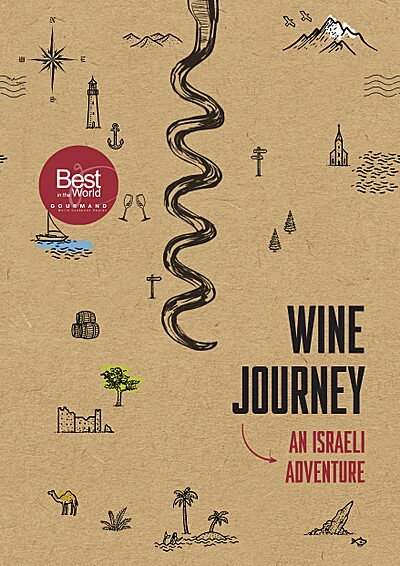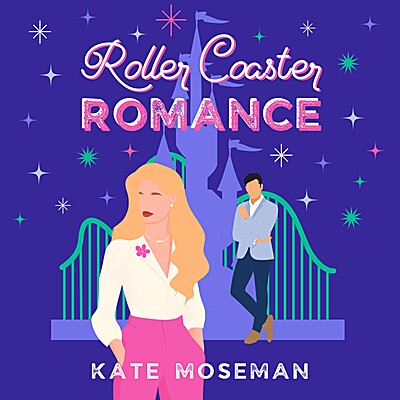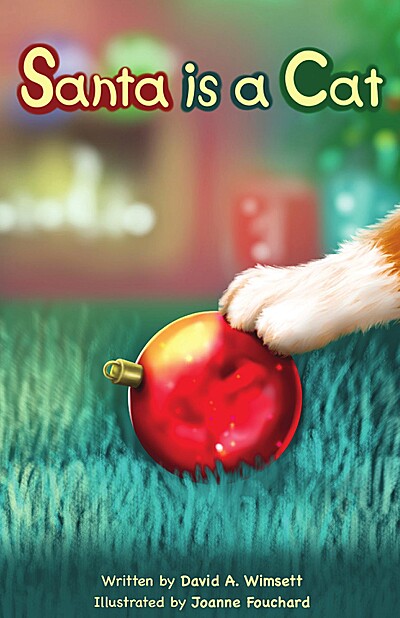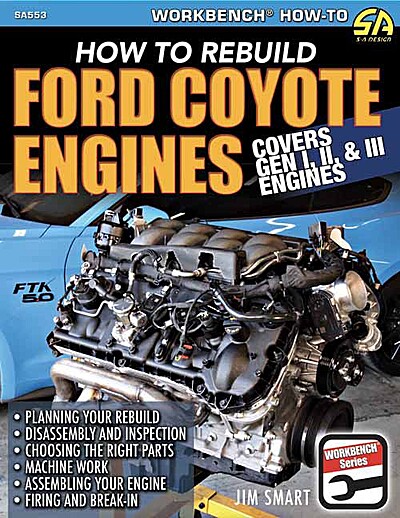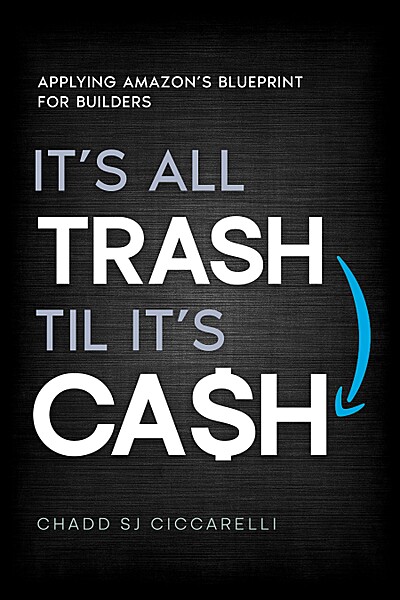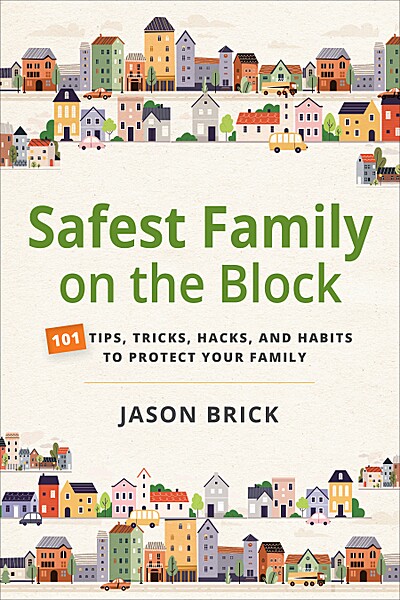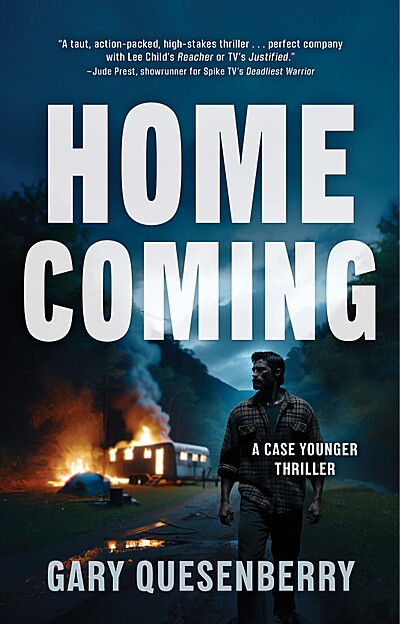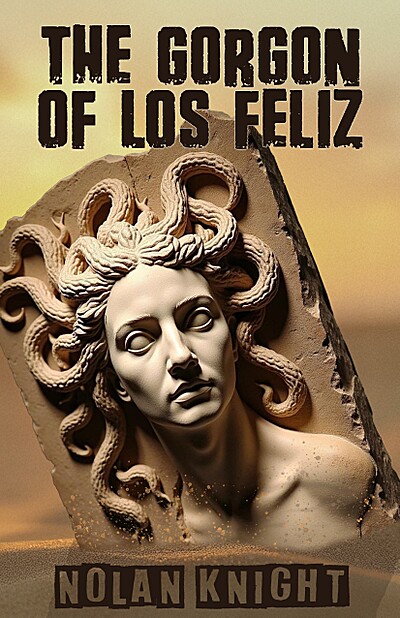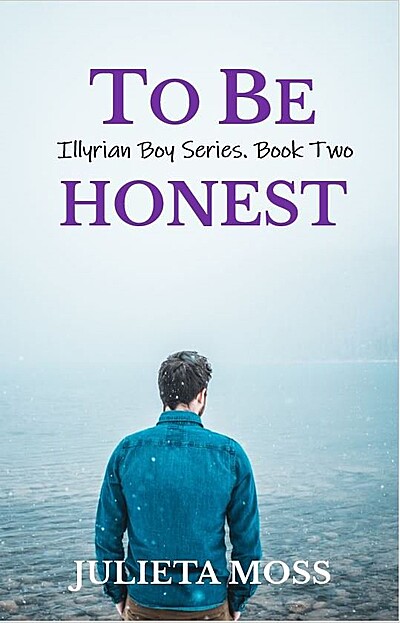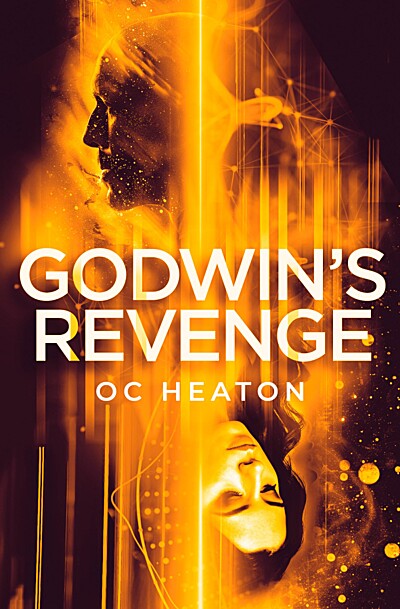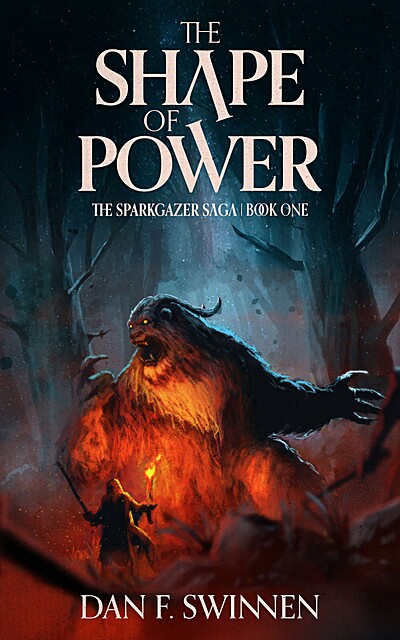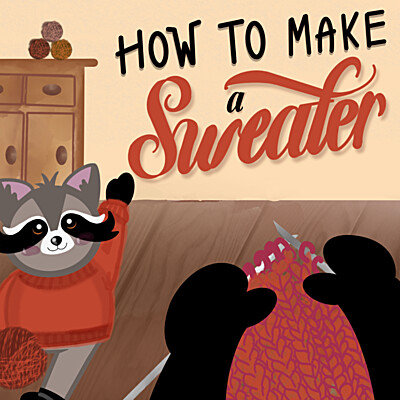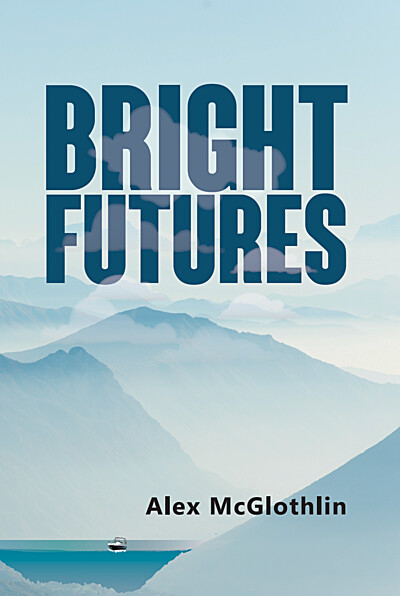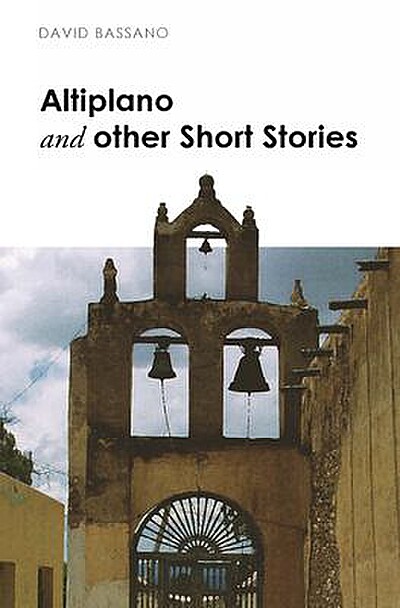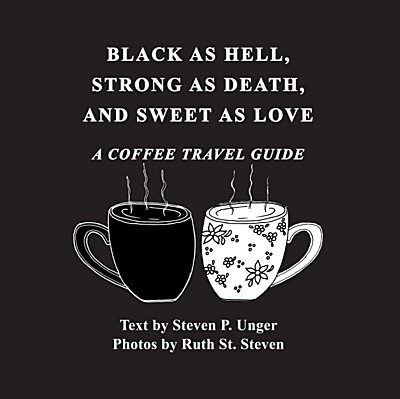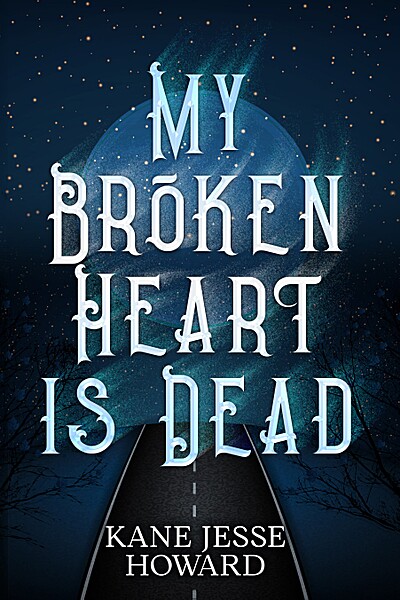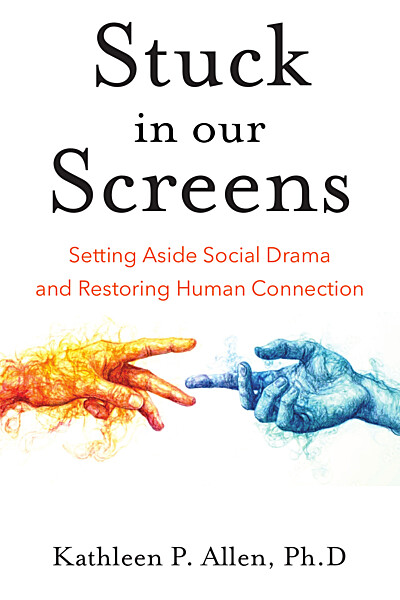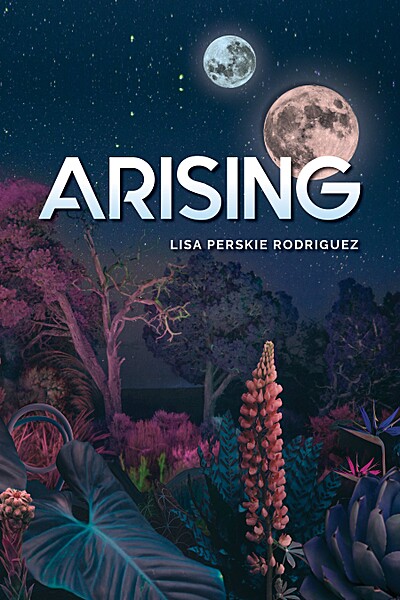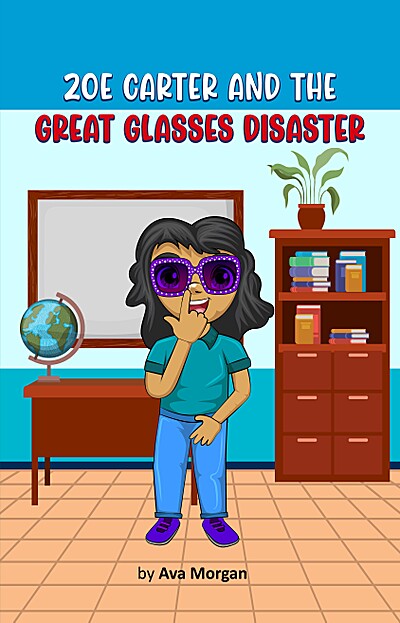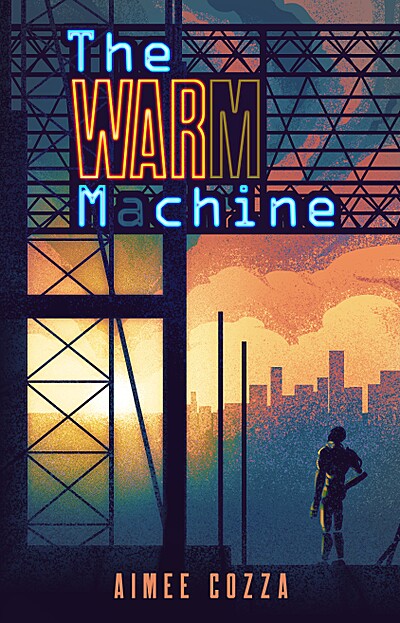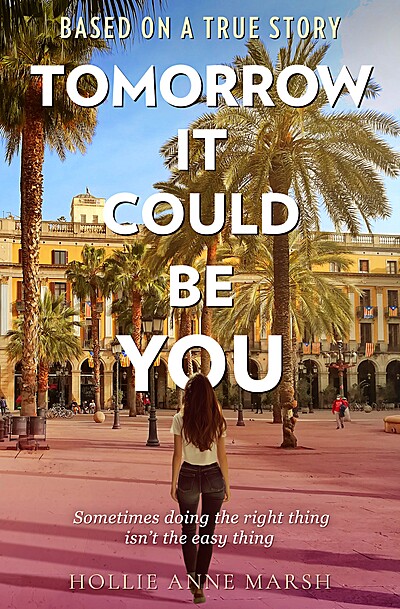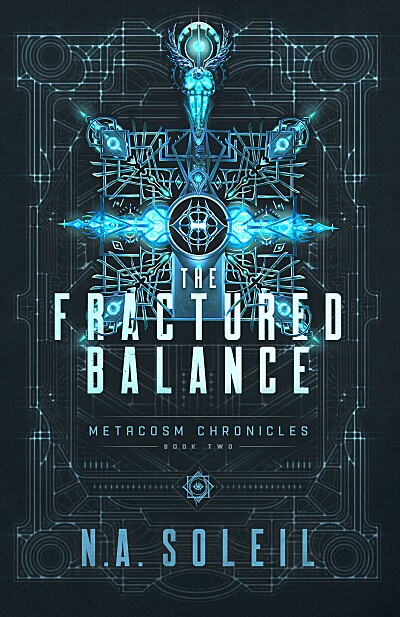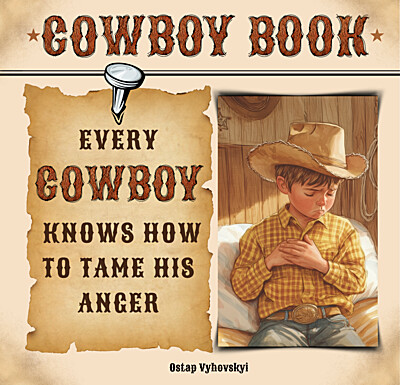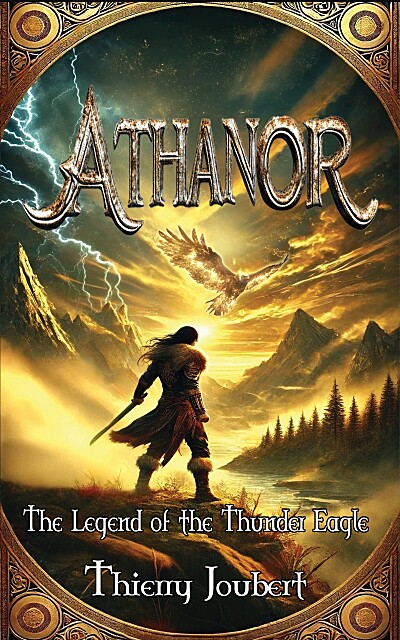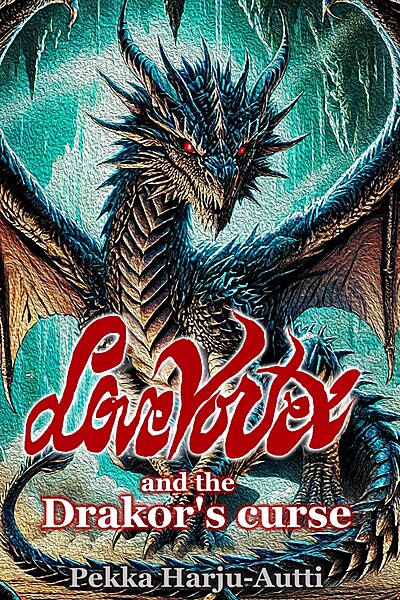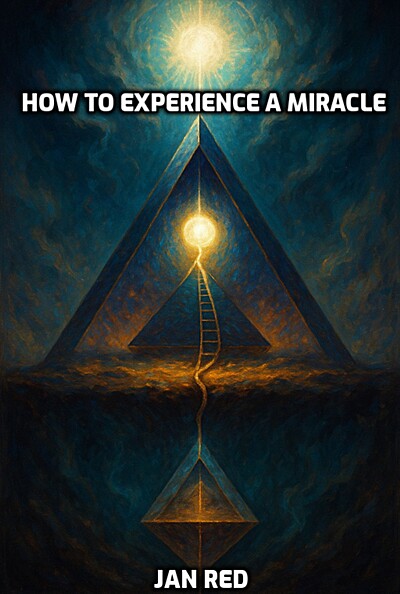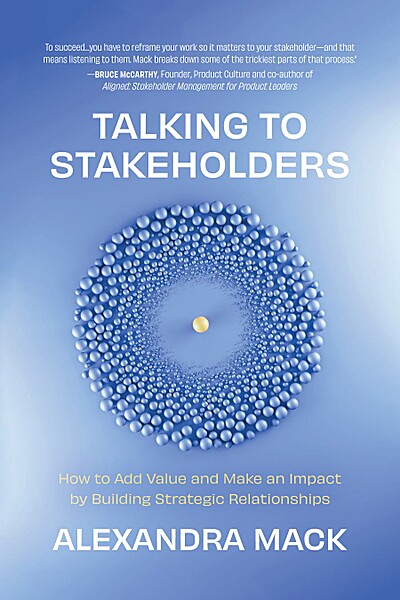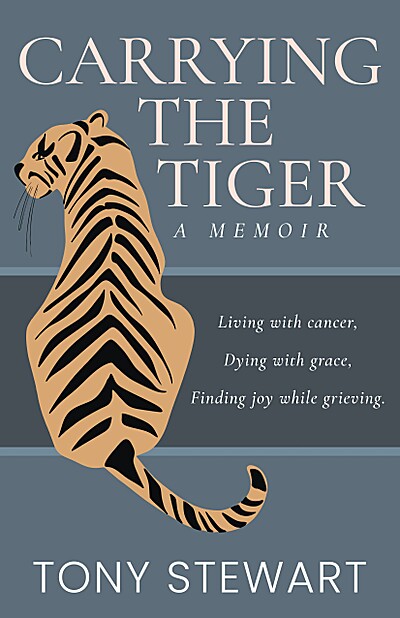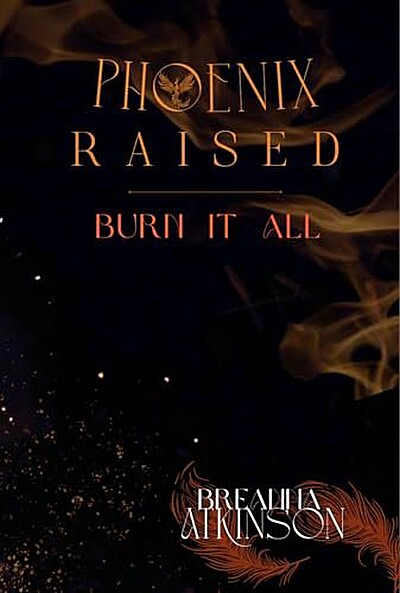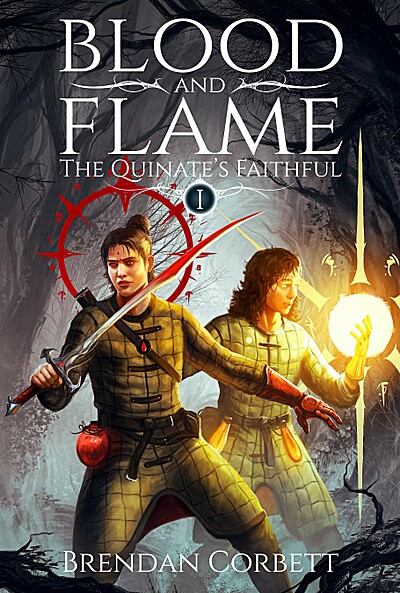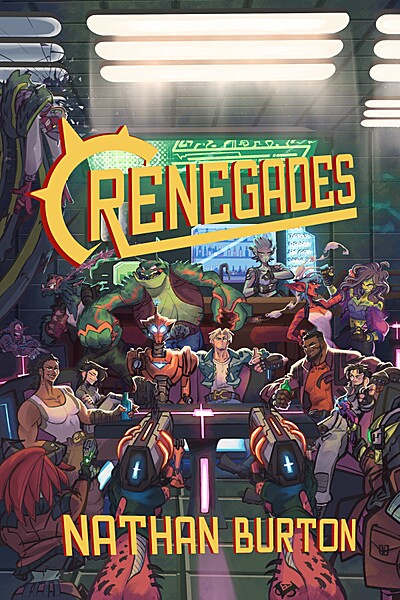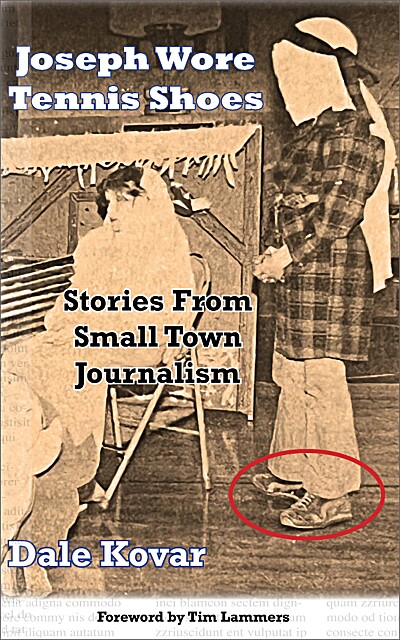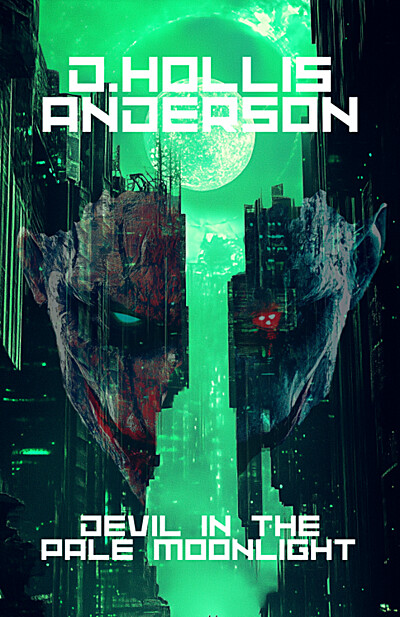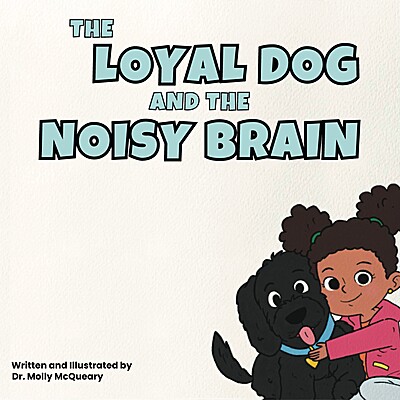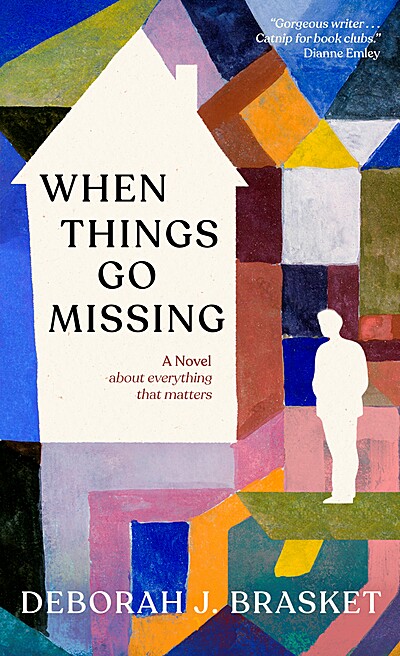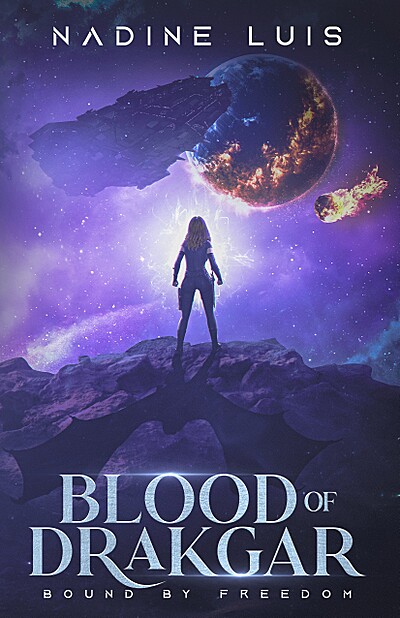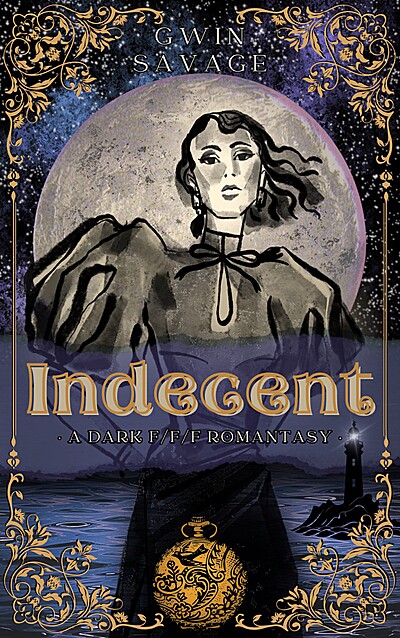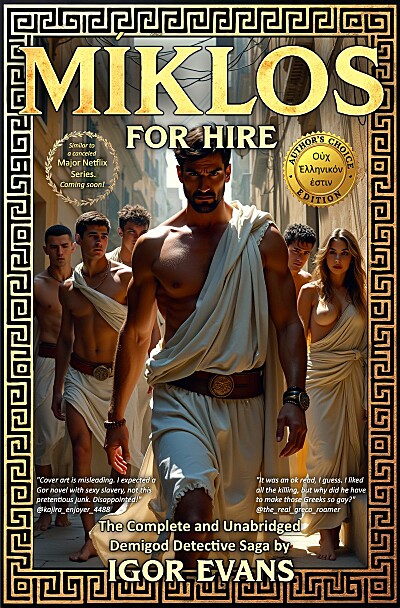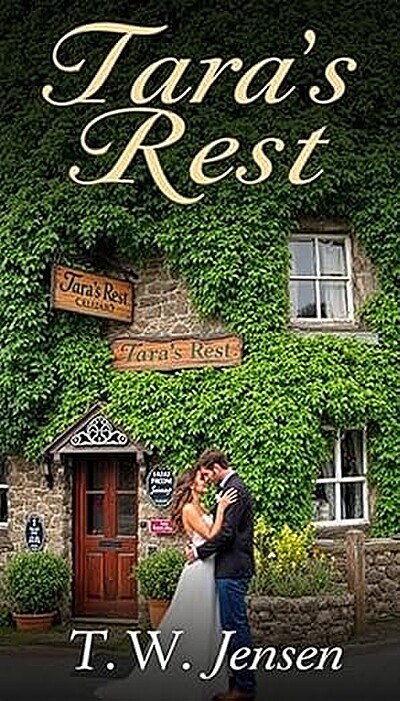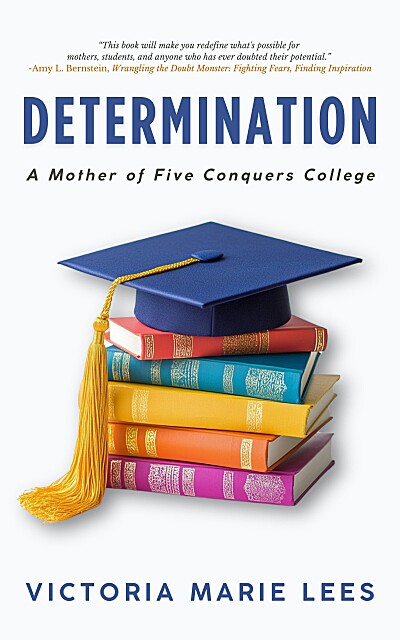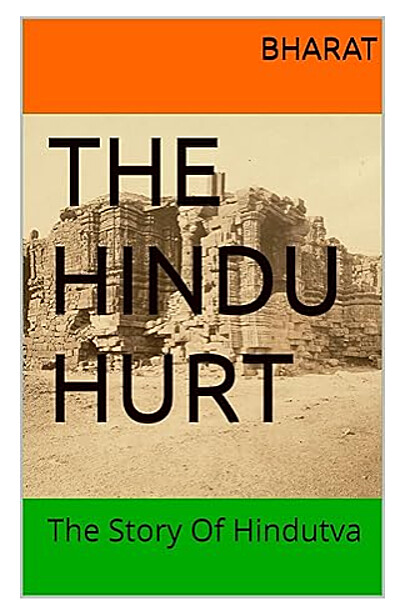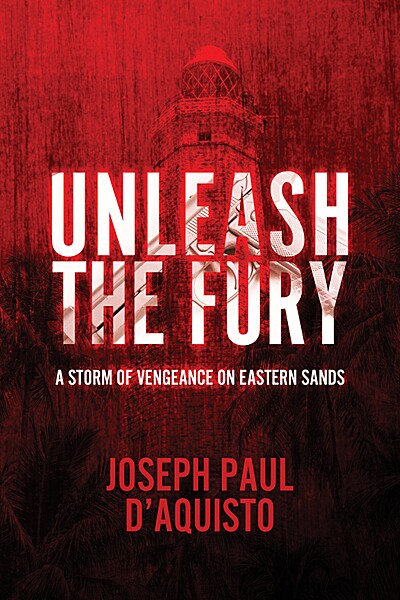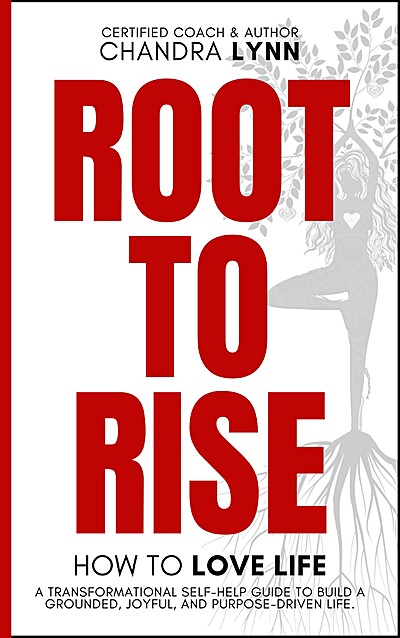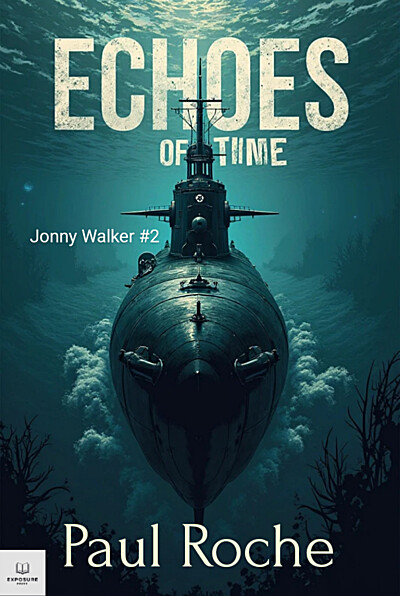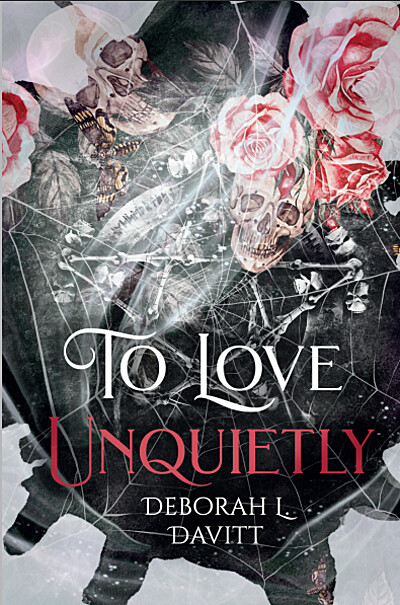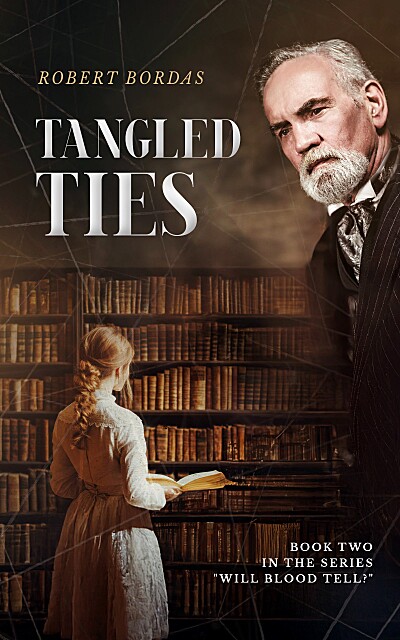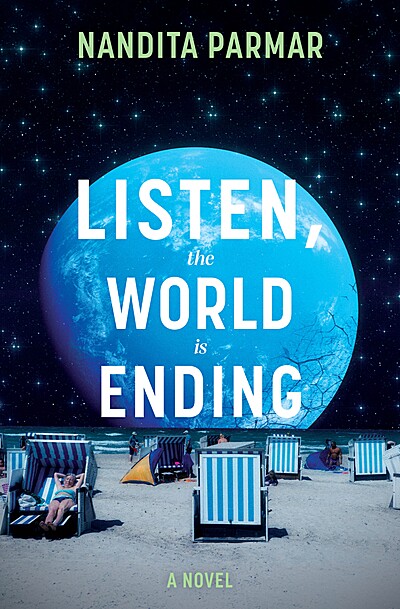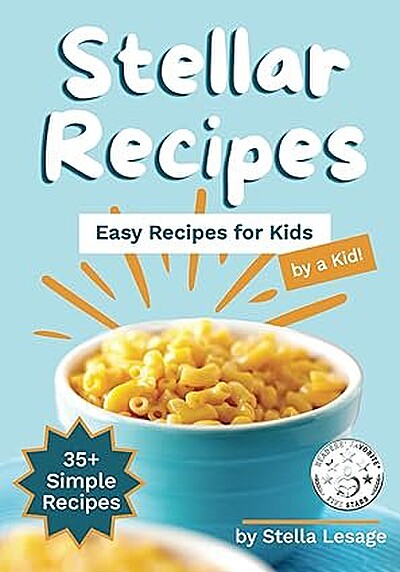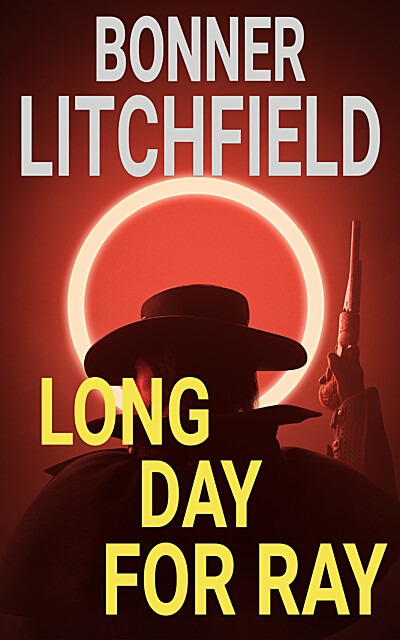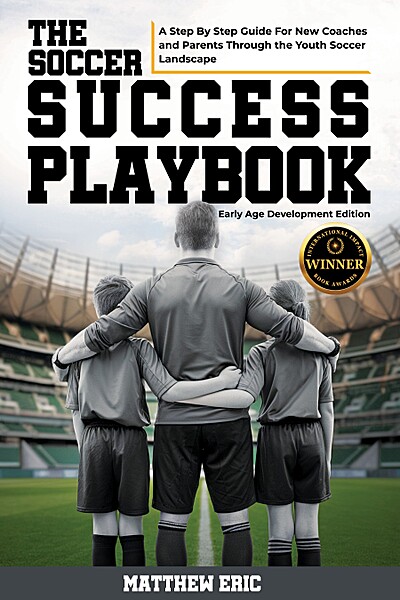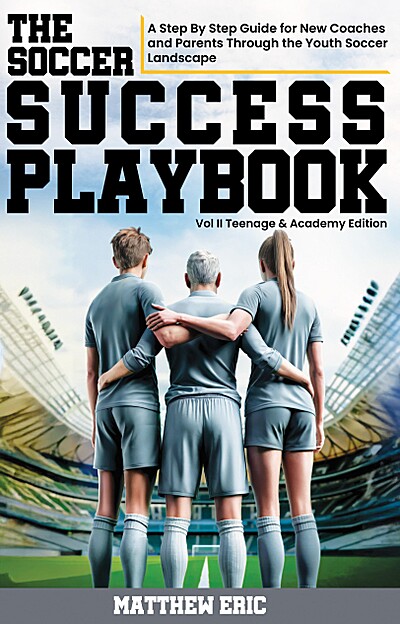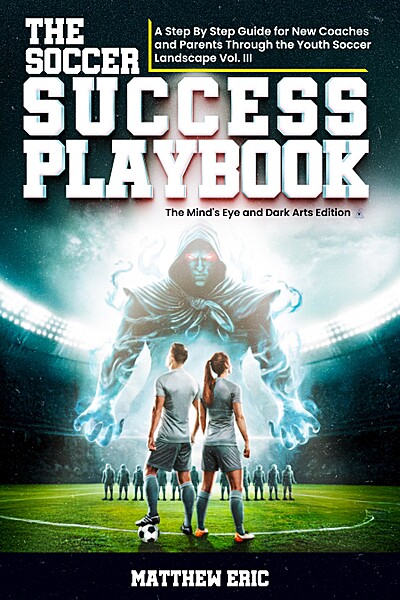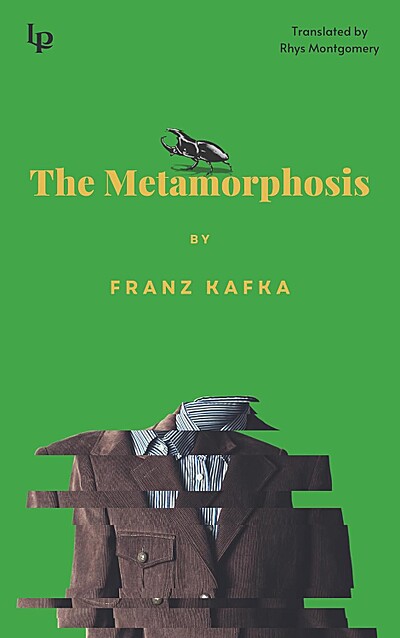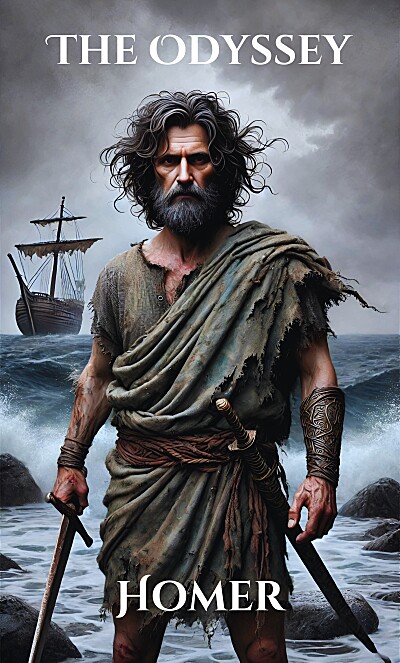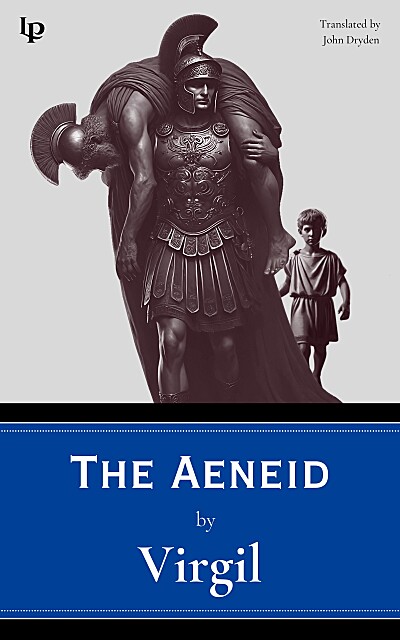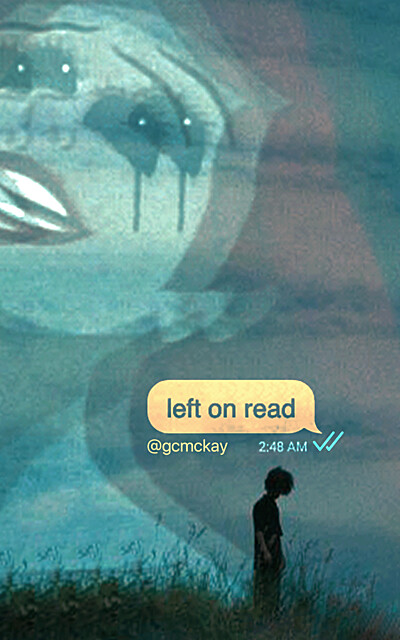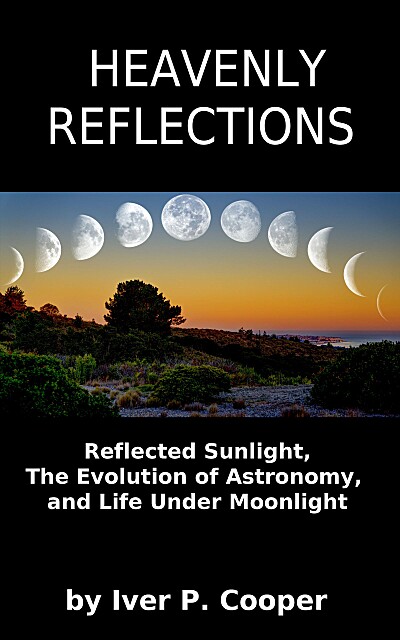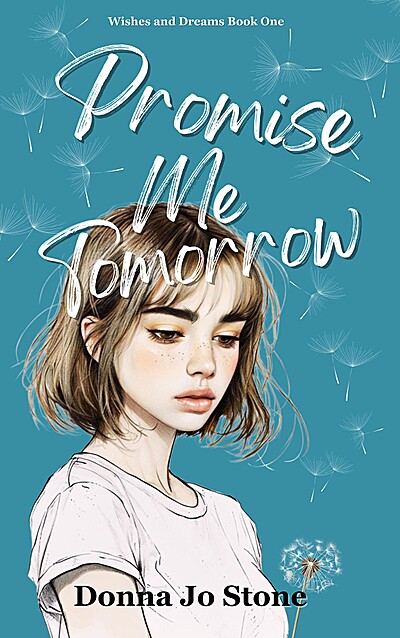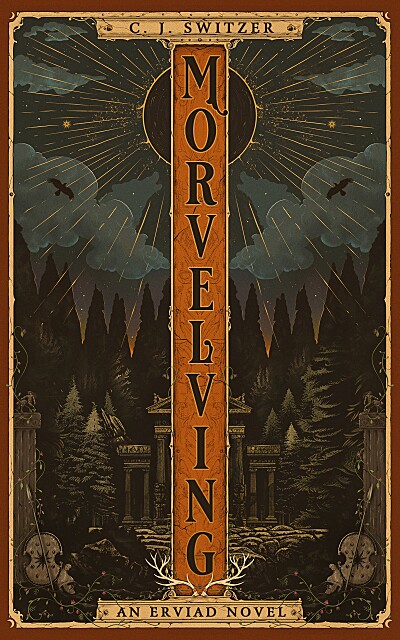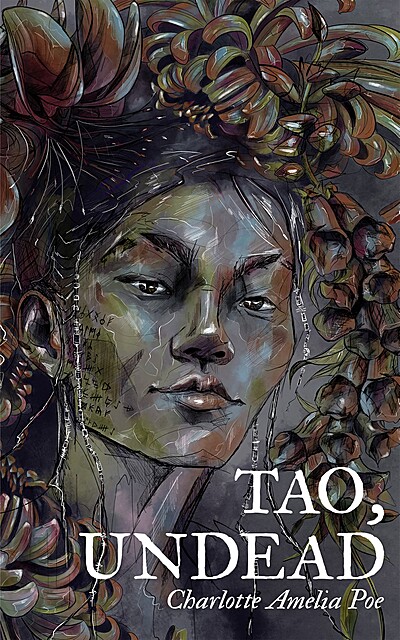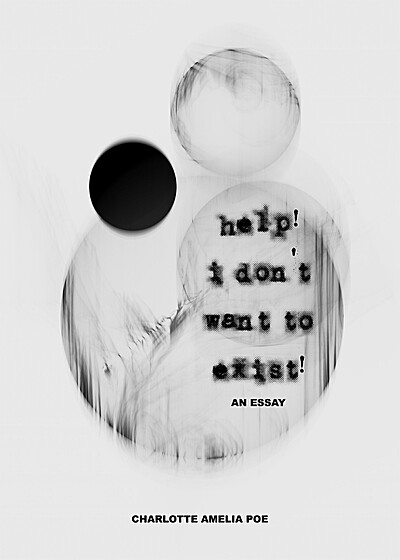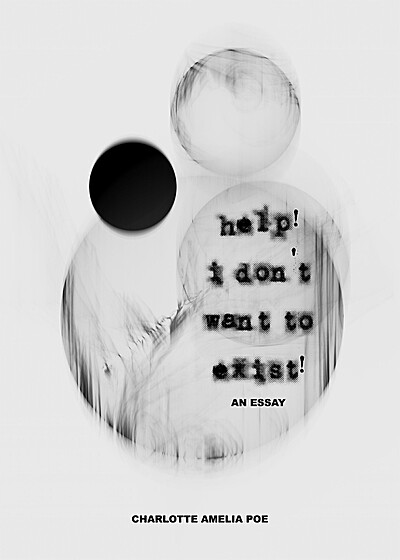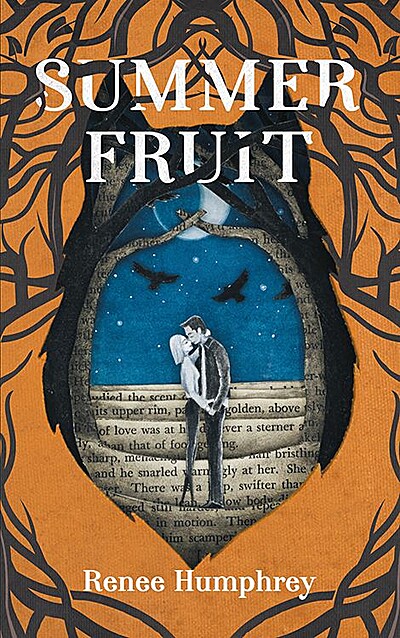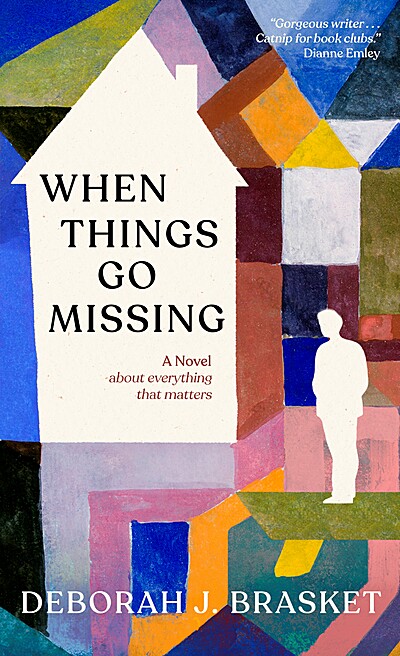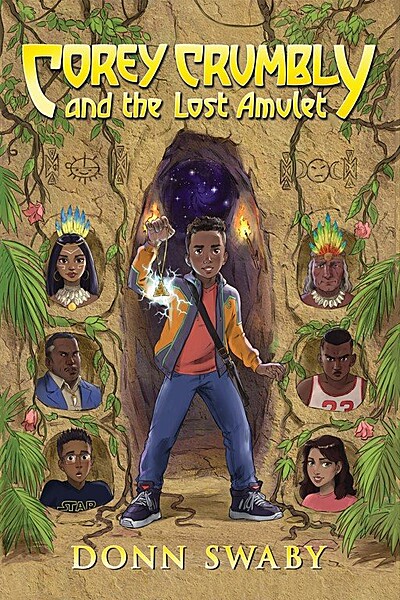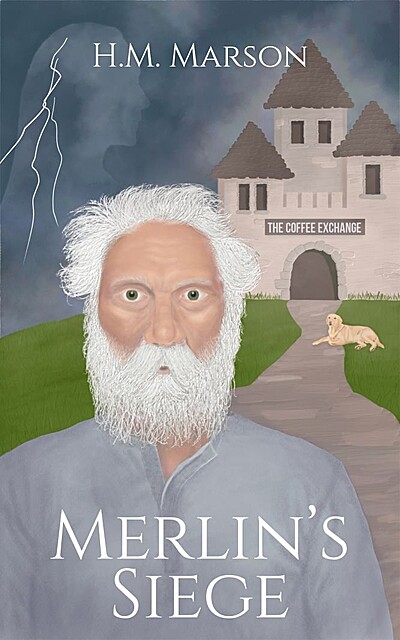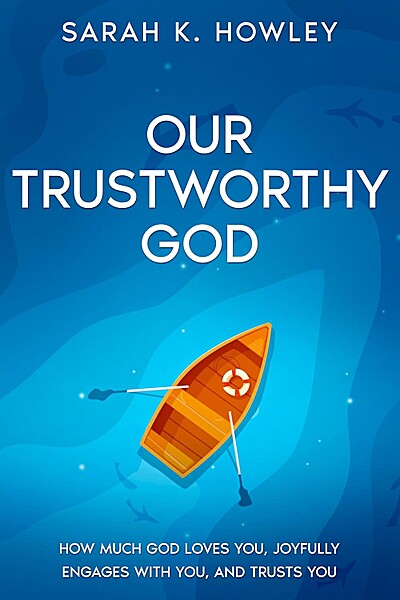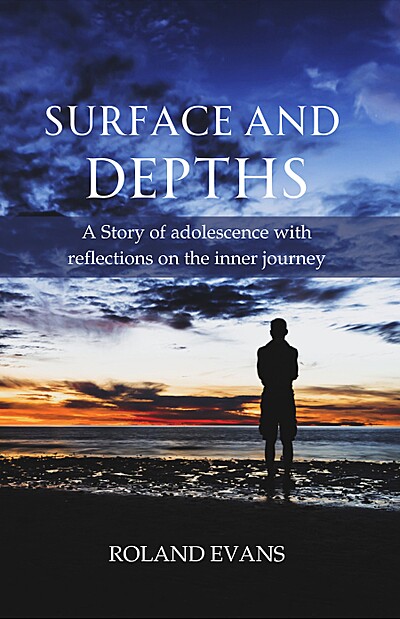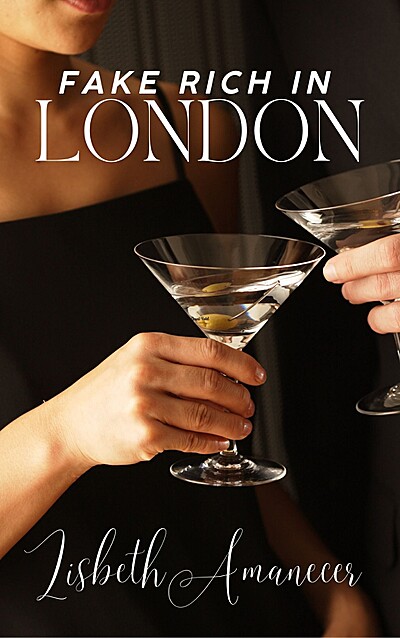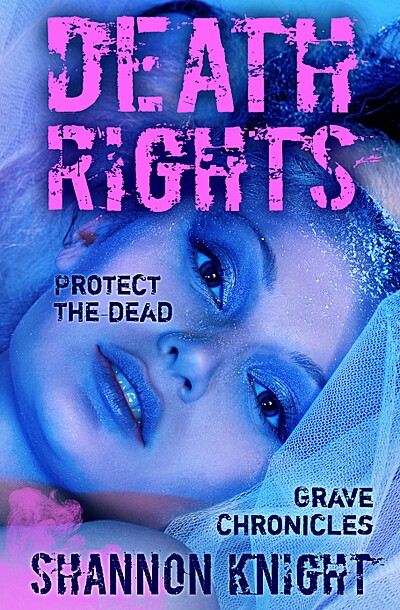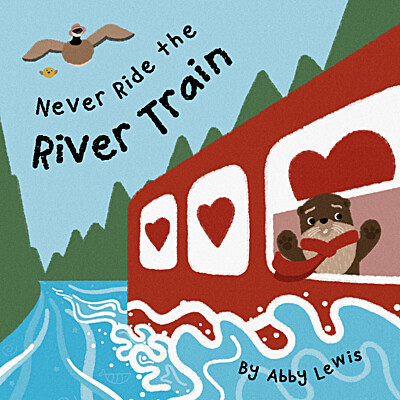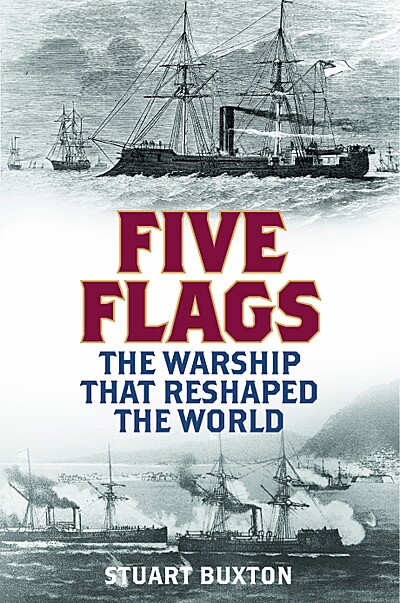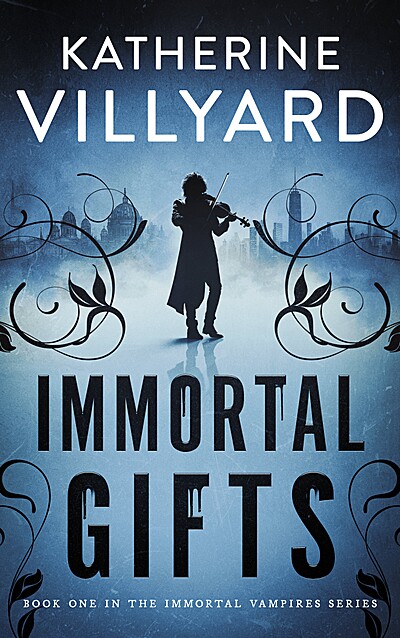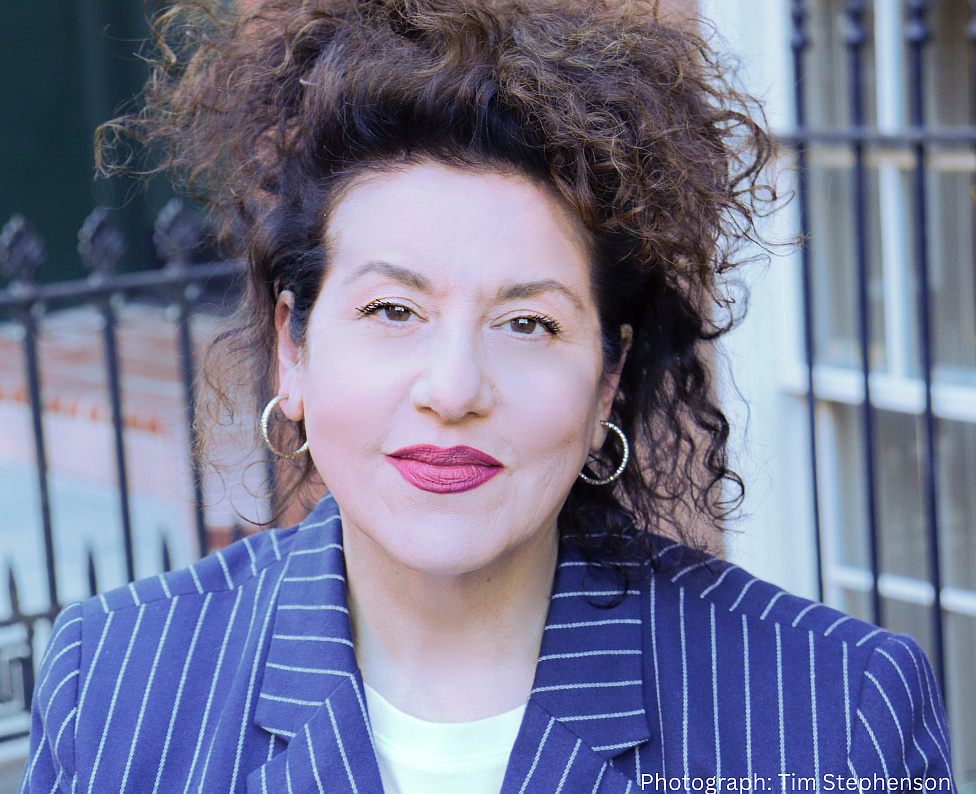
LibraryThing is pleased to sit down this month with bestselling author, screenwriter, producer, director, and podcast host Adriana Trigiani, described by USA Today as “one of the reigning queens of women’s fiction.” The author of twenty-one books, she made her debut in 2000 with Big Stone Gap, the first of a series of four novels set in Trigiani’s own Virginia hometown, which the author adapted and directed as a movie of the same name. Trigiani’s 2009 Very Valentine, the first of a trilogy, was adapted by its author as a Lifetime television film. Her books, including stand-alone bestsellers like Lucia, Lucia (2003) and The Shoemaker’s Wife (2012), have been published in thirty-eight countries. In addition to her novels for adults, Trigiani has published two young adult novels about a teen filmmaker—Viola in Reel Life (2009) and Viola in the Spotlight (2011)—a picture book for younger children—The House of Love (2021)—and a number of works of nonfiction, from Don’t Sing at the Table: Life Lessons from my Grandmothers (2010), a New York Times bestseller, to Cooking With My Sisters (2004). She is host of the podcast, You Are What You Read, and in 2023 she was knighted by President Sergio Mattarella of Italy with the Cavaliere dell’Ordine della Stella d’Italia.
Known to explore her Italian heritage in her work, her latest book, The View from Lake Como, due out from Dutton in early July and currently on offer as a giveaway through Early Reviewers, tells the story of an Italian American woman who travels to her ancestral home in Italy. Trigiani sat down with Abigail to answer some questions about her new book.
Since the release of your debut in 2000, you have produced close to one book per year, many of them bestsellers. Where do you get the ideas for your stories, and how did The View from Lake Como get its start?
My ideas always start with a notion or a story from my family. I’m from a big Italian family, with many branches and many colorful characters. My family is from three regions in Italy—and as you know, every region has its own stories, culture and point of view. The View from Lake Como is a modern retelling of my great grandmother Giuseppina Perin (on my paternal grandmother’s side). Giuseppina was from the Veneto, a proud Venetian. She died very young-of pleurisy at the age of 42. I only knew her through the stories told by my
grandmother and great aunts and uncles—and she always intrigued me. I study the few photographs of her and try to know her. When it came time to write the story, I didn’t want to write it in the past. I had written The Good Left Undone and was so immersed in history for so long, I thought I needed a lighter approach. Also, my great grandmother’s story lent itself to comedy—especially since my dad’s first cousin Monica showed up at a tour stop with my great grandmother’s shoes, hat, and purse—filled with treasures. I was off to the races.
Many have remarked on your exploration of your Italian heritage through the stories you tell. How has this shaped your work? Why is it important for you to explore this theme?
I think the great books, the ones that we remember, the ones that move us, have a feeling of personal resonance—emotion flowing through the words, a keen eye for the experience of the characters through the author’s lens—a specific story that could only be told by you. Or for that matter, me. My heritage is my super-power. The Italian American experience is rich, and yes, I hear the tropes and see the parodies, and all the yakking about the Mob, but the truth is, the Italian American tent is a big one. I wanted the stories of Italian immigration I shared to ring true and to inspire, to paint the America and the Italy through the eyes of my loved ones—and not just my own, your loved ones too. Italy, in a sense, is a feeling. There is a great longing for home. Of course, America is my home, but I find a serenity in Italy that I only experience there. This duality of feeling is worth exploring and writing about. Sometimes the stories involve courage, other times romance, the art of creating, of craftsmanship. I hope all of it has found its way into my novels. Richly told stories of home, set in history or in the moment are always interesting to me. I hope they are for the reader too.
There are two Lake Comos in your new book. Have you visited both of them? Did you have to do any research about either when writing the story, and if so, what was the most interesting thing you learned?
Yes, I think it was important to have spent lots of time in both Lake Como towns. My mother’s people are from the Lombardy region of Italy, north of Bergamo, in the Italian Alps. I set The Shoemaker’s Wife there. Lake Como is a short drive from my mother’s ancestral home. Lake Como is a magnet for me, and I try to get there every time I visit the Alps. I hope if you haven’t had a chance to visit it, you will someday. There is something about it that is soothing, peaceful and mysterious. It’s a place that shores you up. Now, Lake Como, New Jersey is beautiful too—and in that way that is uniquely American. Once called South Belmar, the residents were tired of being a dumping ground between Belmar and Spring Lake, so they changed their name! They became Lake Como, named after the lake in the town. I was so blown away by this research and realized that the story of the town and of the protagonist of the novel—Giuseppina Capodimonte Baratta Bilancia, 33, and living in her parents’ basement—is the same story. What happened to Giuseppina? How would she re-claim her life on her own terms? How could she find happiness and thrive? And how could Lake Como, New Jersey reclaim its glory and reinvent itself?
Has your work as a filmmaker influenced your writing? Do you find that you are a visual storyteller?
The adaptation of a novel is a completely different exercise than writing the book. I began as a playwright, then wrote television and film. The truth is the book helps more when I’m directing than the other way around. I don’t think about film when I’m writing a novel-and why would I? The imagination takes the writer anywhere, I’m not confined by the rules of cinema or a budget. As a novelist, I’m there to please the reader. I can take the reader anywhere, in any time in a good story. And, when the book is done, it can live in other forms and be dramatized—and I love doing it. I love when other artists adapt my work too. But writing a novel and writing a screenplay are separate enterprises, separate creative endeavors. Directing a film is another skill set entirely. But all three bring me enormous challenges and satisfaction—in wholly different ways.
Tell us a little bit about your writing process. Where and how do you write? Do you have a specific goal you set for each day, week or month?
I write seven days a week in a sunny room, when it’s sunny of course! For those who read this and love vacation or working less, I am in awe of you. I’m always thinking about something that has something to do with whatever I’m writing. I don’t know how else to do it. I like the intensity and embrace it. I love a deadline. I like the feeling of being responsible to a calendar. It pushes me forward. The writing process is one thing, you’re alone in the dark, creating a world where there was none, and the rewriting is the wrangling—making the storytelling smooth. The hardest job in the world is to create a simple, effortless read. It helps to have a sense of humor! I appreciate this question and the opportunity to say, I am lucky and blessed to write for a living—and there isn’t a day or an hour that goes by that I am not grateful for the opportunity to do the work I love. The reader has given me this gift, and in honor of her, I use my time wisely. I am also grateful to my editor and publisher. There are so many more books to write!
What’s next for you? Do you have more novels or other books in the works? Do you think you’ll adapt The View from Lake
Como for film or television?
I hope so! I’m working on a new novel and hope to have it finished in time to write and direct The View from Lake Como. I’m excited about the possibilities of this book adapted to the screen.
Tell us about your library. What’s on your own shelves?
My husband is handy, and I thank God for him. He built a library in our old house in Greenwich Village that accommodates close to 2000 books. Throughout the house, you’ll find more books—and we estimate close to 4,000 in total. I have a pretty extensive cookbook collection-including How to Cook a Wolf. Over the years, I have collected books, some signed, a couple of rare ones, a lot of biographies, autobiographies, history, the books my parents loved, the books my grandparents enjoyed, novels, and even children’s books. When I hold a book, it’s a living art form. Within the covers of a book is everything, a world, a point of view, characters that speak to me, and essential knowledge that makes me look the world with new eyes. As one goes on in life—looking at things with new eyes becomes important. There are even times that we need that new point of view in order to survive. I have an extensive coffee table book collection—because sometimes, images the size of postage stamps are not enough. You do realize that someday there will be no postage stamps so that reference will not make any sense to the person who stumbles upon this interview. When I am building a world of characters, I need those images—some I return to time and again. I’m inspired by the great artists—and their world view. There are days when only Mario Buatta, the decorator, or Louise Dahl-Wolfe, the photographer, or Orson Welles, the filmmaker or Cy Twombly the painter, for example, can push me forward. Books are my refuge, but they are also my hope.
What have you been reading lately, and what would you recommend to other readers?
I am lucky to read for the You Are What You Read podcast, and I hope you are enjoying those conversations. Lately, I have been on a non-fiction bender, reading the memoirs of E.A. Hanks, Graydon Carter, Keith McNally and Peter Wolf. There is something in each of these memoirs for everyone—if you’re interested in mother daughter relationships, the heyday of magazines, the story of an unlikely restauranteur or a rock idol in the shark infested waters of the music business, there’s a summer read in there for everybody. The library remains the most exciting place on earth to me, and our librarians, the stewards of knowledge. You are my everything! I don’t think it gets any better than that—and that’s coming from the daughter of a librarian. Thank you all and thank you for inviting me to share these thoughts.


